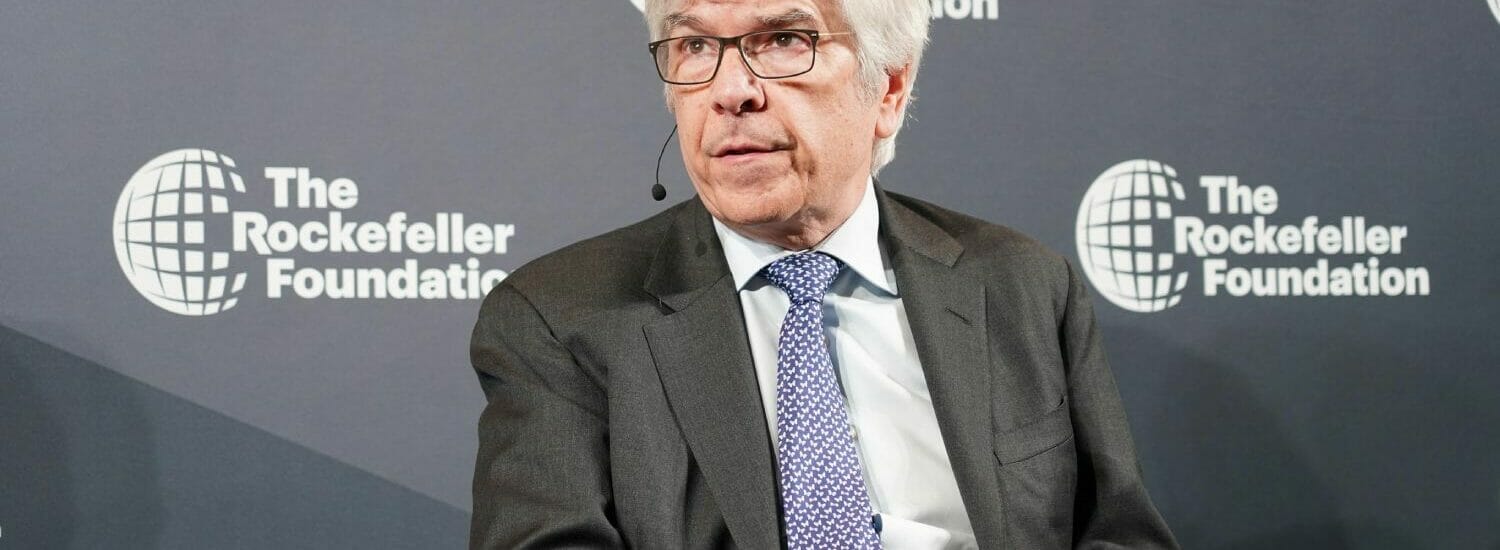
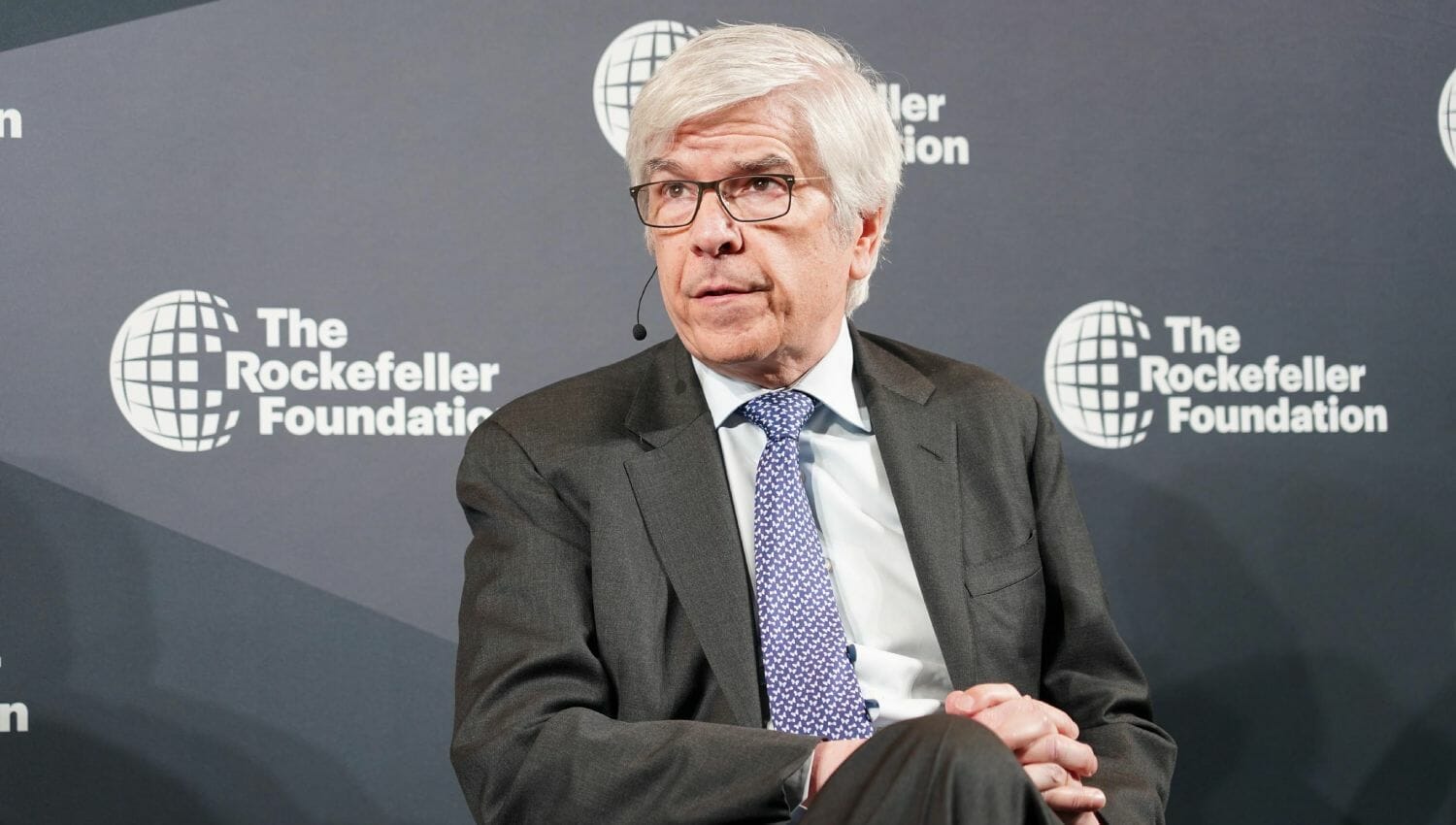
Speakers
& Advisors
Paul Romer
Nobel Laureate Economist
Photo credit: © Ralph Alswang
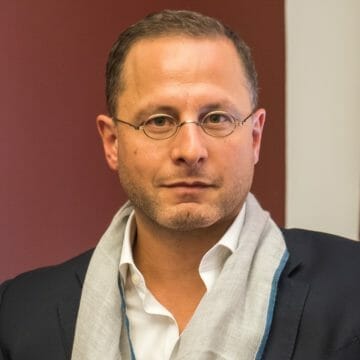
Foremost Authority on Geopolitical Trends Affecting Businesses, Economies, Supply Chains and Social Structures; Transformative Strategist and Advisor Helping Leaders Position Their Organizations for a Sustainable Future; Former Director, Davis Center for Russian and Eurasian Studies; Award-winning Professor of International Management, Harvard Business School

Pioneering Robotics Researcher Focused on Deconstructing Algorithms to Make Robot Processes Clear Through Explainable AI; Expert on Developing Socially and Physically Assistive Machines That Improve Lives; Foremost Expert on Human-Centered Robotics and Human-Robot Collaboration; Director, Human and Robot Partners (HARP) Lab and Associate Professor, Robotics Institute, Carnegie Mellon University

Award-Winning Designer and Expert on Combining Design, Technology and Behavioral Science to Create Innovative Products, Services and Experiences; Unrivaled Authority on Innovation Leadership, Product Desirability and Outside-the-Box Design Thinking; Founder, The Desirability Lab; Principal, Ames Studio; Professor of Practice and Executive Director, Joint Master of Arts in Design Engineering (MADE) Program, Brown University and RISD
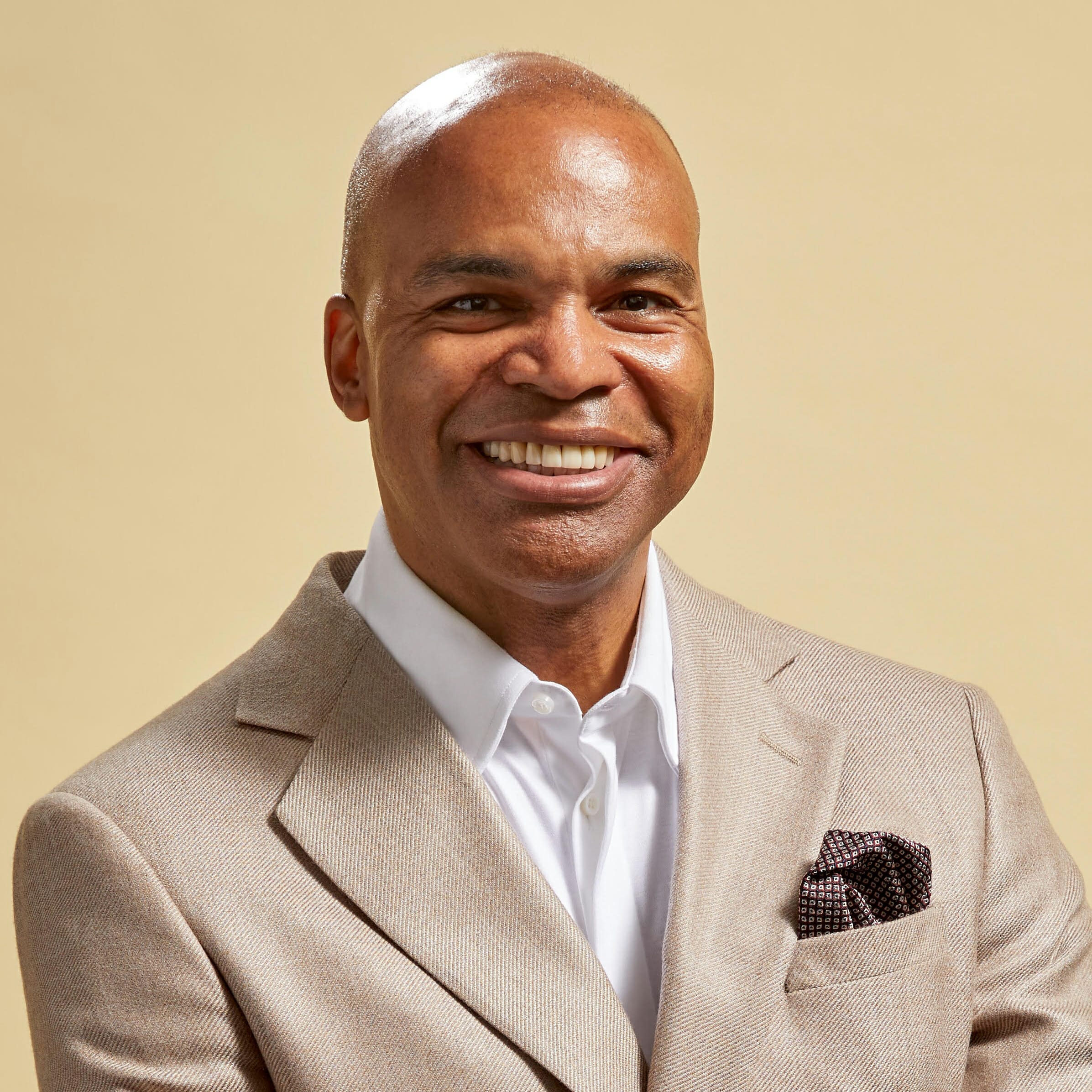
Transformative, Inspirational Leader and Educator Focused on Helping Organizations Build Collaborative, Inclusive and Purpose-Driven Teams That Consistently Achieve Goals; Multi-Award-Winning Harvard Men’s Basketball Head Coach; Co-Chair, The John McLendon Minority Leadership Initiative; NCAA Champion for Diversity and Inclusion Honoree; Executive Fellow, Harvard Business School; Hauser Leader, Harvard Kennedy School

Leading Expert on Digital Strategy, Media and Entertainment Strategy, Corporate Strategy and Organizational Change; Incoming Dean, NYU School of Business; Vice Provost for Advances in Learning, Harvard University; Senior Associate Dean of Harvard Business School Online; Author, “The Content Trap” (2016)
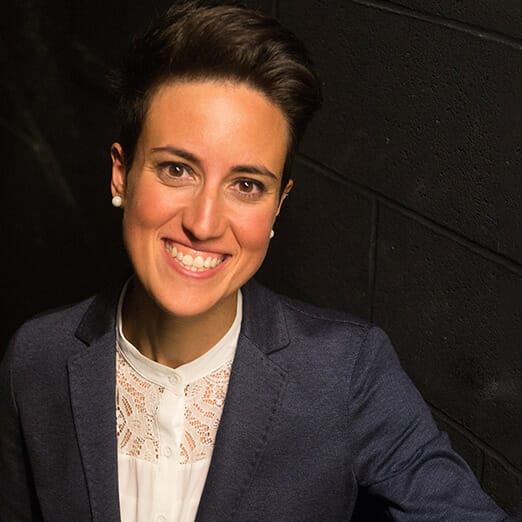
Award-Winning Behavioral Scientist Helping Organizations Build Resilience, Trust and Deeper Connections with Employees, Customers and Teams; Marketing Expert Uncovering and Leveraging Underlying Psychological Insights to Translate Human Behavior into Business Strategy; Director, MBA Program in International Business and Associate Professor of Marketing, Vrije Universiteit Amsterdam
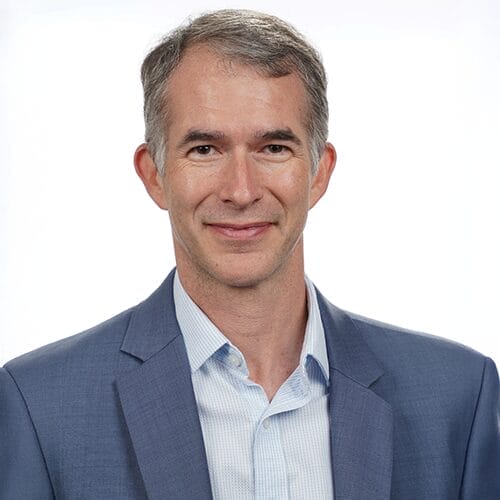
Globally Recognized Expert on the Adaptive Challenges of Disruptive Change Who Helps Organizations Thrive in Today’s Constantly Evolving World; Clinical Professor of Strategy, Dartmouth Tuck School of Business; Senior Advisor and Managing Partner Emeritus, Innosight; Ranked Four Times as One of the Most Influential Management Thinkers in the World and 2017 Innovation Award Winner, Thinkers50; Author of Nine Books Including “Epic Disruptions” (Sept 2025), “Eat, Sleep, Innovate” (2020) and “Dual Transformation” (2017)
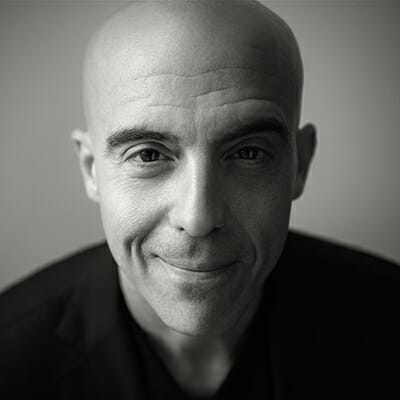
Global Authority on Business Analytics and How Information Spreads Through Social Networks; MIT Professor of Management, Marketing, IT and Data Science; Award-Winning Scientist, Entrepreneur and Venture Capitalist; Director, MIT Initiative on the Digital Economy and MIT Social Analytics Lab; Founding Partner, Manifest Capital; Award-Winning Author, “The Hype Machine” (2020); Winner, Thinkers50 2021 Digital Thinking Award and Named Among the Top 50 Management Thinkers in the World in 2023 and 2021
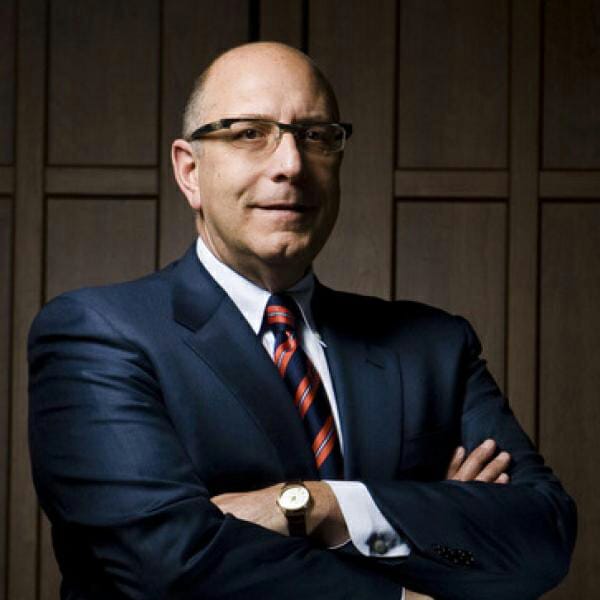
Global Corporate Communication Pioneer and Management Authority Who Helps Leaders Develop and Execute Strategy, Manage Crises, and Create Corporate Responsibility Initiatives; Professor of Corporate Communication and Leadership and Strategic Impact Program Faculty Director, Dartmouth Tuck School of Business; Author, “Corporate Communication” and “Corporate Responsibility”

Evidence-Based Behavioral Economist and Field Researcher Helping Organizations Improve Workforce Performance and Employee Satisfaction by Evaluating the Impact of Policies, Practices and Incentives; Pioneering Authority on the Concept of Altruistic Capital; Expert on Gender Economics, Family Economics, Diversity and Inclusion, and Workplace Dynamics; Inaugural Director of Research, Marshall Institute; Co-Director, Psychology and Economics Program, STICERD; Founding Director of the Altruistic Capital Lab and Professor of Economics, London School of Economics
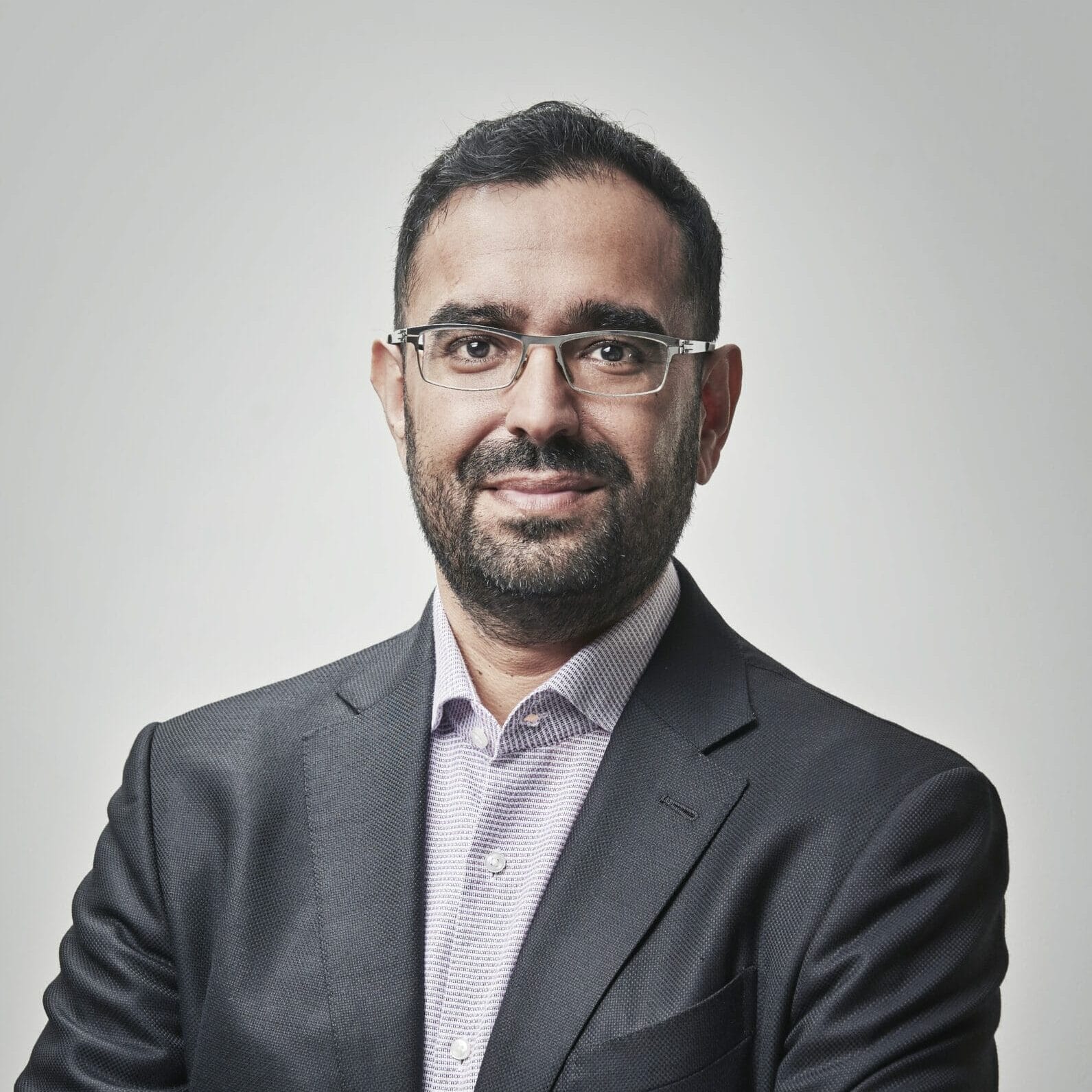
Global Futurist, Exponential Thinker and Expert Investor; Founder, Exponential View; Visiting Fellow, Oxford Martin School; Executive Fellow, Harvard Business School; Digital Fellow, Stanford Digital Economy Lab; Host, “Exponentially,” Bloomberg TV; Co-Chair, Global Futures Council on Complex Risks, World Economic Forum; Award-Winning, Bestselling Author, “The Exponential Age”; Named one of Vox’s 2023 Future Perfect 50
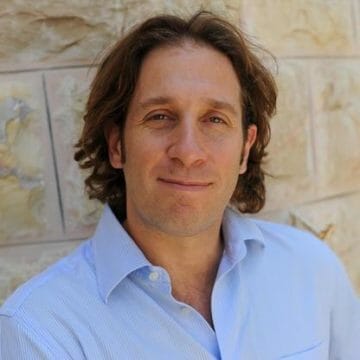
Virtual Reality Pioneer and Leading Authority on Immersive Technologies That Are Reshaping Business and Society; Expert on VR and AR Tools That Improve Workplace Training and Culture and Prepare Companies for the Future of Work; Cognitive Psychologist; Founding Director, Virtual Human Interaction Lab, Stanford University; Co-Founder, STRIVR; Author, “Experience on Demand” (2018)
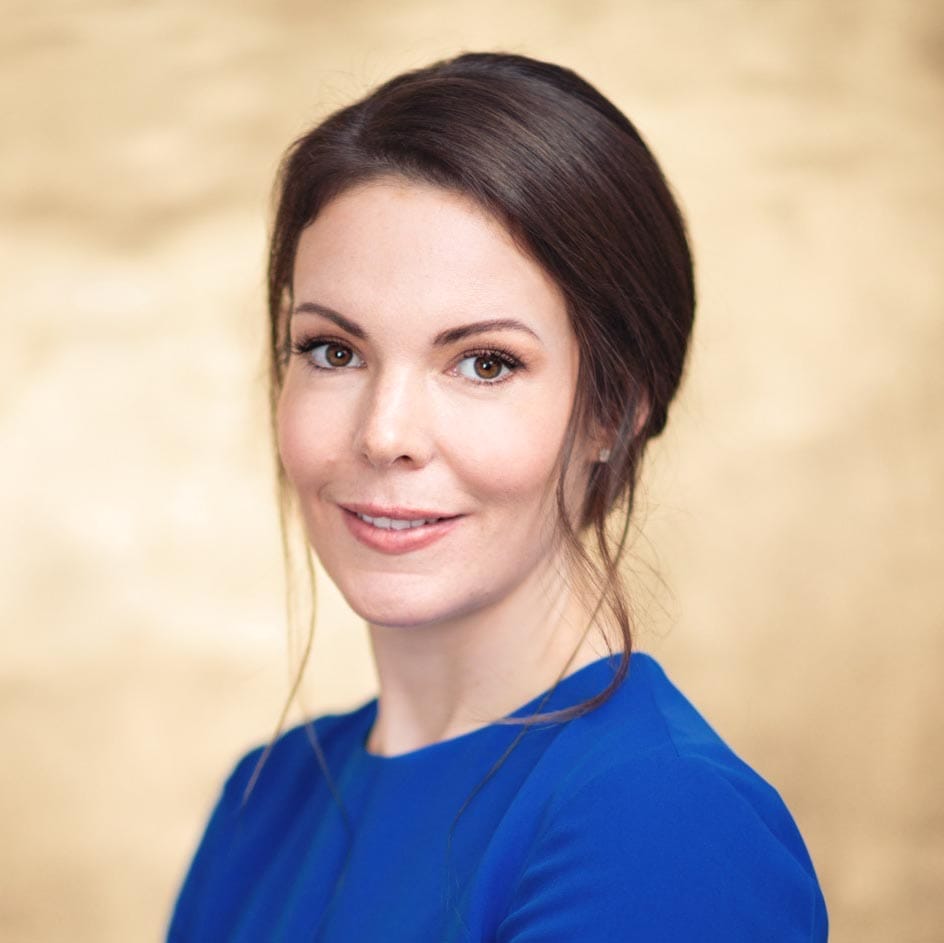
Highly Accomplished Business Transformation Leader Helping Organizations Marry Their Technology Roadmaps with People and Process Programs; Internationally Sought Advisor Helping Executives Develop Businesses that Move Fast, Change Often and Grow Rapidly; Chief Customer Officer, Generative AI GTM, Google; Former Leader of Special Programs and Executive Engagements, Canadian Leadership Team, Google

Global Authority on Leadership, Power, and Organizational Behavior Helping Change Makers Successfully Initiate and Implement Business Transformation; Professor of Business Administration in the Organizational Behavior Unit, Harvard Business School; Professor of Social Innovation, Harvard Kennedy School; Founder and Faculty Chair, Social Innovation + Change Initiative; Award-Winning Co-Author, “Power, for All: How It Works and Why It’s Everyone’s Business” (2021) and “Democratize Work: The Case for Reorganizing the Economy” (May 2022)
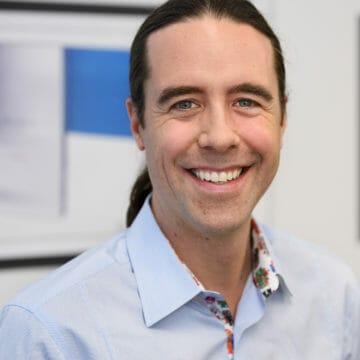
Human Robot Interaction Pioneer and Leading Expert on the Future of Work and Skill Development Involving Intelligent Machines; Thinkers50 Radar Class of 2021; Technology Management Professor, University of California, Santa Barbara; Digital Fellow, Stanford University Digital Economy Lab and MIT’s Initiative on the Digital Economy; Author, “The Skill Code”
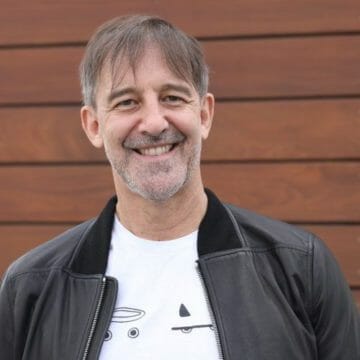
Digital Marketing and E-Commerce Pioneer Who Helps Businesses Create Effective Go-To-Market Strategies for Today’s Online/Offline and Omnichannel World; Expert on Consumer Behavior and the Future of Retail; Disruptive Startup Mentor and Investor; Bestselling Author, “Location Is (Still) Everything”; Co-Founder, Idea Farm Ventures
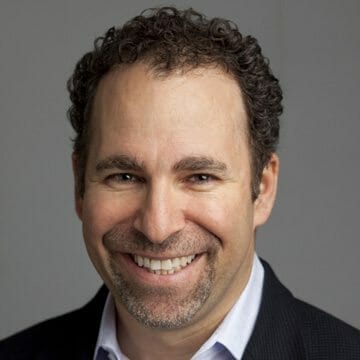
Health Care Futurist, Telehealth Pioneer and Primary Care Physician at the Forefront of Automating and Virtualizing Care; Leading Authority on Designing and Executing Innovative Tech-Based Care Redesign; Founder and CEO, KeyCare; Editor-in-Chief, Telehealth and Medicine Today
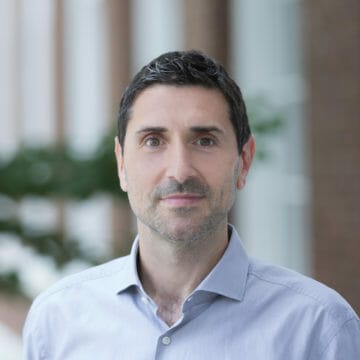
Foremost Authority on Strategies That Build and Sustain Revenue; Leading Expert on Creating and Sharing Value with Customers; Co-Author, “The Ends Game: How Smart Companies Stop Selling Products and Start Delivering Value” (2020); Professor of Marketing and Director of Open Executive Programs, Esade; Senior Advisor, Globalpraxis; Former Senior Advisor, Boston Consulting Group

Authority on Refugees and Human Migration; Professor of Forced Migration and International Affairs, University of Oxford; Local and Global Engagement Officer, University of Oxford; Director, Refugee Studies Centre and Refugee Economies; Author, “Refuge”
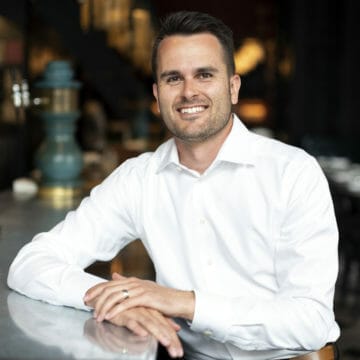
World’s Foremost Expert on Upskilling, the Future of Credentials and Equitable Workplace Learning Initiatives; Leading Authority on Future-Proofing Companies and Their Employees; Co-Founder & Executive Chairman, Degreed; Co-Founder, Learn In; Co-Author, “The Expertise Economy” (2018)
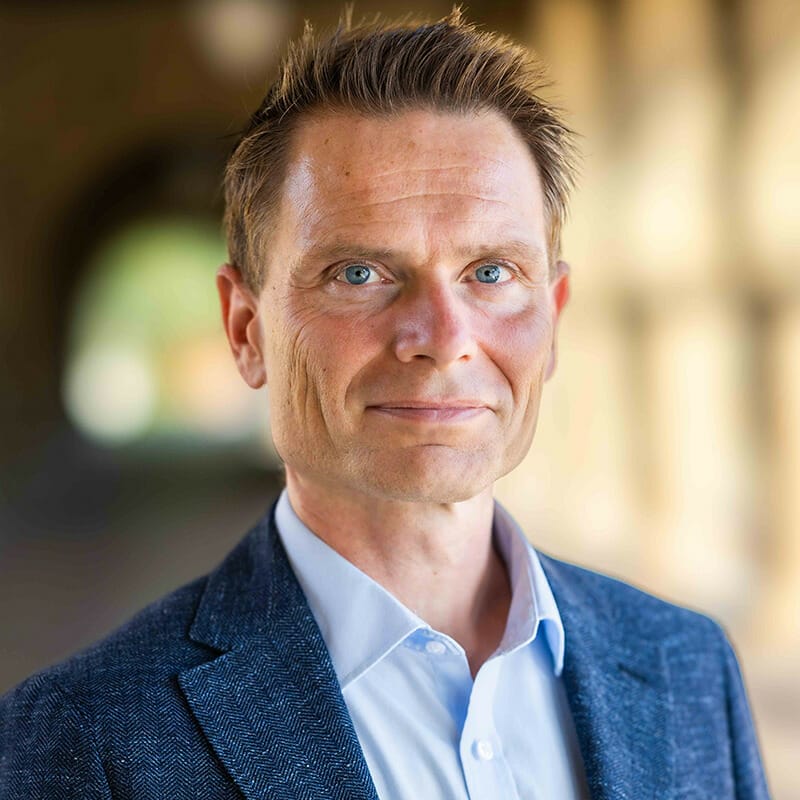
Renowned Global Economist Who Guides Fiscal Decisions Around Management Practices and Workplace Models, Particularly in Times of Uncertainty; Authority on Remote and Hybrid Work Models and the Future of Work; Professor of Economics, Stanford University; Professor, by Courtesy, Stanford Graduate School of Business; Co-director, Productivity, Innovation and Entrepreneurship Program, National Bureau of Economic Research; Senior Fellow, Centre for Economic Performance; Named to the 2022 Forbes Future of Work 50 list and 2022 Bloomberg 50 List
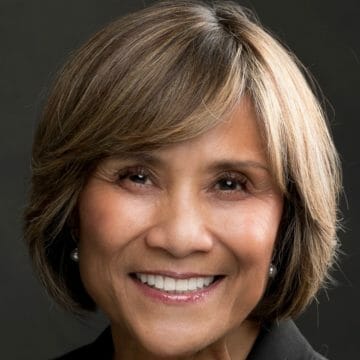
Changemaker and Trailblazer in Genuine Leadership, Medicine, and Public Health; Retired Vice Admiral, U.S. Navy; Former Chief Health Officer, Viking Cruises; Senior Fellow, Johns Hopkins Applied Physics Laboratory; Founder, Military Health Corps Female Physicians Leadership Course; Former CEO and Director, Defense Health Agency; Former Director, Washington State Covid-19 Health System Response Team
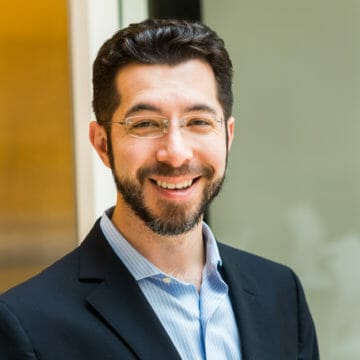
Pioneering Bioscientist and Innovator; Expert on Leading Teams Where Few Rules or Precedents Exist; Neuroengineer Focused on Mapping the Brain to Cure Mental Illness and Neurological Disorders; Professor, MIT McGovern Institute for Brain Research and Howard Hughes Medical Institute; Co-Director, K. Lisa Yang Center for Bionics; Co-Founder, Cognito Therapeutics

Trailblazing Thought Leader Redefining What’s Possible in the Age of AI and Digital Transformation; Experienced Silicon Valley and Middle East Business Executive Helping Shape the Future of Cities, Businesses, and Individuals; Captivating Storyteller and Visionary Thinker Who Inspires Audiences to Embrace Innovation, Unlock Hidden Potential, and Take Bold Leaps Into the Future; Chief Executive Officer, TONOMUS, a NEOM Company; Author, “Questioneering” and Co-Author, “You to the Power of Two” (2025)
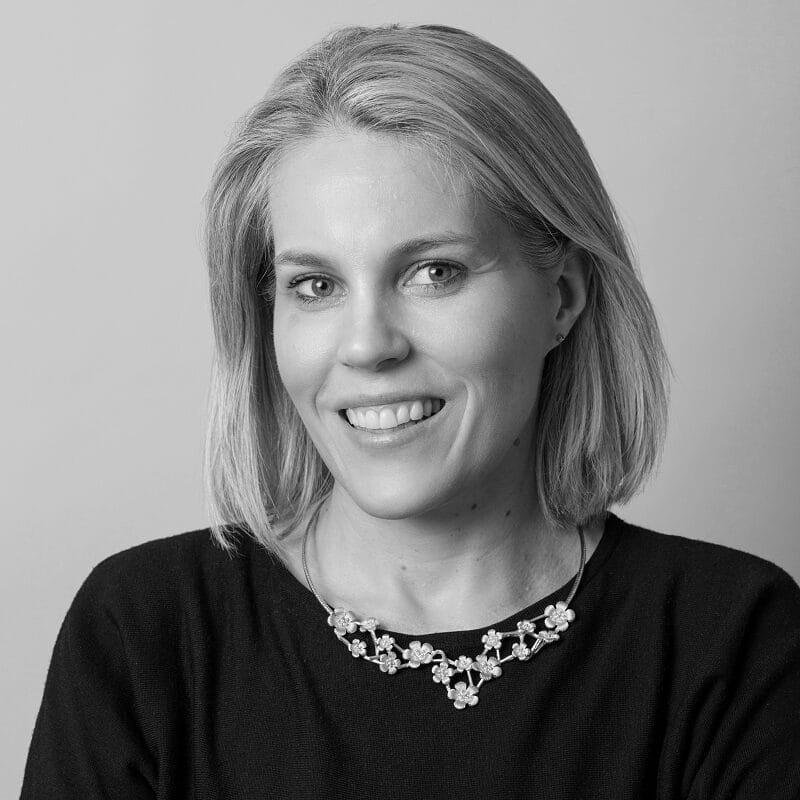
Experienced Global Media Leader Renowned for Sustainable Brand Transformation; CEO and Publisher, MIT Technology Review; Former Senior Executive, The Economist Group
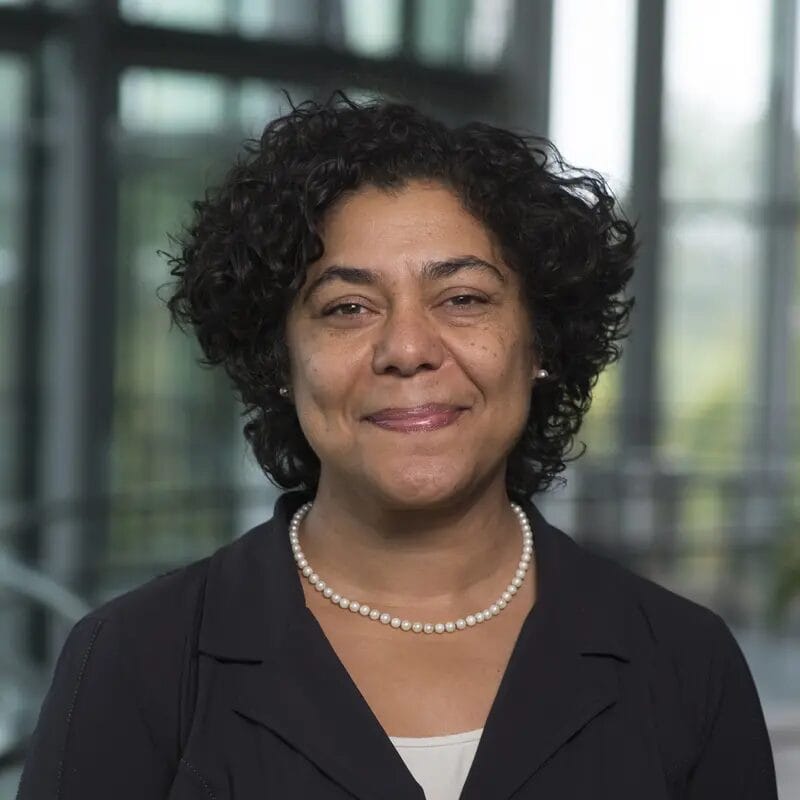
Pioneer of “Everyday Leadership” for Fostering Courageous and Motivated Organizational Communities; Global Authority on Culture Change Focused on Individual and Collective Leadership Effectiveness; Director of the Program for the Practice of Everyday Leadership, Founding Director of the Leadership Development Program, Advisor to Senior Teams on Organizational Dynamics, and Senior Lecturer in Organizational Behavior, Yale School of Management; Lecturer, Yale Law School
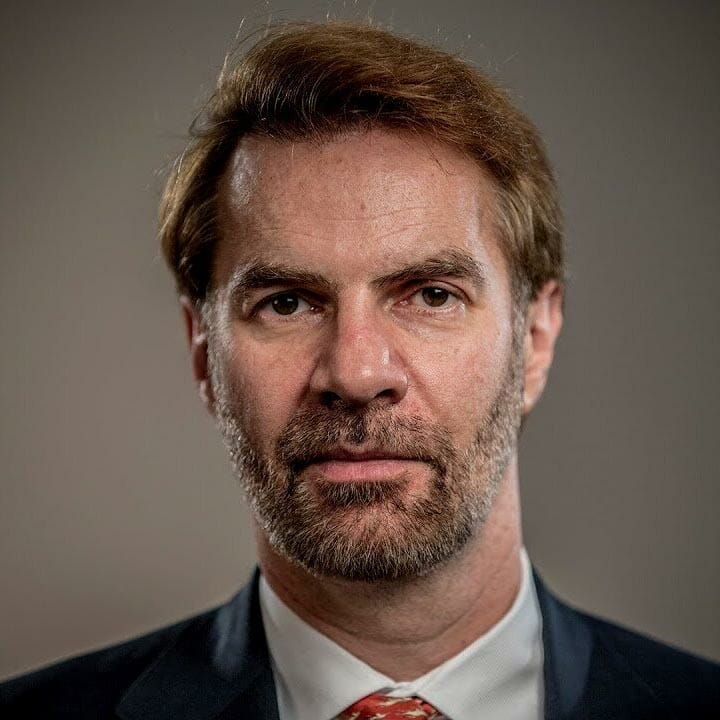
Foremost Authority on Generative AI and the Future of Work; Leading Expert on Technology’s Effect on Business Strategy, Productivity, Performance, Digital Commerce and Intangible Assets; NY Times Bestselling Co-Author, “The Second Machine Age” and “Machine, Platform, Crowd”; Economist, Professor and Senior Fellow, Stanford Institute for Human-Centered AI (HAI); Director, Stanford Digital Economy Lab; Senior Fellow, Stanford Institute for Economic Policy Research (SIEPR); Research Associate, National Bureau of Economic Research; Co-Founder, Workhelix, Inc; Named Among the Top 50 Management Thinkers in the World in 2021 and 2023, Thinkers50

Award-Winning Educator, Entrepreneur and Leader Who Helps People Cultivate Courage, Spark Change and Make an Impact Wherever They Go; Executive Director, Berkeley Haas Global Access Program; Lecturer, UC Berkeley Haas School of Business, School of Public Health and College of Natural Resources; Founder, StartSomeGood; Author, “Becoming a Changemaker”

Leading Authority on the Future of Work in the Age of Artificial Intelligence; Recognized Expert on Remote and Hybrid Work; Trusted Advisor on Managing Older Workers Who Was Named a Top 50 Influencer on Aging; Executive Educator on Human Resource Management, Public Policy Related to Employment, and Talent and Performance Management; Award-Winning Author, “The Future of the Office” (2021) and “Our Least Important Asset” (2023); Professor and Director of the Wharton School’s Center for Human Resources, University of Pennsylvania
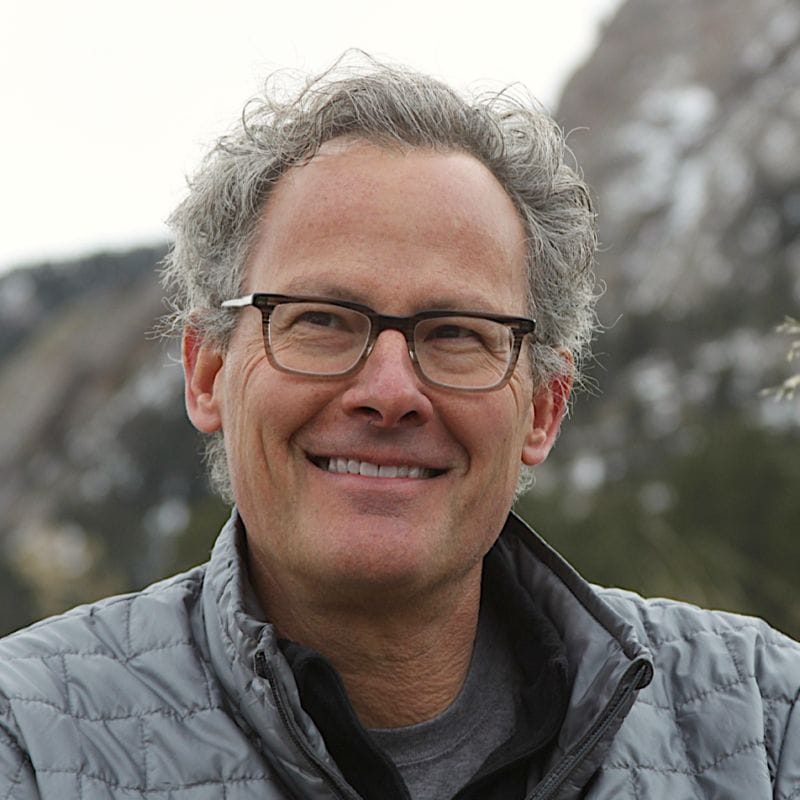
Award-Winning Author, Sociologist and Researcher Who Offers Illuminating and Provocative Insights on Technology’s Effects on Our Thoughts, Skills and Lives; New York Times Bestselling Author, “The Shallows” (2011 Pulitzer Prize Finalist), “The Glass Cage” (2015) and “Superbloom” (2025); Former Executive Editor, Harvard Business Review; Visiting Professor of Sociology, Williams College

Leading Economic Policy Adviser Shaping Modern Conservative Thought and the Future of Capitalism by Advocating for Policies Prioritizing Family, Community and Industry; Influential Public Commentator Helping Leaders Understand the Values and Priorities of Americans and the Challenges in Modern American Life; Founder and Chief Economist, American Compass; Contributing Opinion Writer, New York Times; Contributing Editor, Financial Times; Author, “Understanding America” Newsletter; Author, “The Once and Future Worker” (2018); Domestic Policy Director for Governor Mitt Romney’s 2012 Presidential Campaign; Former Senior Fellow, Manhattan Institute for Policy Research

Renowned Data Architect and Legal Scholar Helping Executives Make Better, More Inclusive Decisions for Themselves and Their Organizations; Award-Winning Expert on Behavioral and Data Science, Big Data & AI, Race & Gender and Leadership Strategy; Chair, Leadership Research Initiative For Women and Minority Attorneys, Harvard Law School; Senior Research Fellow, Harvard Center on the Legal Profession; Affiliated Faculty, Harvard Kennedy School Women and Public Policy Program; Author, “Diversity Dividend” (September 2023)

Expert on Persuasion and Decision-Making; Leverages Behavioral Economics to Help People & Do Business Better; Professor, Yale School of Management; Bestselling Author, “Influence is Your Superpower” (2022)
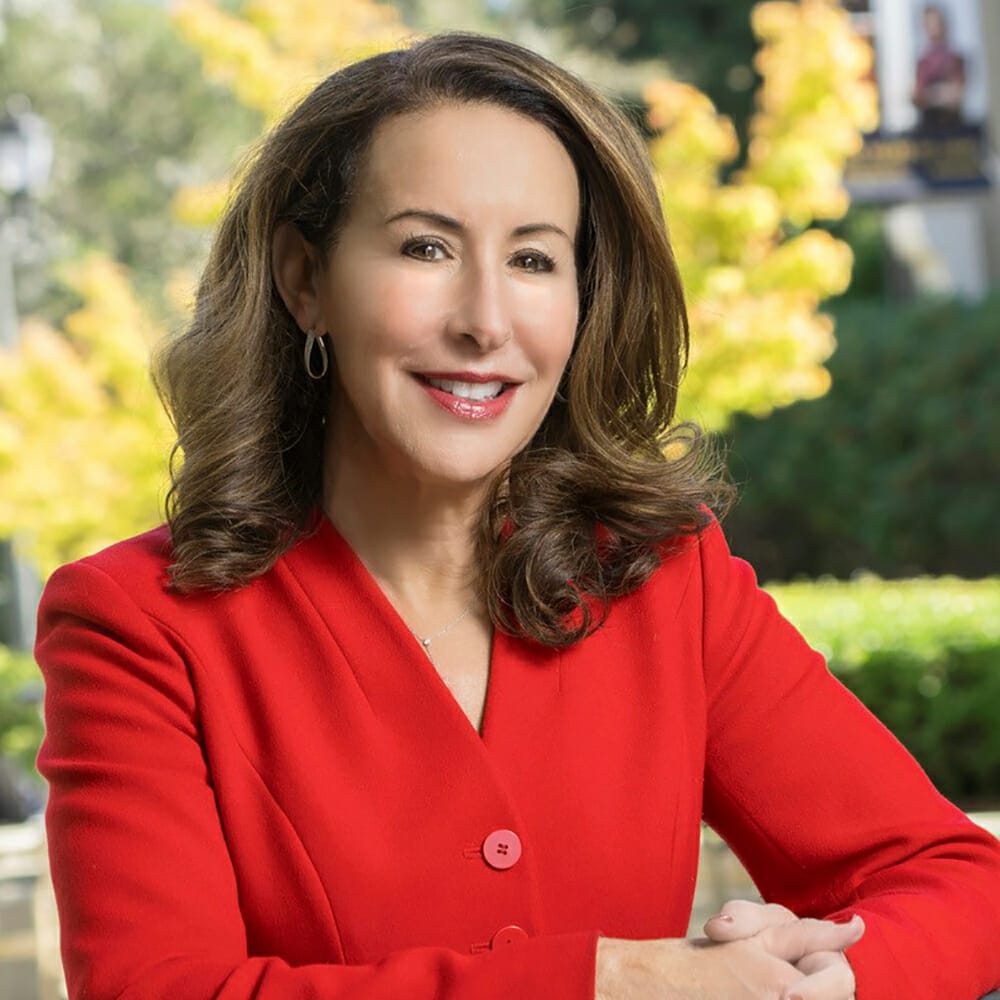
Award-Winning International Authority on Corporate Culture Who Helps Leaders Identify and Quantify Gaps Between Current and Strategically Ideal Culture to Drive High Performance; Expert on Building Effective Culture in the Context of Remote and Hybrid Work; Co-Creator of the Organizational Culture Profile; Dean and Paul J. Cortese Distinguished Professor of Management, Haas School of Business, University of California, Berkeley; Co-Founder and Co-Director, Berkeley Center for Workplace Culture and Innovation

World-Renowned Responsible AI Pioneer Helping Organizations Implement Safe, Secure and Transparent Solutions that Minimize Bias and Boost Cybersecurity Protocols; Innovative Inventor Holding Patents for Algorithms that Open Pathways for Fair and Balanced Assessments of Automated Systems; CEO and Co-Founder, Humane Intelligence; Responsible AI Fellow, Berkman Klein Center for Internet & Society, Harvard University; First United States Science Envoy for Artificial Intelligence (Biden Administration); Former Member, Artificial Intelligence Safety and Security Board, U.S. Department of Homeland Security
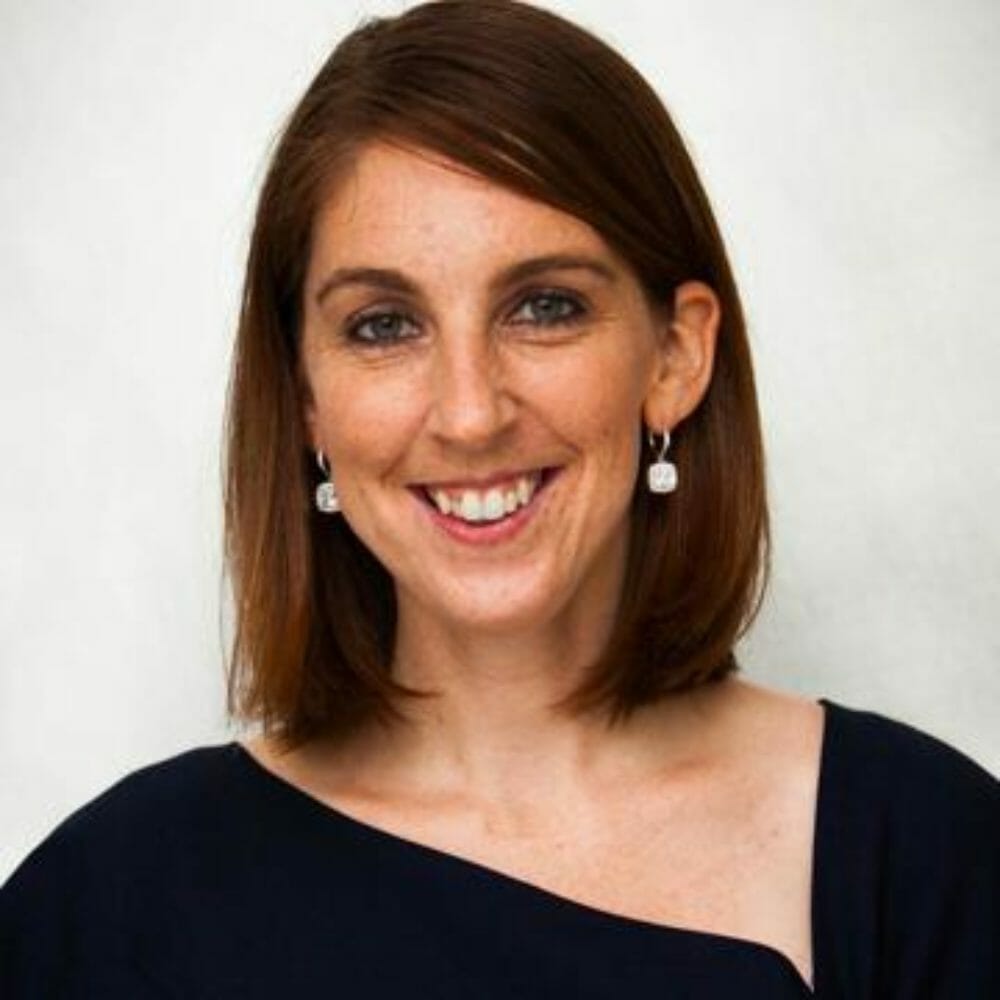
Leading Expert on Disruptive Innovation in Business, Health Care, Education, and Economic Development; President and CEO, Clayton Christensen Institute

Award-Winning Educator and Renowned Expert on Leadership, Being a Great Boss, and Inclusion; Researcher of Unconscious Bias and Psychology of Good People; Top-Rated Professor of Management and Organizations and Faculty Director of the Leadership Accelerator, New York University Stern School of Business; Bestselling Author, “The Person You Mean to Be” and “A More Just Future”; Thinkers50 Radar Class of 2025
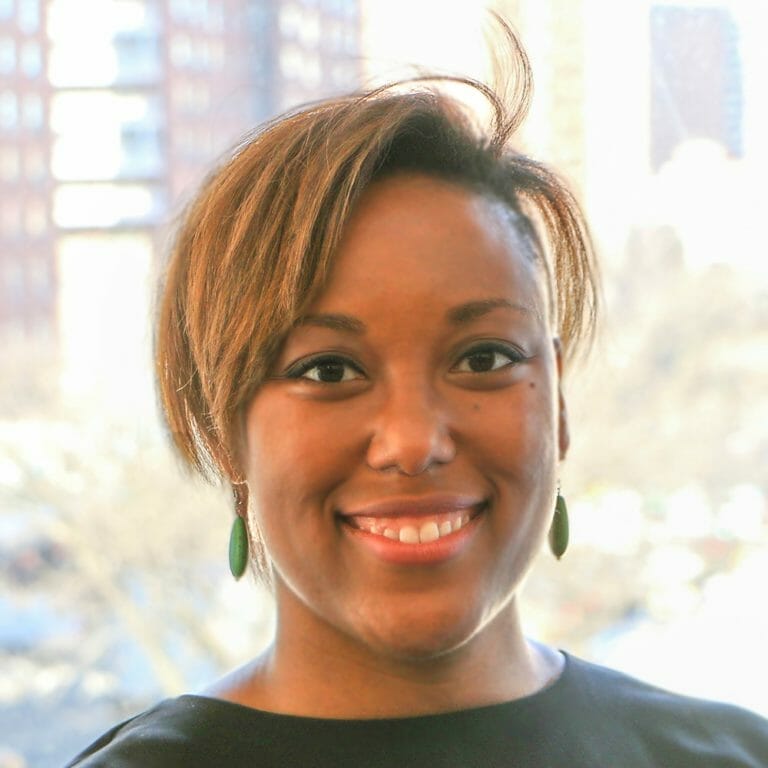
Transdisciplinary Scholar Exploring the Impact of Imagination on Health and Constructing a More Inclusive Future; Pioneer in Using Virtual Reality to Expose How Racism Affects Individual Health, Organizations and Society; Associate Professor of Social Work, Chief Broadening Participation Officer, and Director of Knowledge Transfer at the Learning the Earth with AI and Physics (LEAP) NSF Science and Technology Center, Columbia University; Special Advisor to the Dean, Columbia University School of Social Work; Author of the Forthcoming Book, “Untethered”

Cellular Agriculture Pioneer; Executive Director, New Harvest; Co-Founder, Perfect Day (formerly Muufri) and Clara Foods

Visionary Technology Leader Designing and Delivering Transformational Business and Technology Solutions; CEO of Accenture Technology Group During Its Fastest Period of Growth; Chief Technology & Innovation Officer, Head of Innovation and Strategy Organization; Researcher on Innovative Technologies Including AI, Cloud, Robotics, Quantum, Blockchain and Space Tech; Recognized Leader in Building Innovative and Diverse Organizations; Acclaimed Advisor to Boards, CEO’s, C-Suite Leaders, Government and Policy Makers, Including the World Economic Forum; 2023 Thinkers50 Digital Thinking Award Winner; Author, “Radically Human” (2022) and “Human + Machine” (2018, 2024)
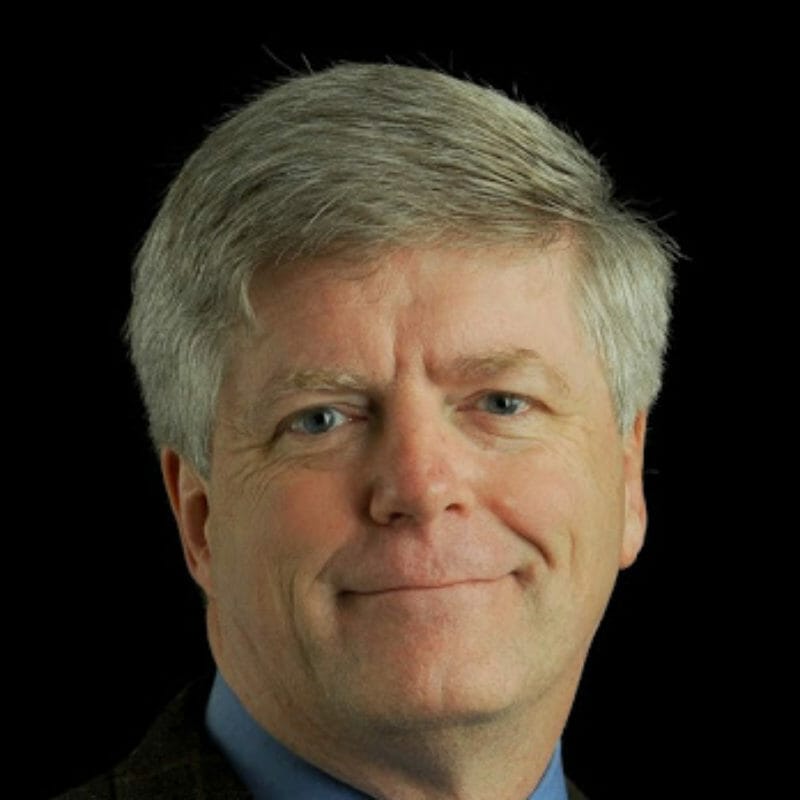
Pioneering Authority on AI Strategies that Drive Competitive Advantage; Esteemed Consultant and Advisor Who Helps Organizations Implement and Augment New and Existing Technology Systems; Author of 23 Books at the Intersection of Company Culture and IT; Co-Founder, International Institute for Analytics; Professor, Babson College; Visiting Professor, Oxford Saïd Business School; Fellow, MIT Initiative on the Digital Economy; Author, “Competing on Analytics,” “Working With AI” (2022) and “All-In On AI” (2023)

Leading Management Thinker With Unique Expertise on Cultivating More Agile, Healthy, Resilient, and Authentically Happy People, Families, Workplaces, and Communities; Thinkers50 Breakthrough Idea Award Winner; Co-founder, Institute of Coaching; Award-Winning Psychologist, Harvard Medical School; Wall Street Journal Bestselling Author, “Emotional Agility”

Renowned Leadership Advisor, Digital Transformation Strategist and Behavioral Scientist Empowering Organizations to Realize AI As a Value Creator and Leadership Collaborator; Dean, Northeastern University D’Amore-McKim School of Business; Director and Founder, Centre on AI Technology for Humankind; Fellow, Cambridge Judge Business School and St. Edmunds College, Cambridge University; Research Fellow, Center for Collective Intelligence, MIT; Advisory Board Member, EY; Author, “Leadership by Algorithm” (2020), “The Year in Tech, 2024” (October 2023), and “The AI-Savvy Leader” (June 2024); Thinkers50’s Radar Class of 2021
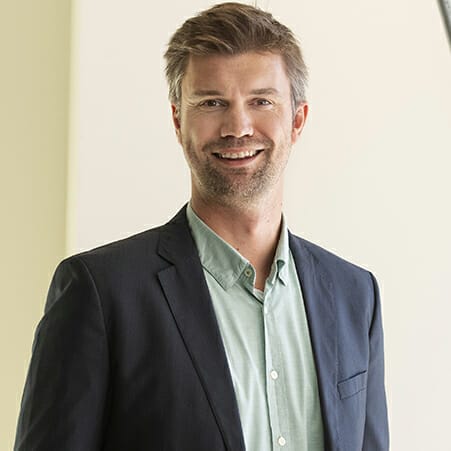
Leading Behavioral Scientist Who Helps Organizations Effectively Leverage Data and Artificial Intelligence for Decision Making by Prioritizing Human Intelligence; Psychology of Marketing Expert Helping Companies Optimize Data to Drive Growth and Build Customer Loyalty; 2021 Best 40-Under-40 Professor, Poets & Quants; Professor of Marketing, KU Leuven and Vlerick Business School; Author, “Decision-Driven Analytics” (2024)
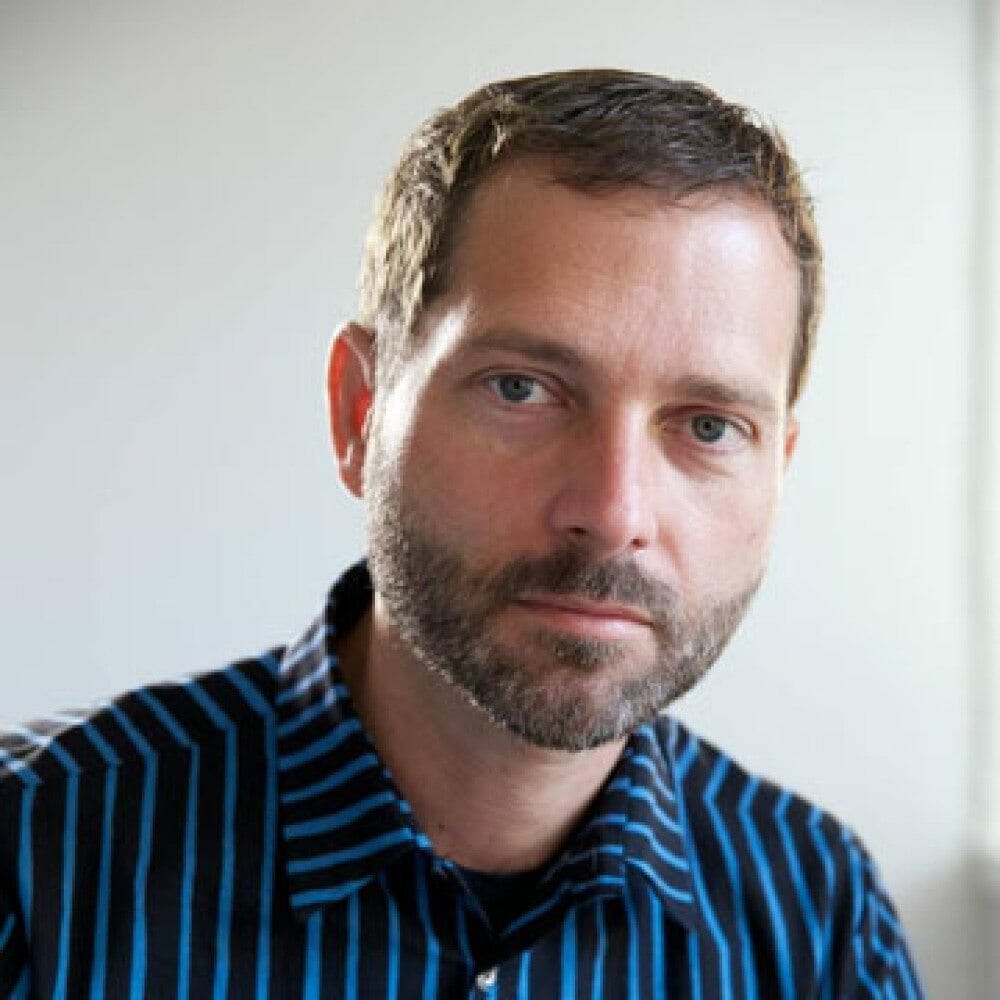
Leading Global Authority on Micromobility; Expert on the Future of Mobility and Smart Transportation; World-Renowned Mobile Industry Analyst and Visionary on Digital Business Disruption; Partner and Chief Market Strategist, Relay Ventures; Founder, Asymco

Renowned International Finance and Tax Policy Expert; Mizuho Financial Group Professor of Finance, Harvard Business School; Law Professor, Harvard Law School; Bestselling Author, “The Wisdom of Finance” (2017) and “How Finance Works” (2019)

Award-Winning Authority on Leadership and Organizational Behavior Helping Executives Foster Workplace Courage and Psychological Safety While Implementing Effective Communication Strategies; Professor, Darden School of Business and Batten School of Leadership and Public Policy, University of Virginia; Author, “Choosing Courage” (2021)

Human Behavior Researcher and Happiness Expert Helping Individuals and Organizations Improve Productivity, Well-Being and Decision Making While Embracing Differences in Outlooks; Professor of Behavioural Science, London School of Economics and Political Science; Creator, UK Office for National Statistics Personal Wellbeing Questions; Lead Author, “Mindspace: Influencing Behaviour Through Public Policy”; Author, “Beliefism” (May 2025), “Happy Ever After” (2019) and “Happiness By Design” (2014)

Leading Happiness and Well-Being Researcher Who Helps Individuals and Organizations Build Social Connections at Work; Expert on Optimizing the Use of Time, Money, Technology and Carbon to Enhance Happiness; Professor, Department of Psychology, University of British Columbia; 2019 TED Curator’s Pick; Co-Creator, “Happy Climate” Workshop; Co-Author, “Happy Money” and “The Joy of Climate Change”

Global Authority on AI Strategy and Digital Transformation Who Teaches Leaders How to Combine People and Technology to Catalyze Innovation and Growth; Dean, Saïd Business School and Fellow, Balliol College, University of Oxford; Founding Dean, Cornell SC Johnson College of Business; Co-Founder and President, Portulans Institute; Chair, Global Business School Network; Founding Advisor, Green Frontier Capital; Chair, OECD Taskforce of Experts on AI; Author, “Global Innovation Index”, “Network Readiness Index”, “Ask, Measure, Learn” and “Throwing Sheep in the Boardroom”
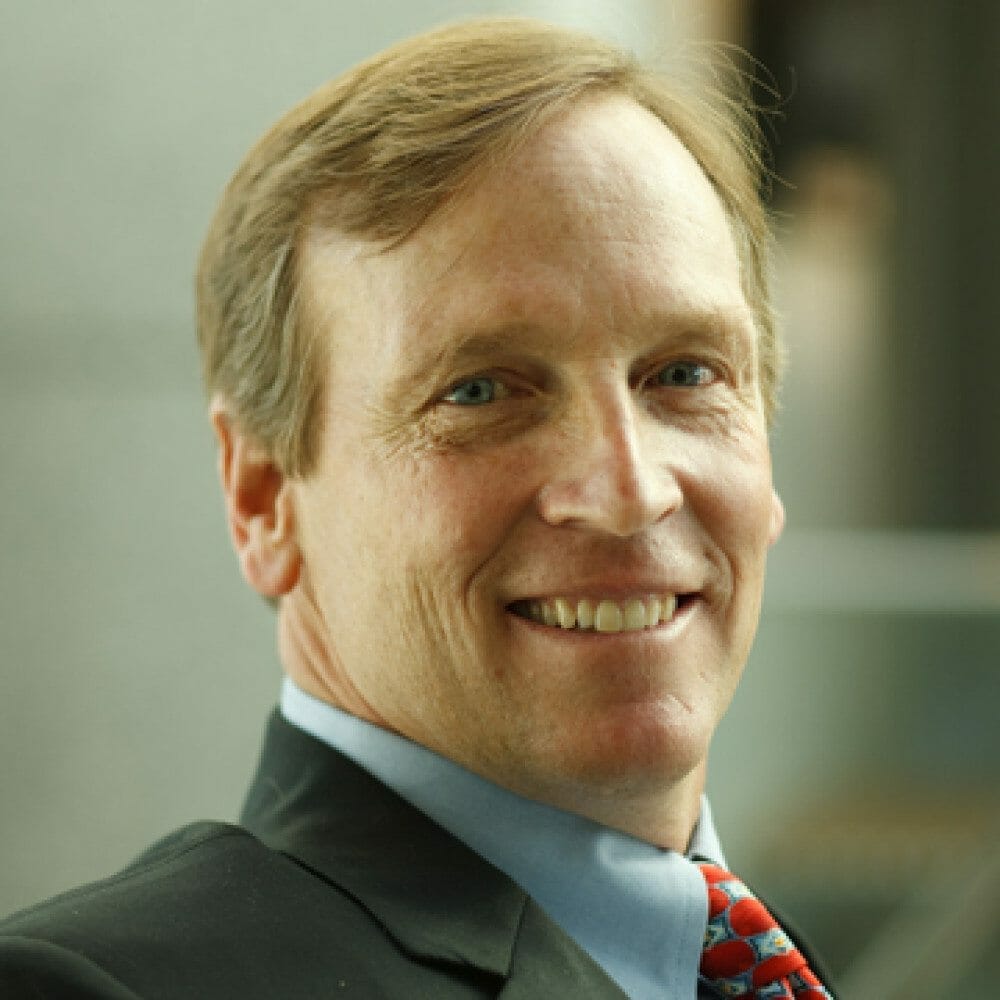
Expert on Strategically Designing Innovative Business Models, Corporate Cultures and Leadership Styles; Co-Author, “The Innovator’s DNA,” “The Innovator’s Method” and “Innovation Capital” (2019); Distinguished Professor of Strategy, Brigham Young University
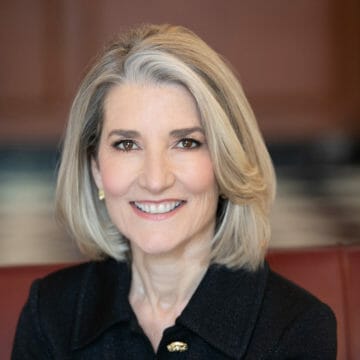
Authority on Psychological Safety and Team Learning in the Workplace; Novartis Professor of Leadership and Management, Harvard Business School; #1 Ranked Management Thinker in the World, Thinkers50; Bestselling Author, “The Fearless Organization” and “Right Kind of Wrong” (2023)

Pioneering AI Scientist and Inventor of Emotion and Human Perception AI; Visionary Entrepreneur, Investor and Authority on Developing an AI Mindset for Competitive Advantage; Expert on Designing and Implementing Ethical Business Strategies; Co-Founder and Managing Partner, Blue Tulip Ventures; Executive Fellow, Harvard Business School; Bestselling Author, “Girl Decoded” (2020)
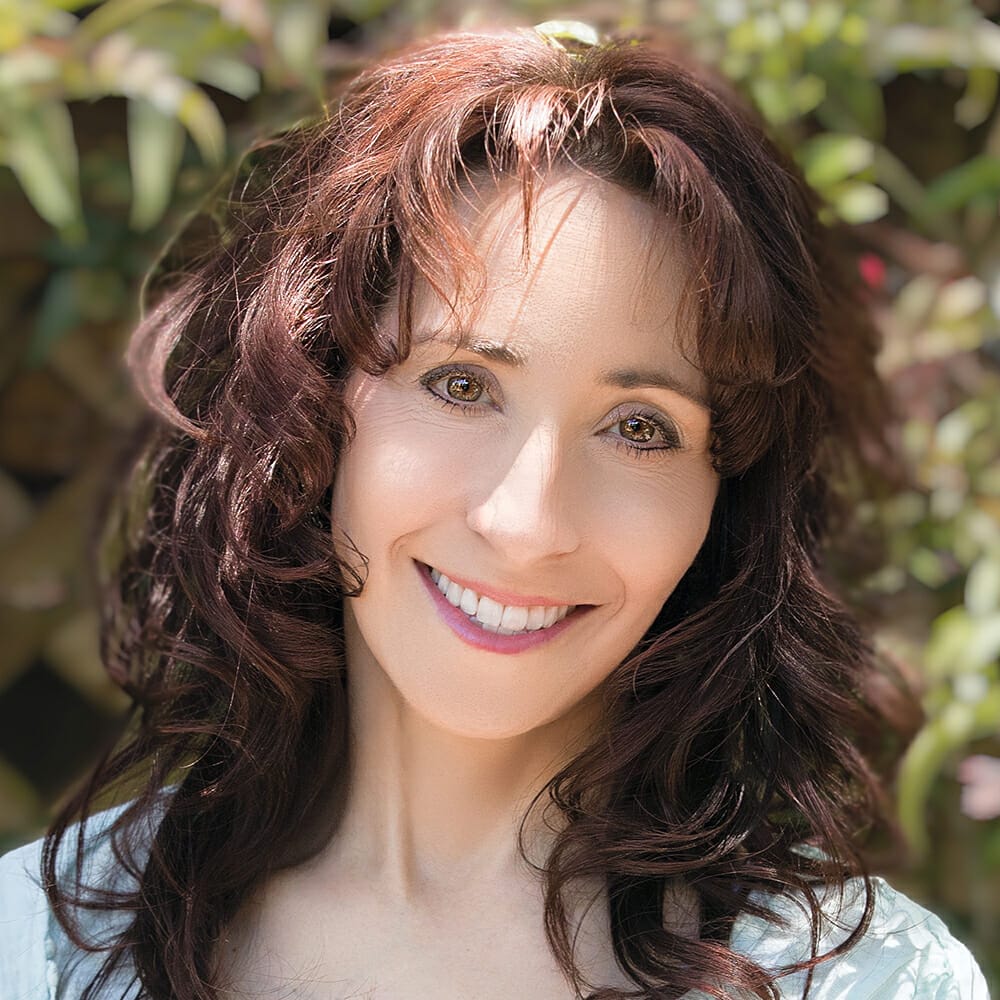
New York Times Bestselling Author and Leading Authority on Stress, Well-Being and Optimal Aging; Corporate Advisor Who Teaches Leaders How to Apply Research-Backed Science to Scalable Interventions that Bolster Organizational Resilience; Professor, Department of Psychiatry & Behavioral Sciences, Vice-Chair for Adult Psychology, University of California, San Francisco; Director, Aging, Metabolism and Emotions Center; Author, New York Times Bestseller “The Telomere Effect” (2017) and “The Stress Prescription” (2022)

McKinsey Award-Winning Author, Engaging Speaker and Renowned Executive Educator Who Shows Leaders New Ways to Shape Successful Organizations Today; Named Among the Most Influential Living Management Thinkers in the World by Thinkers50 Five Times; Former Director of London Business School’s Leadership Program for Senior Executives

International Authority on Strategy and Economics Helping Leaders Compete While Capitalizing on Current and Future Trends in Artificial Intelligence, Resilient Business Models and Sustainability; Harvard Social Scientist Affiliated with the Kennedy School CID, IQSS, Davis Center and the Berkman Klein Center for Internet & Society; Adjunct Professor, Georgetown University; Global Expert, World Economic Forum; Co-Founder, Nexus FrontierTech; Co-Author, “The AI Republic,” the Award-Winning “The Great Remobilization” (2023), and “Digitalization in Emerging Economies” (2025)
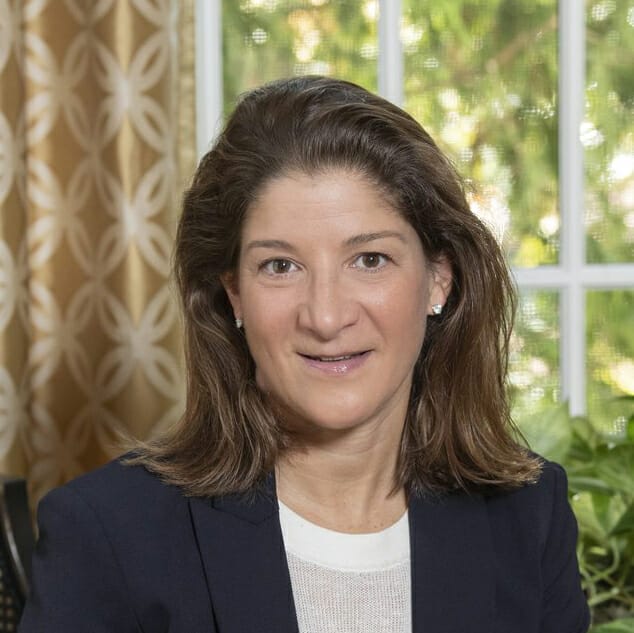
Acclaimed Education and Human Development Scholar Helping Educators, Parents, Trustees, Young People, K-12 Institutions and Institutions of Higher Learning Think About the Meaning and Role of Education in People’s Lives; Veteran Researcher (with Howard Gardner), Harvard Graduate School of Education; Lead Author, “The Real World of College” (2022); Lead Author, “Making Good” (2004); Project Director, Project Zero

Leading Organizational Psychology Researcher Whose Practical Frameworks Enable Personal Development, Career Advancement and Powerful Networking; Top Expert Helping Individuals, Especially Women, Boost Their Status, Power and Capacity to Influence for Improved Leadership and Self-Empowerment; Award-Winning Professor, Kenan-Flagler Business School, University of North Carolina Chapel Hill; Former Management Consultant, McKinsey & Company; Bestselling Author, “Likeable Badass” (2024)

Expert on Human Connection in the Age of AI and Innovations That Expand Students’ Social Capital; Authority on Education and the Workforce Who Helps Institutions Ensure the Future of Education is Social; Director of Education Research, Clayton Christensen Institute; Co-Author, “Who You Know”
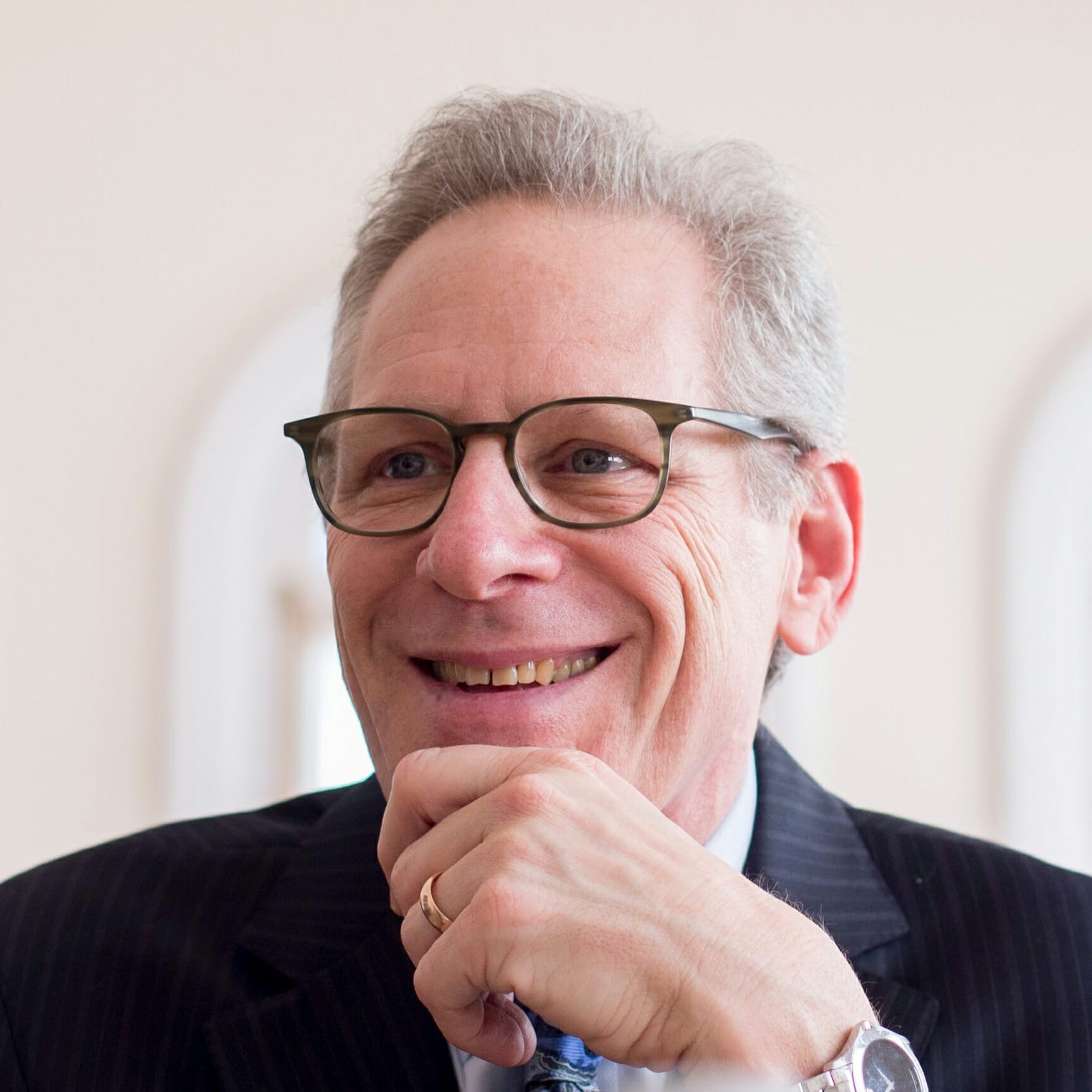
World’s Top Expert on Leadership and Performance in All Parts of Life; Influential Innovator in Leadership Education; Award-winning Wharton Professor; Host of Wharton’s “Work and Life” Podcast; Former Senior Executive, Ford Motor Company; 2023 Inductee, Thinkers50 Hall of Fame; Bestselling Author, “Total Leadership” and “Parents Who Lead” (March 2020)
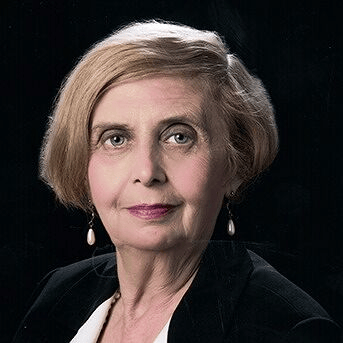
Captivating, Powerful Storyteller and One of the Youngest Living Survivors of the Holocaust Sharing Her Vivid Memories to Speak Out Against Extremism and Violence; New York Times Bestselling Author, “The Daughter of Auschwitz” (September 2022); Clinical Therapist, Social Worker and Former Executive Director, Jewish Family Center of Somerset, Hunterdon and Warren Counties, New Jersey; Board Member, Institute of Holocaust and Genocide Studies, Raritan Valley Community College; Former Educator, Hebrew University of Jerusalem
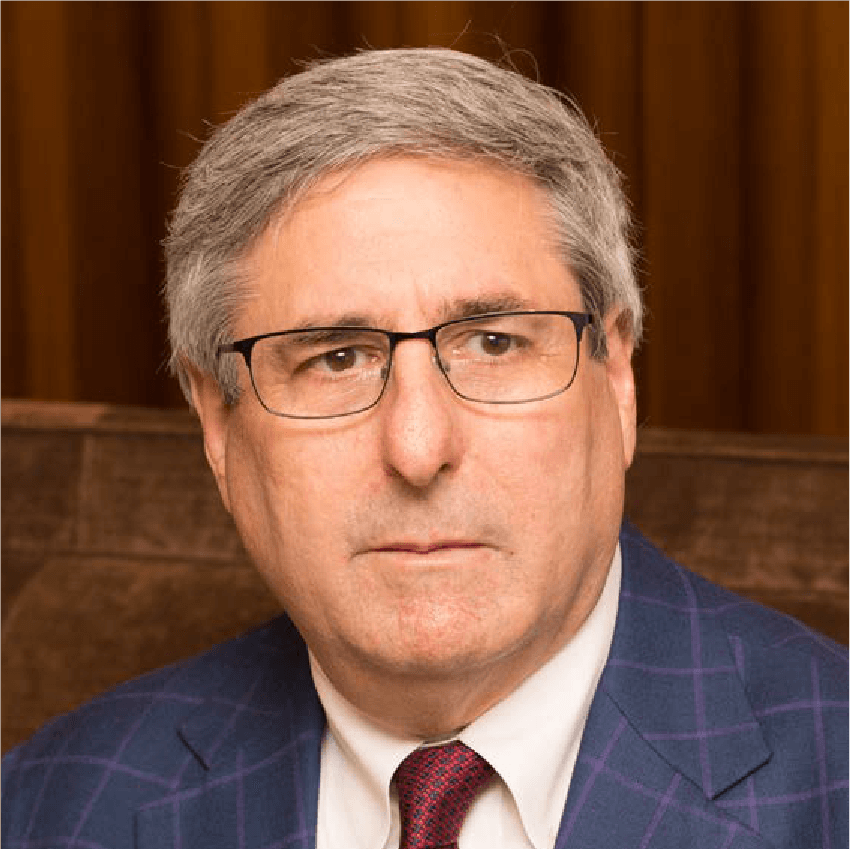
Global Authority on Leadership, Organizational Behavior and Change Management; Veteran Corporate Advisor Who Specializes in Helping Leaders Plan and Execute Organizational Turnarounds, Optimize CEO-Board Relationships and Prepare for the Impacts of AI; Senior Lecturer, Organizational Behavior Unit, and Co-leader, Leading Professional Services Firm and Mergers & Acquisitions Programs for Harvard Business School’s Executive Education; Senior Director Emeritus, McKinsey & Company; Author, “Hidden Truths”

Foremost Expert on Leadership and Managing Uncertainty Using Frameworks That Build Resilience, Uncover New Possibilities, and Strategically Adapt to Change; Recognized Authority on Technology Strategy, AI Transformation and Disruptive Innovation; Co-Author of Five Books on Innovation Including “Innovation Capital” (2019) and “The Upside of Uncertainty” (2022); Professor of Strategy, INSEAD
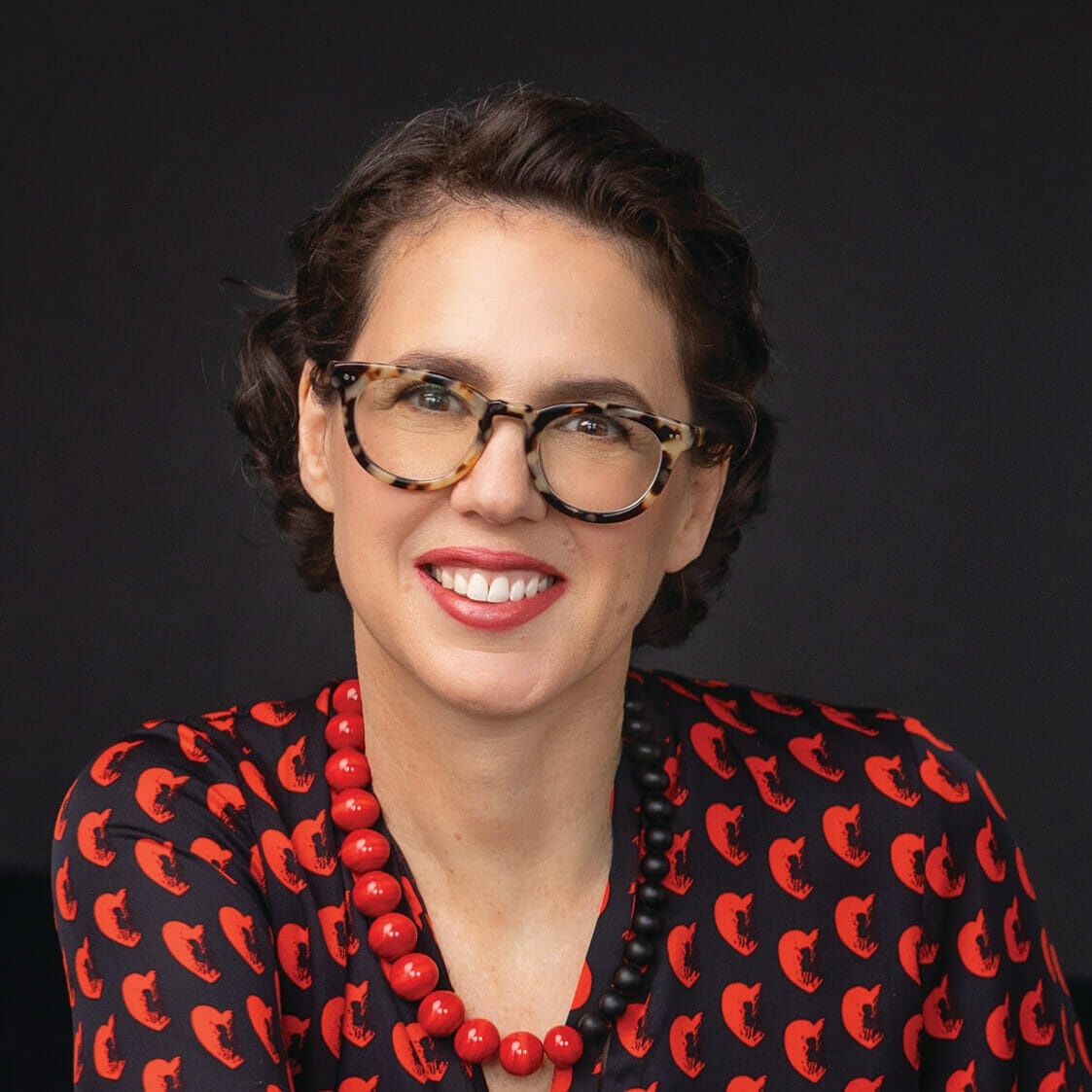
Authority on Calm, Confident Conflict Resolution, Healthy Communication and Positive Relationships at Work; Author, “Getting Along” (2022) and “The HBR Guide to Dealing with Conflict” (2017); Co-Host, Women at Work Podcast; Contributing Editor, Harvard Business Review
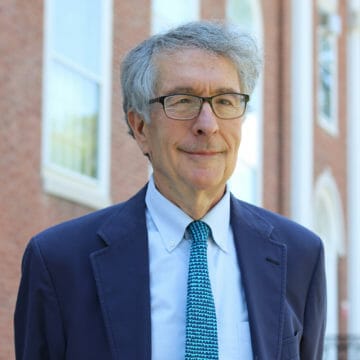
Most Cited Educational Thinker and Expert on Multiple Intelligences, Five Minds for the Future, The Synthesizing Mind, and Ethics in the Classroom and at Work; Pioneering Researcher Studying What It Means to Be Smart in the 21st Century; Expert on Education, from Pre-School through Higher Education; Professor, Harvard Graduate School of Education; Co-Director, The Good Project; Author of Over 30 Influential Books including “A Synthesizing Mind”
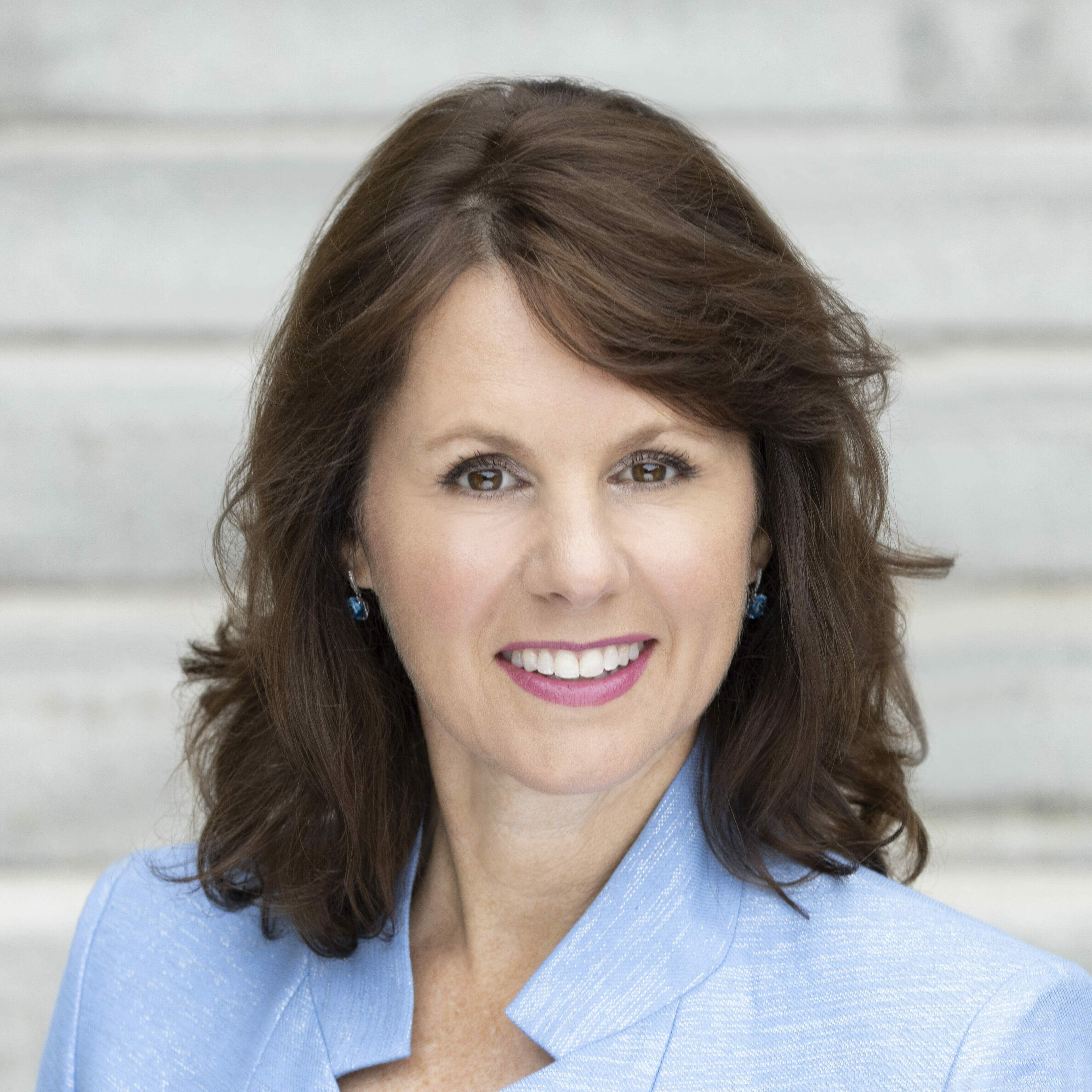
Pioneering Collaboration Expert Who Uses Data-Driven Principles and Practices to Achieve Cross-Silo Teamwork; Top Advisor Showing Companies How to Employ Generative AI to Increase Efficiency, Boost Sales and Reduce Burnout; Distinguished Fellow, Harvard Law School and Executive Education Professor at Harvard Business School; Former McKinsey Strategy Consultant; Bestselling Author of More Than 100 Publications Including “Smart Collaboration” (2017) and “Smarter Collaboration” (2022); Named Among the Top 50 Management Thinkers in the World in 2023, Thinkers50

Renowned Diplomat, Historian, Poet and Former Senior Government Official Helping Leaders Understand China, U.S.-China Relations and U.S. Foreign Policy; Former Senior Director for China and Taiwan Affairs, White House National Security Council (NSC) and Deputy China Coordinator, State Department; Fellow, Harvard Kennedy School’s Belfer Center for Science and International Affairs; Author of Several Books on China Including “Never Turn Back” (2022)
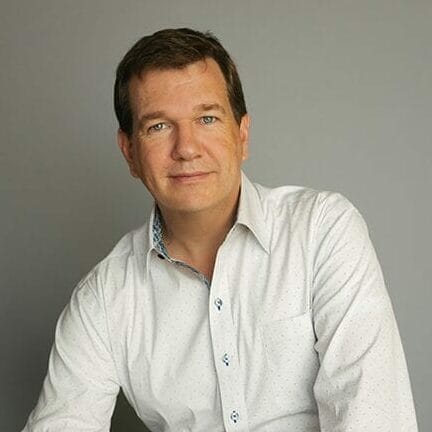
Top Leadership and Human Resources Advisor, Author and Executive Who Helps Companies and Leaders Discover the Path to Sustained Improvements in Their People Practices; Authority on Leadership, Team Performance, Organizational Resilience, Change Management, Performance Management and Feedback, and People Intelligence; Former Senior Vice President of Human Resources, Cisco; Former Chief Learning Officer for Leadership and Professional Development, Deloitte; Award-winning Author, “Nine Lies About Work” and “The Problem With Change”

Globally Recognized Digital Marketing Expert Whose Frameworks Help Organizations Improve Customer Experiences by Leveraging AI and Behavioral Economics; Practitioner and Corporate Advisor on Brand Strategy, Customer Experience and Inclusive Leadership; Senior Lecturer in the Management Science Group, MIT Sloan School of Management; Principal Research Scientist, MIT’s Initiative on the Digital Economy (IDE); Digital Fellow, Stanford Digital Economy Lab; Thinkers50 Radar Class of 2020

Renowned Global Economist and Pioneer in Measuring “Beyond GDP” Offering Decision-Makers a New Perspective of a Nation’s Prosperity and Stability; Expert on Quantifying and Implementing Socially Responsible Business Practices and Investments; CEO, Social Progress Imperative
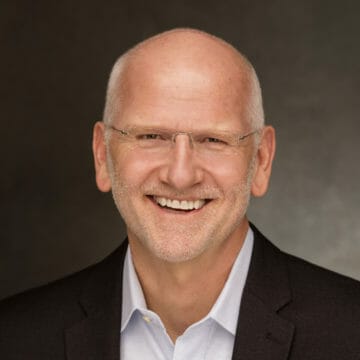
Global Authority on Leading Innovation and Navigating Transitions by Harnessing the Power of Inquiry to Creatively Solve Problems; Senior Lecturer in Leadership and Innovation, MIT Sloan School of Management; Co-Founder, The Innovator’s DNA; Innosight Fellow; Award-Winning Author, “Questions Are the Answer” (2018); Co-Author, “The Innovator’s DNA” (Updated 2019); Named Among the Top 50 Management Thinkers in the World in 2023 and 2021, Thinkers50

Global Futurist and Strategist Whose Frameworks Address How Emerging Technologies Will Disrupt and Transform Economies, Industries, Enterprises and Lives; Founding CEO, Cambrian Futures and Cambrian Labs; Professional Faculty for Futures, Strategy, Policy and Technology, University of California Berkeley Haas School of Business; Adjunct Professor of Practice, Hult International Business School; Honorary Adjunct Professor, UT Malaysia; Lead Co-Author, “The Great Remobilization” (2023), “The A.I. Generation” (2021) and the Forthcoming Book, “Data Wars”

Top-Rated Harvard Business School Professor Teaching How Resilient Organizations Prosper During Good Times and Bad; Renowned Strategy Advisor and Highly Cited Academic Studying How to Use Deep Purpose to Drive Organizational Growth and Profitability; Expert on Achieving Competitive Performance in the Age of AI; Award-Winning Author, “Deep Purpose” (2022), “How to Be Bold: The Surprising Science of Everyday Courage” (October 2025), and “Reorganize for Resilience” as Well as Over 20 Articles in Harvard Business Review; Named Among the Top 50 Management Thinkers in the World in 2023, Thinkers50; 2024 CK Prahalad Award for Scholarly Impact on Practice Recipient

Acclaimed Journalist and Corporate Advisor Whose Work is at the Intersection of Diversity, Technology, Trust and the Workplace; Groundbreaking Researcher Revealing How to Unlock Value By Empowering Employees to Be Their Whole Selves at Work; Bestselling Co-Author, “The Power of Trust” (2021) and Author, “The Cycle” (2024); Former Research Associate, Harvard Business School; Former Reporter, Fortune Magazine; Former Financial Analyst for the U.S. Treasury Department; Thinkers50 Radar List (2022)

CEO Advisor & Future-Fit Leadership Expert Helping Executives Navigate Uncertainty, Align Strategy with Innovation, and Build Resilient Growth Models; Award-Winning Co-Founder and CEO, Leaders on Purpose Who Spearheads the Renowned Annual CEO Study and Convenes the Influential CEO Summit with UN Leadership; Founding Member, Unilever North American FS Sustainability Council; Collaborator, Harvard’s Executive Education for Sustainability Leadership; Winner, 2023 Tribeca Disruptor Award; Named One of the Top 22 Women Globally Making a Positive Sustainable Impact, Forbes; Named 2014-2021 Harvard Professional of Excellence for Sustainability Leadership; Shortlisted for the 2023 Ideas into Action Award, Thinkers50

Authority on Team Dynamics Who Helps Leaders Foster a Culture of Psychological Safety and Well-Being in the Workplace; Expert on Leadership Strategies and Processes for Building Collaborative, Resilient Organizations in Remote and Hybrid Work Environments; Founder and Chief Scientist, The Institute for Life at Work; Former Consulting Researcher, Microsoft Research Lab; Management and Organizations Research Associate Professor, Questrom School of Business, and Co-Director, Human Resources Policy Institute, Boston University; Board Member, Higher Ambition Leadership Alliance; Thinkers50 Radar Class of 2024

Pioneer of Brand-Led Transformation Who Helps Organizations Create Compelling Internal and External Stories While Implementing Innovation, Marketing and Growth Initiatives; Authority on Creating Future-Oriented Sustainable Business Practices, Innovation in Emerging Markets and Elevating the Consumer Experience; Senior Partner, Lippincott; Co-Author, “Competing Against Luck”
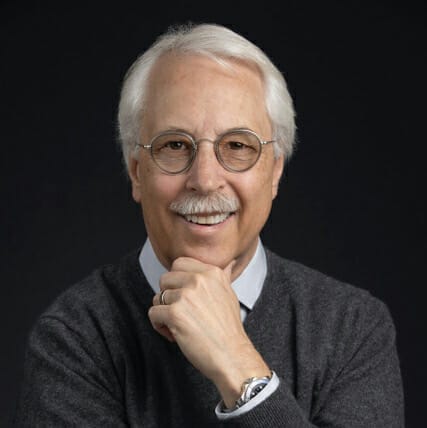
One of the World’s Leading Experts in Leadership, Strategy, Change and Innovation Who Helps Organizations Build Breakout Strategies, Bust Bureaucracy, Unleash Innovation and Accelerate Change; Wall Street Journal World’s #1 Business Thinker; Visiting Professor of Strategy and Entrepreneurship, London Business School; Director, The Management Lab; Fellow, The Strategic Management Society; Thinkers 50 Hall of Fame; Bestselling Author, “Humanocracy”

Leading Marketing and Behavioral Psychology Expert Helping Organizations Resolve the Difficulty of Managing the Diverse Needs of Customers as Brands Grow; Associate Professor of Marketing, Emory University’s Goizueta School of Business; Co-Author, “The Growth Dilemma: Managing Your Brand When Different Customers Want Different Things” (June 2025) and “The Intuitive Customer” (2016); Co-Host, “The Intuitive Customer Podcast”
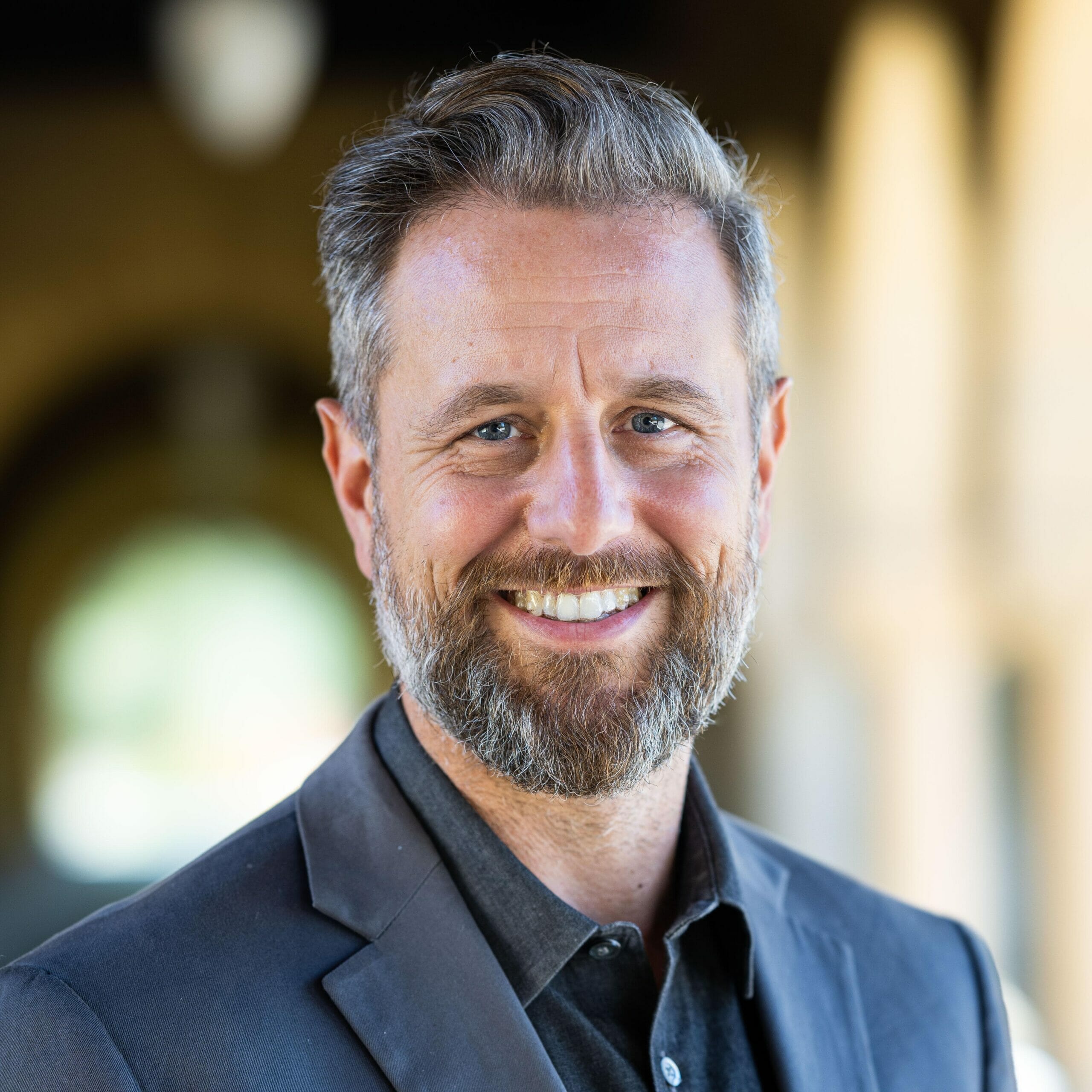
Authority on Social Media Behavior & Psychology of Online Interaction; Expert on Technology’s Role in Deception and Trust; Founding Director, Stanford University Social Media Lab; Co-director, Stanford Cyber Policy Center; Senior Fellow, Freeman Spogli Institute; Professor of Communication, Stanford University

Award-Winning Writer Who Empowers Individuals to Regain Focus, Reconnect with Purpose at Work and Cope With Depression and Anxiety; Bestselling Author, “Magic Pill” (2024), “Stolen Focus” (2022), “Lost Connections” (2018) and “Chasing the Scream” (2015); Executive Producer, “The United States vs. Billie Holiday” (2021) and “The Fix” (2022)

Revolutionary Food Activist and Inspiring Leader Who Has Influenced MultiBillion-Dollar Food Companies to Change for the Better, Including Kraft, Chick-Fil-A, Subway, Anheuser-Busch and Starbucks; Founder, FoodBabe.com and Organic Brand, Truvani; Author of Multiple New York Times Bestsellers Including “Food Babe Family” (2023), “Food Babe Kitchen” (2020), “Feeding You Lies” (2019) and “The Food Babe Way”

World-Renowned Expert on Building Social Movements; Pioneer of Purpose-Driven Marketing and Business Models; Lifelong Activist; Co-Author of the International Bestseller, “New Power”; Co-Founder & Chairman, Purpose
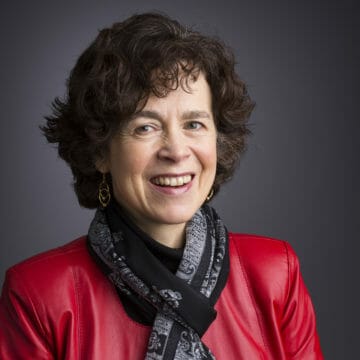
Global Authority on Sustainable Business Growth; Economist, Organizational Change Strategist and Researcher; Author, “Reimagining Capitalism in a World on Fire” (2020); Professor, Harvard Business School

Transformative Executive Leadership Consultant Using Practical Roadmaps to Create “Speak Up” Cultures that Improve Innovation and Teamwork; Globally Recognized Facilitator Helping Leaders and Teams Build Their Communication, Collaboration and Conflict Management Skills; Former Managing Partner, Triad Consulting Group; Former Advanced Training Director, Harvard Mediation Program and Lecturer on Law, Harvard Law School; Bestselling Author, “Unlearning Silence” (March 2024); Thinkers50 Radar Class of 2025
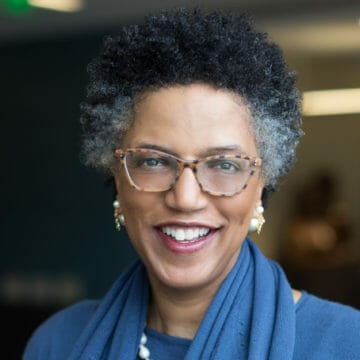
World-Renowned Expert on Leadership and Innovation; Digital Transformation Visionary Revealing Guiding Principles for Successfully Leveraging Data, Tech and Tools to Develop Star Talent and Inclusive Cultures; Chair of the Leadership Initiative and Professor of Business Administration, Harvard Business School; Co-Founder, Paradox Strategies Leadership Advisory Firm; Co-Founder, InnovationForce; Co-Author of Award-Winning Bestseller “Collective Genius” and the Forthcoming “Genius at Scale” (March 2026); Seven-Time Top 50 Management Thinker in the World, Thinkers50; 2025 Female Founders 500, Inc. Magazine

Renowned Robotics and AI Expert Focused on Human-Robot Interaction; Leading AI Researcher & Innovator; Associate Director of Academic Affairs, Cornell University Sibley School of Mechanical and Aerospace Engineering; Head, Human-Robot Collaboration & Companionship Lab; Former Co-Director, IDC Media Innovation Lab

Pioneering Digital Learning Strategist Helping Leaders Attract and Retain Elite Talent With Improved Hiring Processes; Upskilling and Reskilling Expert Reframing the Career Progression Model; Award-Winning Author of Six Books on the Future of Work and Learning, Including the National Bestseller “Job Moves” (2024); Co-Founder, Clayton Christensen Institute for Disruptive Innovation; Lecturer, Harvard Graduate School of Education; Advisor, Guild; Co-Host, “Future U” Podcast and Future of Education Podcast
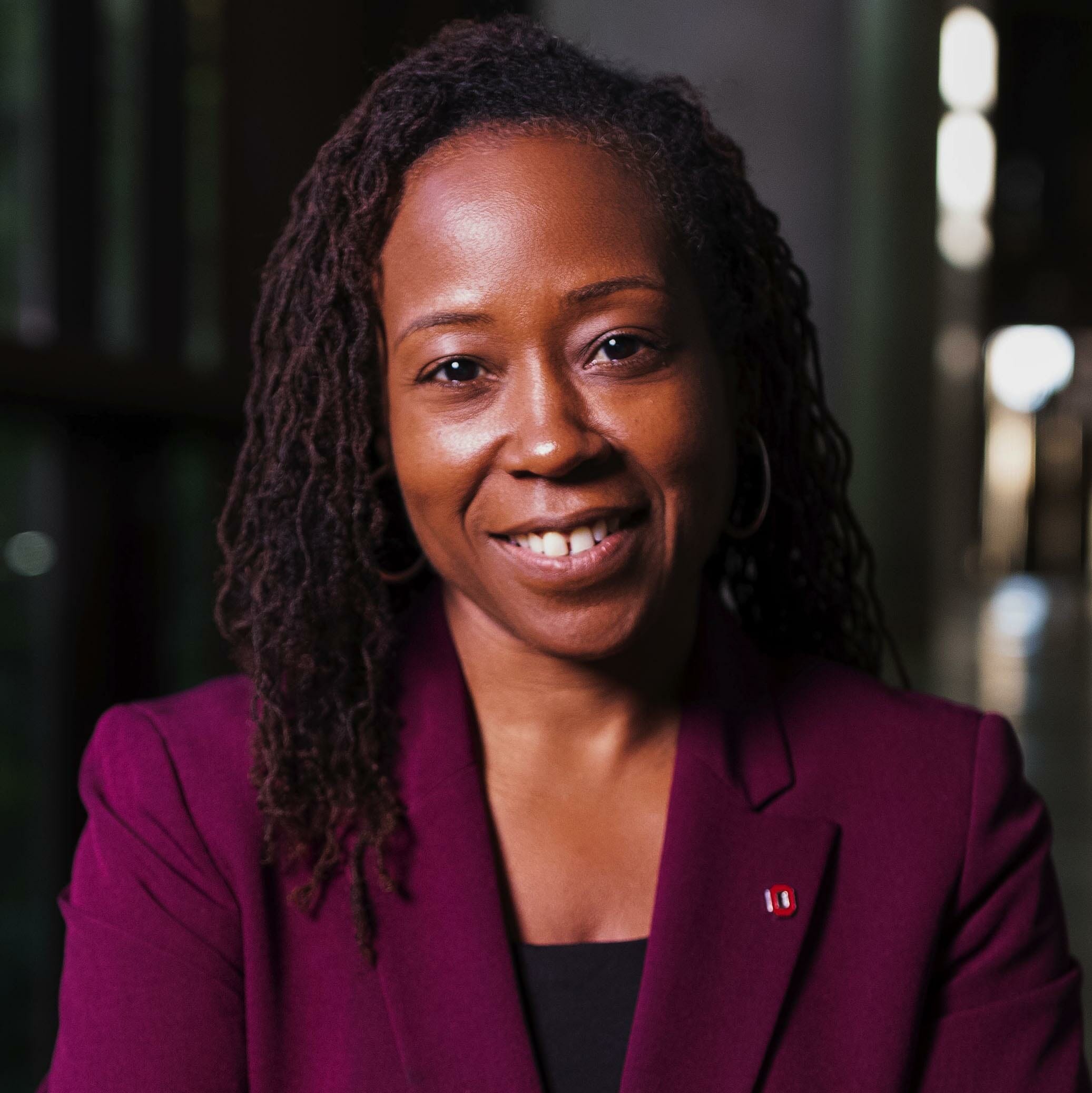
Pioneering Innovator, Entrepreneur and Inventor of Robotic Technologies and Artificial Intelligence for Industry, Health Care and Education; Co-Founder and Board Director, Zyrobotics; Dean, College of Engineering, The Ohio State University; 2024 Forbes 50 Over 50: Innovation; Bestselling Author, “Sex, Race and Robots”

Pioneering Climate and Data Scientist Focused on Increasing Transparency and Transforming Environmental Decision-Making and Policy; Expert on Climate Policy in China and the Global South; Founding Director, Data-Driven EnviroLab; Member of the National Committee on US-China Relations; Inaugural Grist 50 Leader; Assistant Professor of Public Policy and the Environment, Ecology and Energy Program, University of North Carolina, Chapel Hill
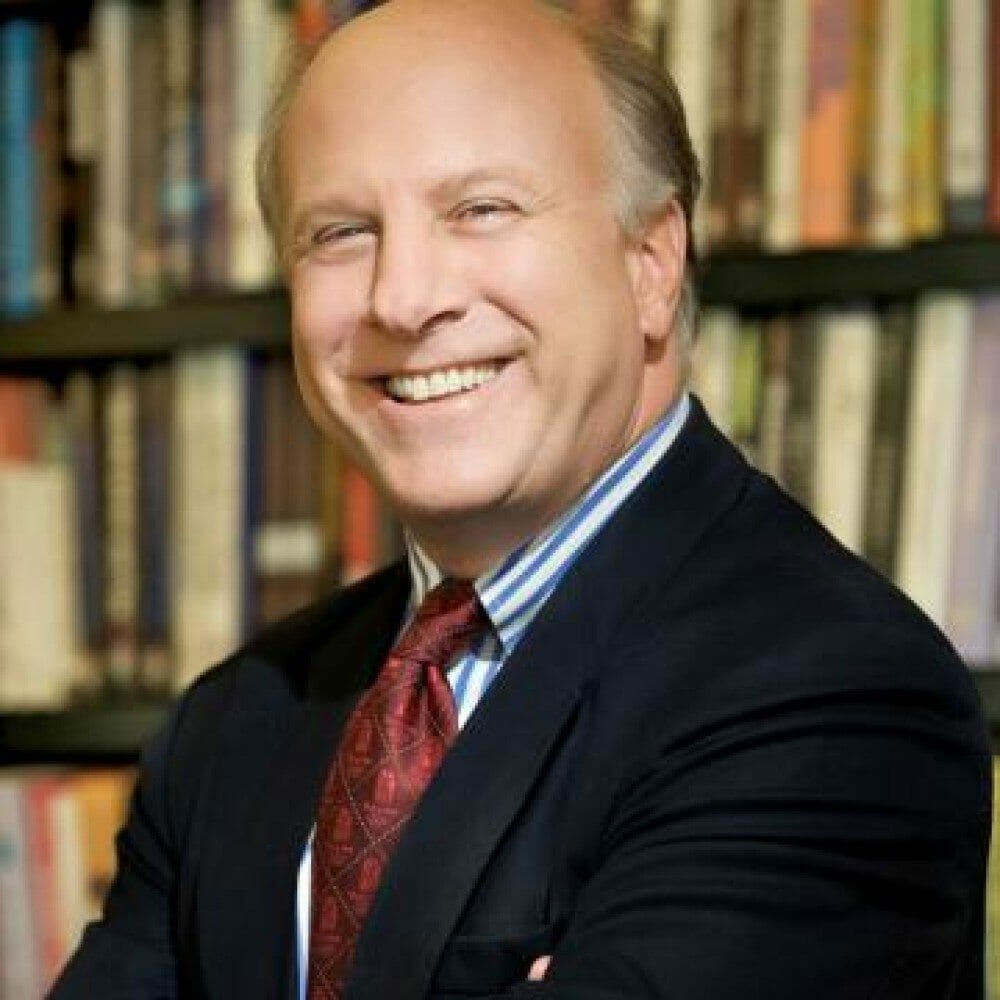
Insightful Expert on New Ideas in Business and Management; Editor at Large, Former Editor-in-Chief, Harvard Business Review; Renowned Journalist; Master Moderator
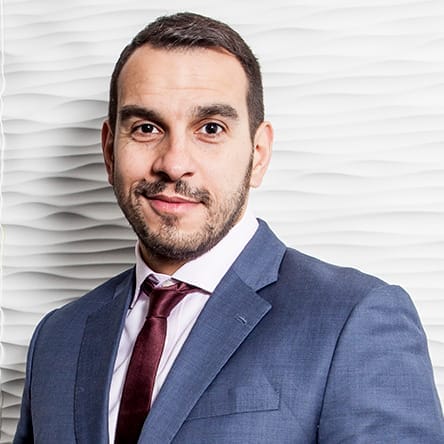
Global Authority on Corporate Sustainability and Sustainability Leadership Who Helps Organizations Create Value and Long-term Positive Impact for Stakeholders and Society; Award-Winning ESG Integration Researcher and Advisor on Strategically Navigating Sustainability Disruption; ESG and Sustainability Advisory Board Member, Merck KGaA, DWS Group and more; Professor of Strategy and Entrepreneurship, London Business School
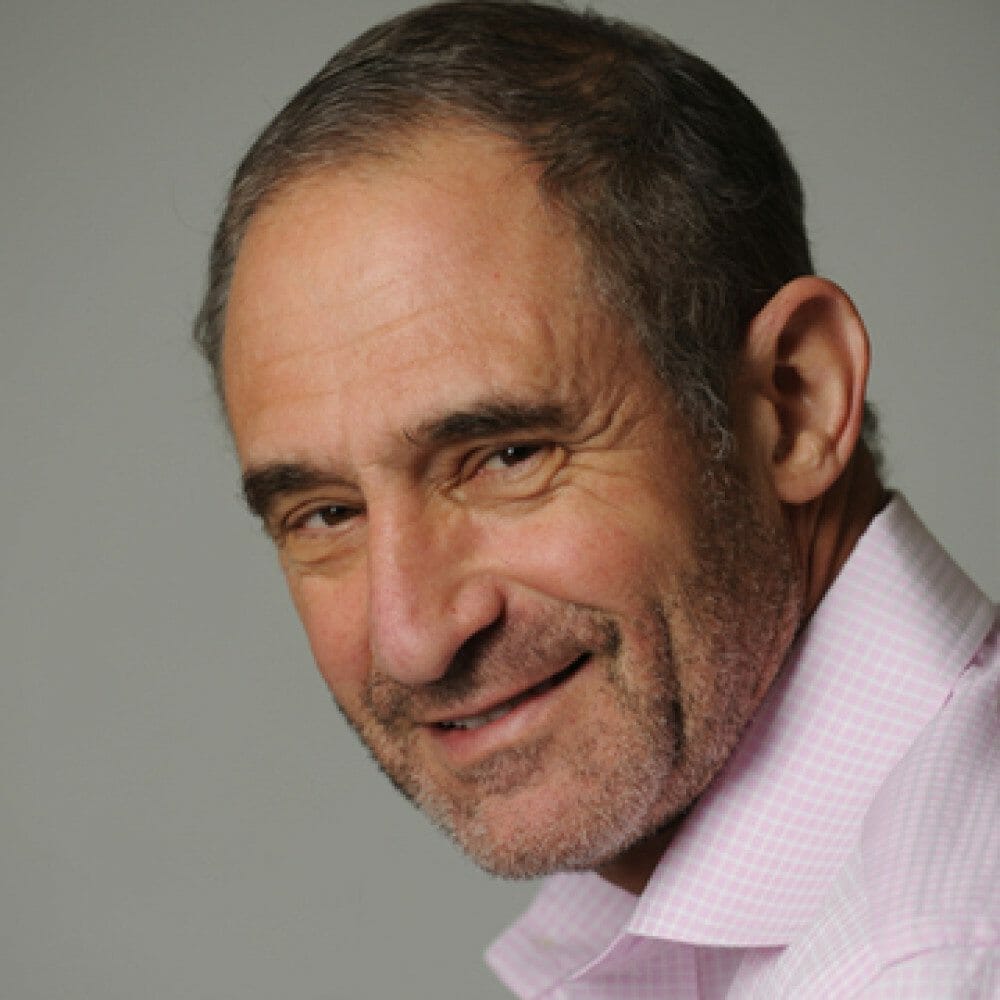
Leading Authority on Economic Revival and Growth; Entrepreneur and Angel Investor; Founder, Babson Entrepreneurship Ecosystem Platform; Professor of Entrepreneurship Practice, Babson Executive and Enterprise Education; Author, “Worthless, Impossible and Stupid”
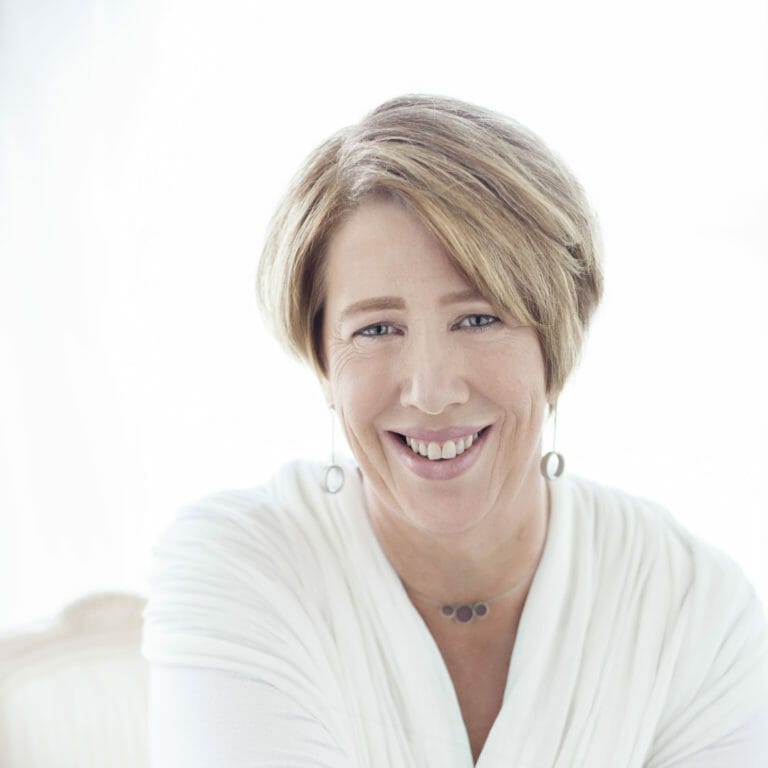
Acclaimed Technology Pioneer in Virtual Reality, Consumer Electronics and Medical Devices; Inventor and Serial Entrepreneur Inspiring Others to Think Bigger and Use New Techniques to Tackle The World’s Toughest Problems; Pioneer in Medical Therapeutics and Diagnostics and Telepathic Technology; Founder, Chairman and Former CEO, Openwater; Co-Founder, One Laptop Per Child and Architect of the $100 Laptop; High-Level Tech Executive at Google, Facebook, Oculus and Intel; Former Professor, MIT Media Lab; TIME 100 Most Influential People in the World; Forbes 50 Over 50, 2022: Entrepreneurs; CNN Top 10 Thinker
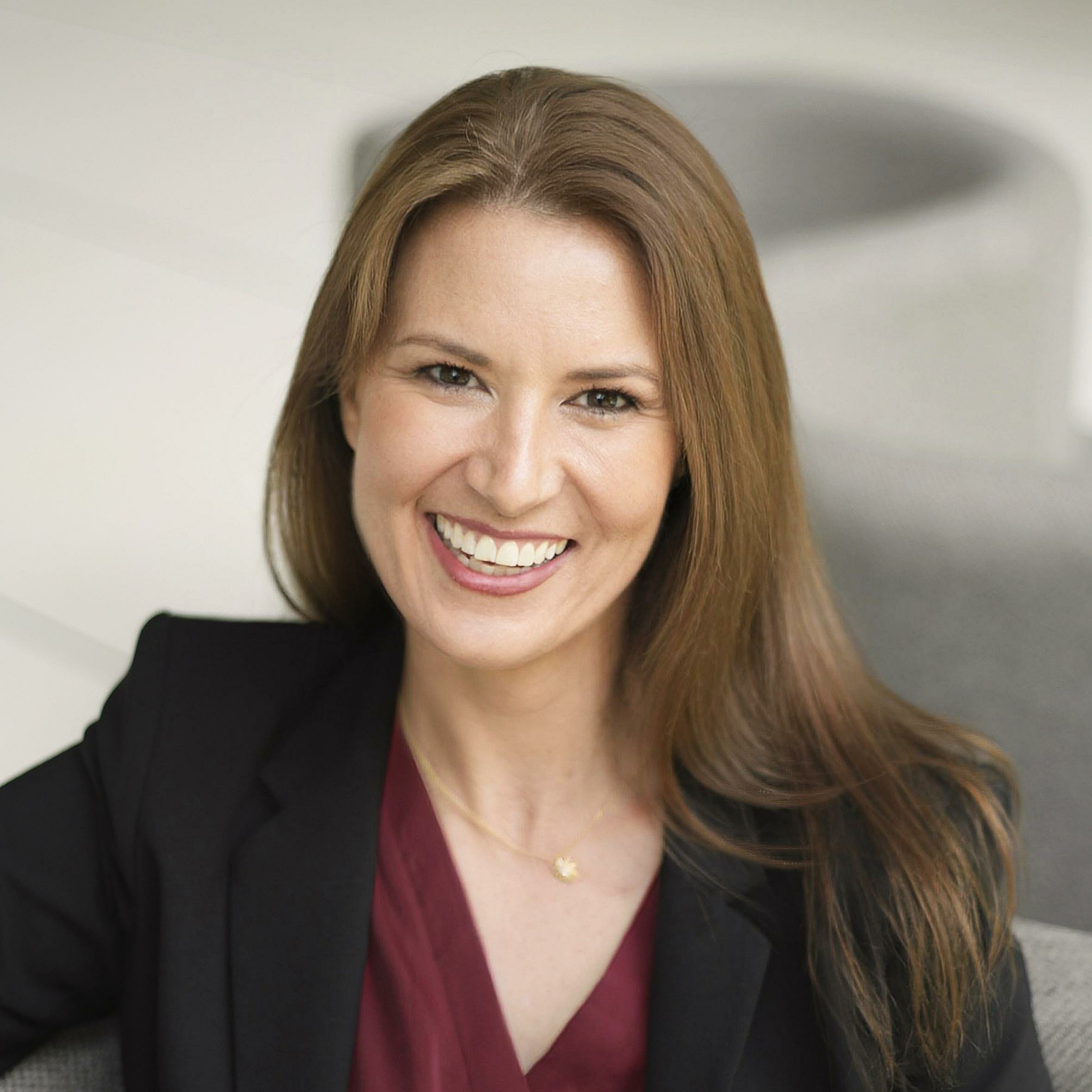
Pioneering Neuroscientist, Technologist and Multidisciplinary Researcher Focused on Improving the Lives of People with Autism and Complex Neurodevelopmental Differences; Expert on How Genetics Shape Language; Professor of Engineering and Communication Sciences and Disorders, Northeastern University; Researcher, Harvard Medical School and Boston Children’s Hospital

Leading Expert Studying Team Dynamics and How They are Transformed By AI and Robotics; Design Researcher Revealing Practical Suggestions for Effective Collaboration and Team Health; Founder and Leader, InterPlay Research Studio, Cornell University; Associate Professor of Information Science and the Nancy H. ’62 and Philip M. ’62 Young Sesquicentennial Faculty Fellow at Cornell University
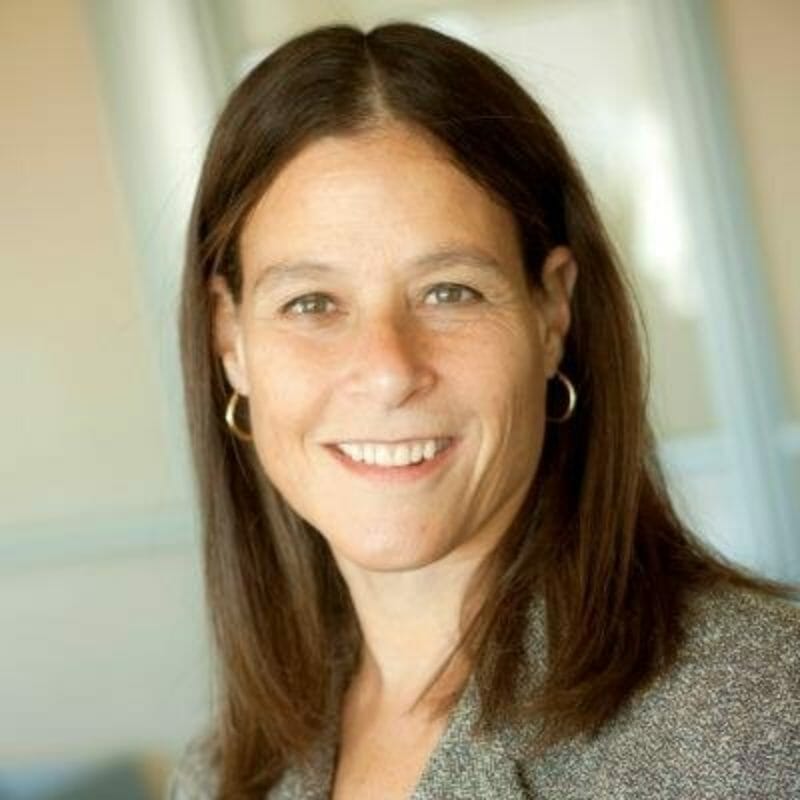
Renowned Brand Marketing Strategist Whose Retailing Success Matrix Offers Companies Winning Strategies for Surviving Disruption; Expert on Brand Loyalty, Management and Consumer Decision-Making; Bestselling, Award-Winning Author, “The Shopping Revolution” (2021); Professor of Marketing, The Wharton School; Executive Director, Marketing Science Institute
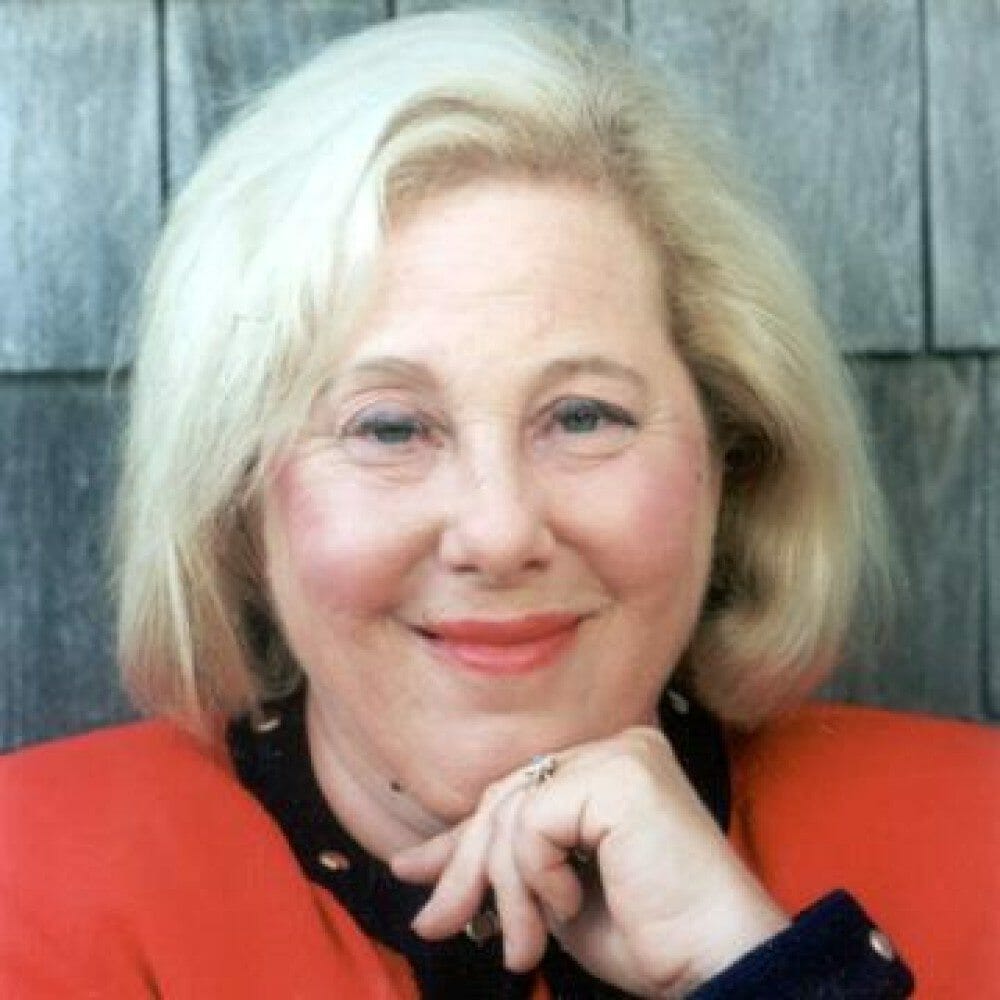
New York Times Best-Selling Author and Distinguished Expert on Strategy, Innovation and Leadership for Corporate Change; Social Scientist and Harvard Business School Professor; Author, “MOVE” and “Think Outside the Building” (2020)

Foremost Authority on Inclusive Growth Strategies, Performance and Risk Management, Strategy Execution, and Value-based Systems for Decreasing Health Care Costs; Multi-Award-Winning Scholar, Author and Leadership Advisor; Co-Creator of the Revolutionary Balanced Scorecard; Senior Fellow and Marvin Bower Professor of Leadership Development, Emeritus at the Harvard Business School; Co-Founder and Senior Fellow, E-Liability Institute

Leading Authority on Extended Intelligence, Closely Coupling Human Cognition and Artificial Intelligence; Pioneering Inventor and Innovator; 2019 TED Fellow; 2019 Lemelson-MIT Student Prize Winner

Award Winning Crisis Management and Homeland Security Expert Who Advises Businesses, Governments and Nonprofits on Creating Immediately Applicable Disaster Preparedness and Recovery Initiatives; Professor and Faculty Chair, Homeland Security and Global Crisis Resilience Projects, Harvard Kennedy School; Department of Homeland Security Assistant Secretary, Obama Administration; Homeland Security Advisor for Massachusetts Governor Deval Patrick; Senior National Security On-Air Analyst, CNN; Contributor, The Atlantic; Bestselling Author, “The Devil Never Sleeps” and “Security Mom”
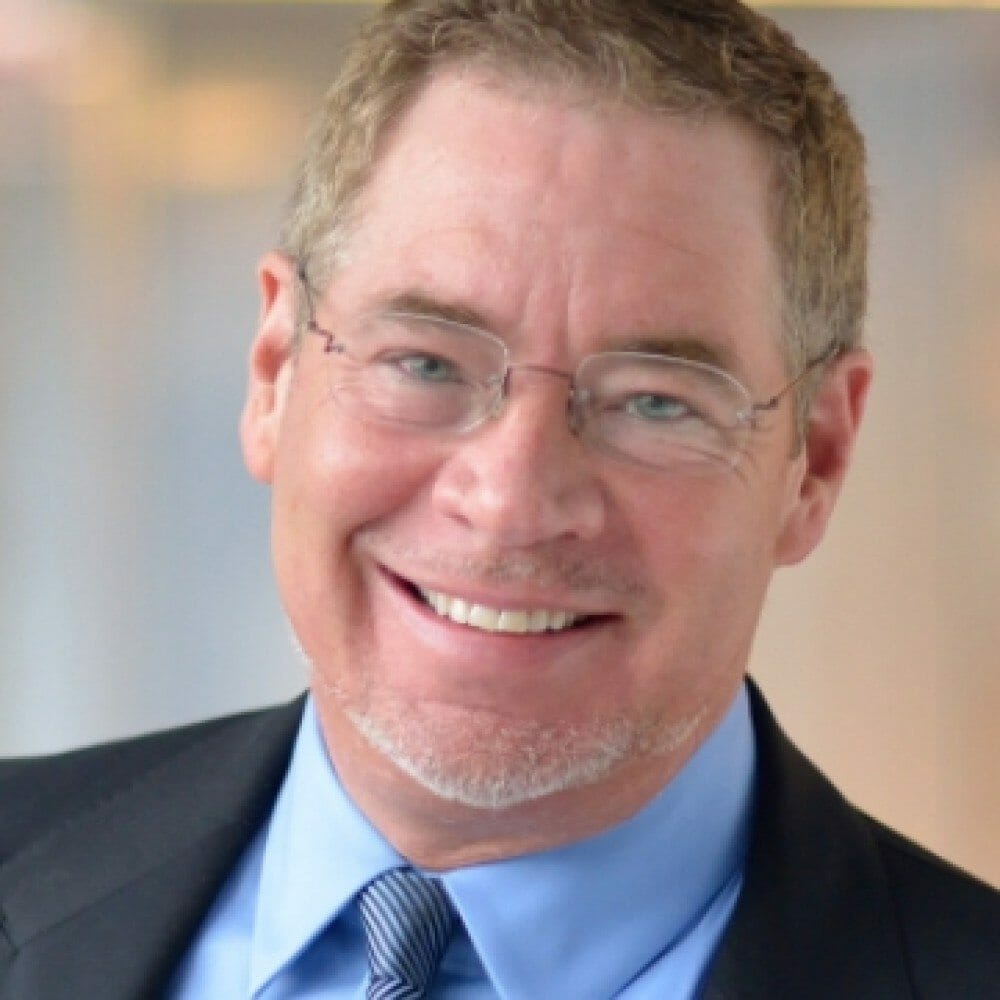
Authority on Integrating Firms into Dynamic Business Ecosystems; Innovation Strategy and Effectiveness Expert; Influential Designer; Co-Founder and Former President, Doblin; Author, “Ten Types of Innovation”
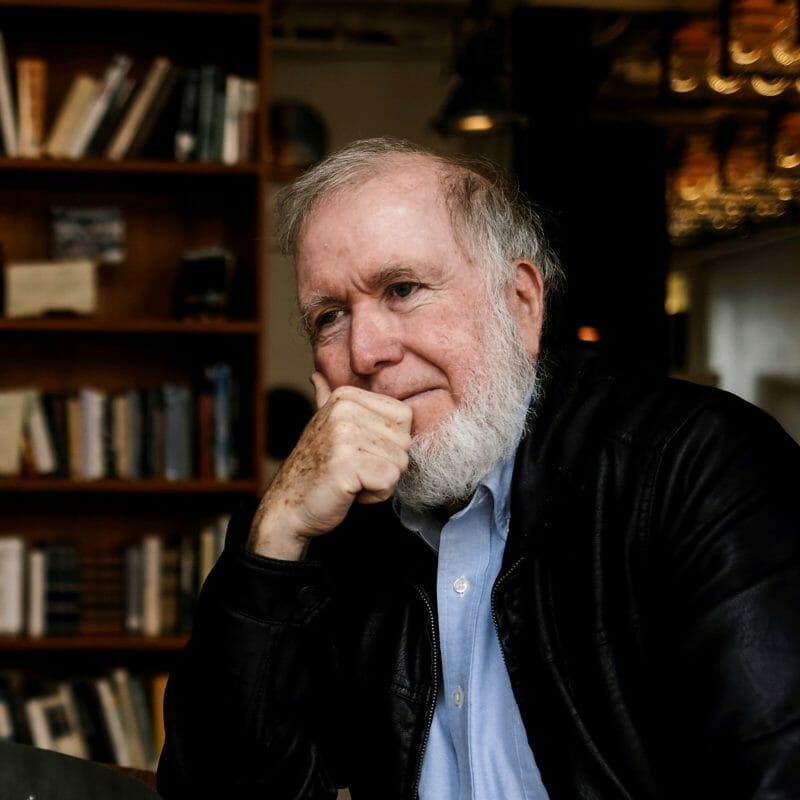
Leading Voice on Emerging Technologies Who Equips Leaders with Practical Tools to Build Toward the Futures They Envision; Digital Visionary Preparing Organizations for Multiple Possible Technological Landscapes with Actionable Scenario Planning and Strategic Foresight; New York Times Bestselling Author, “The Inevitable”; Co-Founder and Senior Maverick, WIRED

Award-Winning Organizational Learning Expert Who Helps Teams and Companies Innovate, Integrate and Perform Better With a Focus on Team Climates and Psychological Safety at Work; Professor of Management, Harvard T.H. Chan School of Public Health; 2023 Thinkers50 Radar List

Global Expert on Competitiveness, Strategy and Cluster-Based Economic Development; Director and Co-Chair, Innovation Fund Denmark; Senior Advisor, House of Governance and Affiliated Researcher, Center for Resilient Health at the Stockholm School of Economics; Chair, TCI Network Advisory Board; Special Advisor on Competitiveness, European Commission

Global Authority on Leadership Development and Organizational Change; Award-Winning Academic and Bestselling Author/Editor of over 50 Books; Professor, Psychoanalyst, INSEAD

Globally Recognized Leader on Diversity, Equity and Inclusion; Intersectionality Expert Using Big Vision and Practical Takeaways to Build Safe, Healthy, Sustainable Work Culture; Journalist, Consultant and DEI Strategist; Founder, Global IDEA
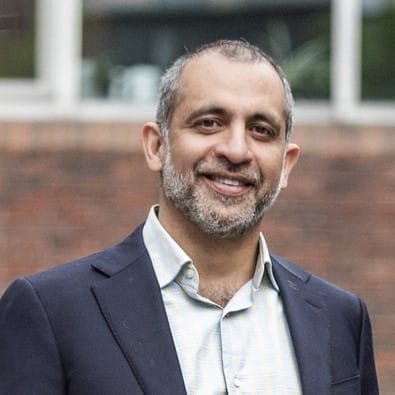
World Renowned Expert on Economic Development, Finance, Education, Political Economy and More Helping Governments and Businesses Apply Microeconomic Theory to Answer Challenging Policy Questions; Director, Harvard Center for International Development; Professor of International Finance and Development, Harvard Kennedy School; Co-Founder, Center for Economic Research in Pakistan

Seasoned Operations Expert, Consultant and Educator Who Helps Organizations Transform Strategy Deployment, Product Development and Operational Improvement; Founder, ShiftGear Work Design; Senior Lecturer in Operations Management, MIT Sloan School of Management; Former VP of Operational Excellence, Harley-Davidson; Co-Author, “There Has Got to Be a Better Way” (August 2025)

Highly Respected Writer, Editor, Entrepreneur and Management Thinker Who Helps Leaders Build Trust, Scenario Plan and Responsibly Leverage AI Technology; Principal and Editor-in-Chief, Kleiner Powell International; Partner, Wise Advocate Enterprises; Faculty Member, New York University; Former Editor-in-Chief, strategy+business; Former Managing Director, PwC; Co-Author, “The AI Dilemma” (August 2023)
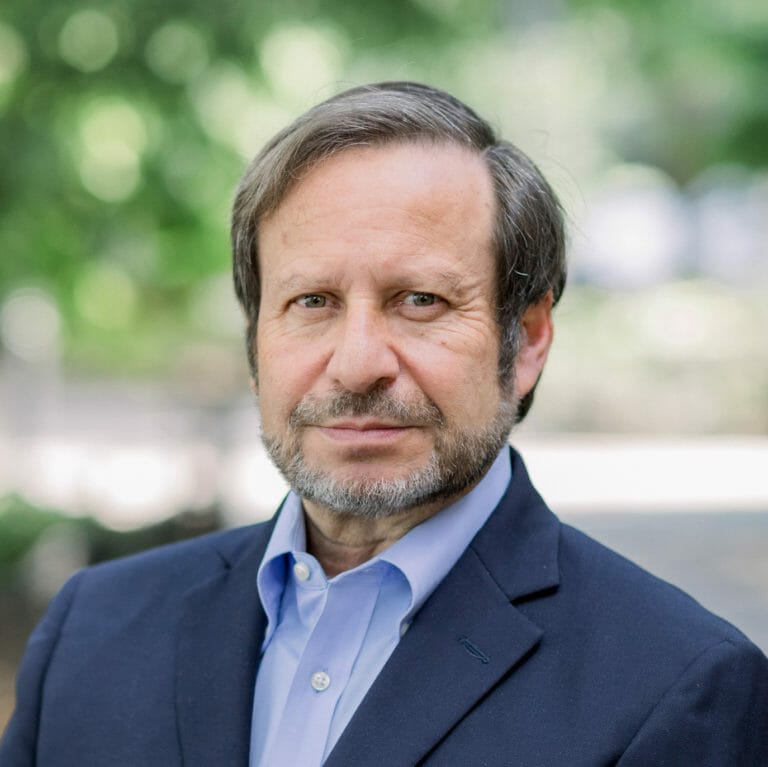
Renowned Authority on Climate Science and Energy Technologies; Former Undersecretary for Science, U.S. Department of Energy; University Professor, New York University, with Appointments in the Stern School of Business, the Tandon School of Engineering and the Department of Physics; Former Professor of Theoretical Physics and Vice President and Provost, Caltech; Former Chief Scientist, BP; Founding Director, NYU Center for Urban Science and Progress (CUSP); Long-time Member and Former Chair of the JASON Group of Government Advisors; Bestselling Author, “Unsettled” (2021)
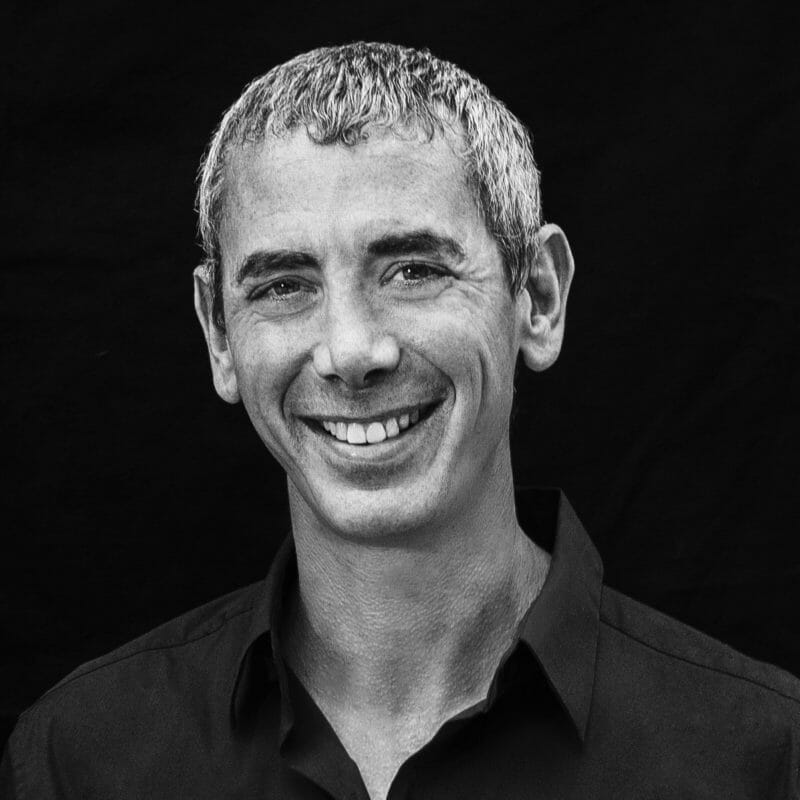
New York Times Bestselling Author and Leading Expert on Human Performance; Foremost Authority on Harnessing Flow to Amplify Focus, Decision-Making and Productivity; Visionary Thinker on the Future of Technology; Award-Winning Journalist; Three-Time Pulitzer Prize Nominee; Author, “Gnar Country” (2023) and Bestseller “The Art of Impossible” (2021); Executive Director, Flow Research Collective
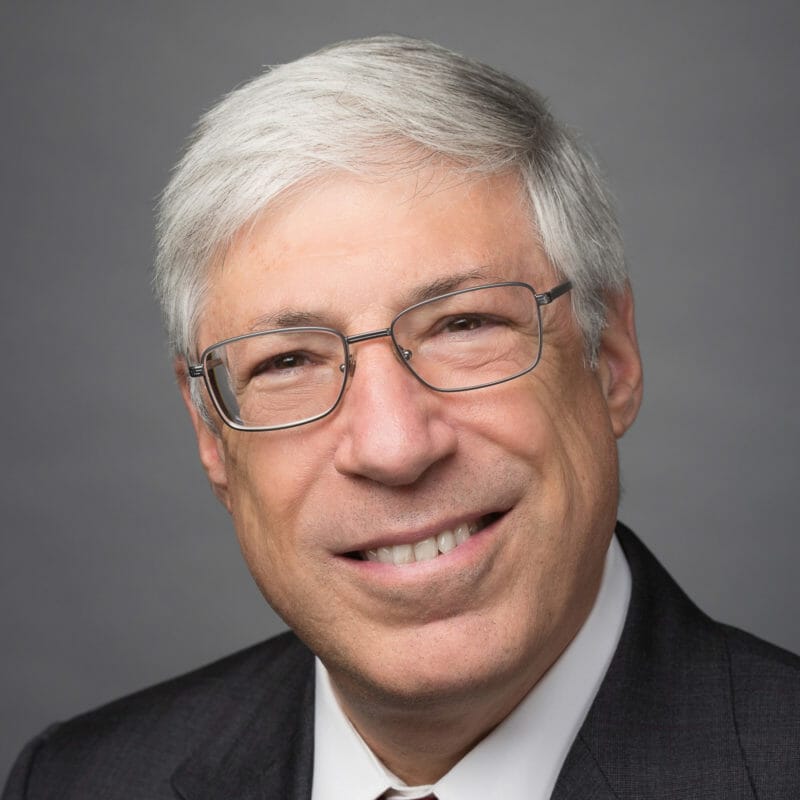
Global Authority on Strategies That Drive Competitive Advantage by Leveraging Business Opportunities With Social and Environmental Impact; Co-Creator (With Michael Porter) of the Creating Shared Value (CSV) Concept; Acclaimed Scholar Who Introduced the Ideas of Impact Investing, Catalytic Philanthropy, Collective Impact, and Strategic Evaluation; Co-Founder, FSG; Senior Fellow, CSR Initiative of the Center for Business and Government, Harvard Kennedy School
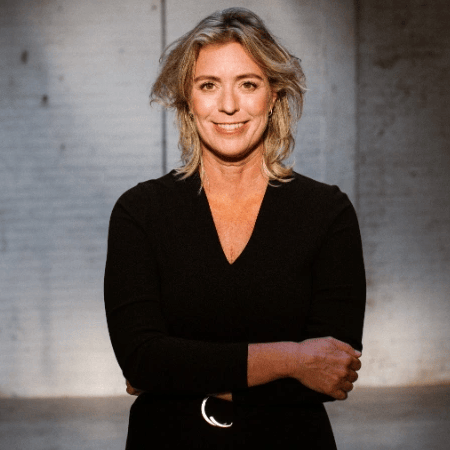
Transformational Leadership Authority Who Brings Fresh Perspectives on Teaming by Applying the Knowledge and Methods of Anthropology Into the Business World; Expert on Organizational Culture, Leadership, Inclusive Decision-making and Complex Change Processes; Founder of Human Dimensions and Award-Winning Author of Bestselling Books Including “Tricky Times,” “The Corporate Tribe,” “Jam Cultures,” and “Deep Democracy”

Renowned Journalist and Geopolitical Analyst Who Offers Leaders a Nuanced and Thought-Provoking Perspective on Current Affairs; Host, Breaking History Podcast; Contributing Editor and Columnist, The Free Press; Former Columnist, Bloomberg, The Daily Beast and Newsweek

Architect of Digital Transformation and AI-Enabled Business and Operating Models; Leading Scholar of Technology Management and Innovation Experiments; Professor of Business Administration, Harvard Business School; Co-Founder and Co-Director of the Laboratory for Innovation Science at Harvard (LISH) and the Harvard Business Analytics Program; Award-Winning Co-author, “Competing in the Age of AI” (2020)

Renowned Authority on Group Dynamics Across Differences in Classes, Generations and Racial Groups Who Helps Leaders Create Workplaces Based on Recognition and Dignity; Professor of European Studies, Sociology and African and African American Studies, Harvard University; Winner, 2024 Kohli Prize for Sociology; Co-Chair, Advisory Board to the 2021-22 UN Human Development Report, “Uncertain Times, Unsettled Lives”; Author, “Seeing Others” (2023) and “Recognition Globally” (Upcoming)

Award-Winning Educator and Marketing and Sales Executive Who Helps Leaders Drive Successful Business Results Through Integrated, Omnichannel Digital Marketing Programs; Authority on Artificial Intelligence and Machine Learning in Marketing; Database Marketing and Analytics Expert; Clinical Professor of Marketing, Northwestern University Kellogg School of Management MBA Program; Former VP, US Sales & Service, Google; Author, “The AI Marketing Canvas” (2021) and Bestseller “Winning the Zero Moment of Truth”
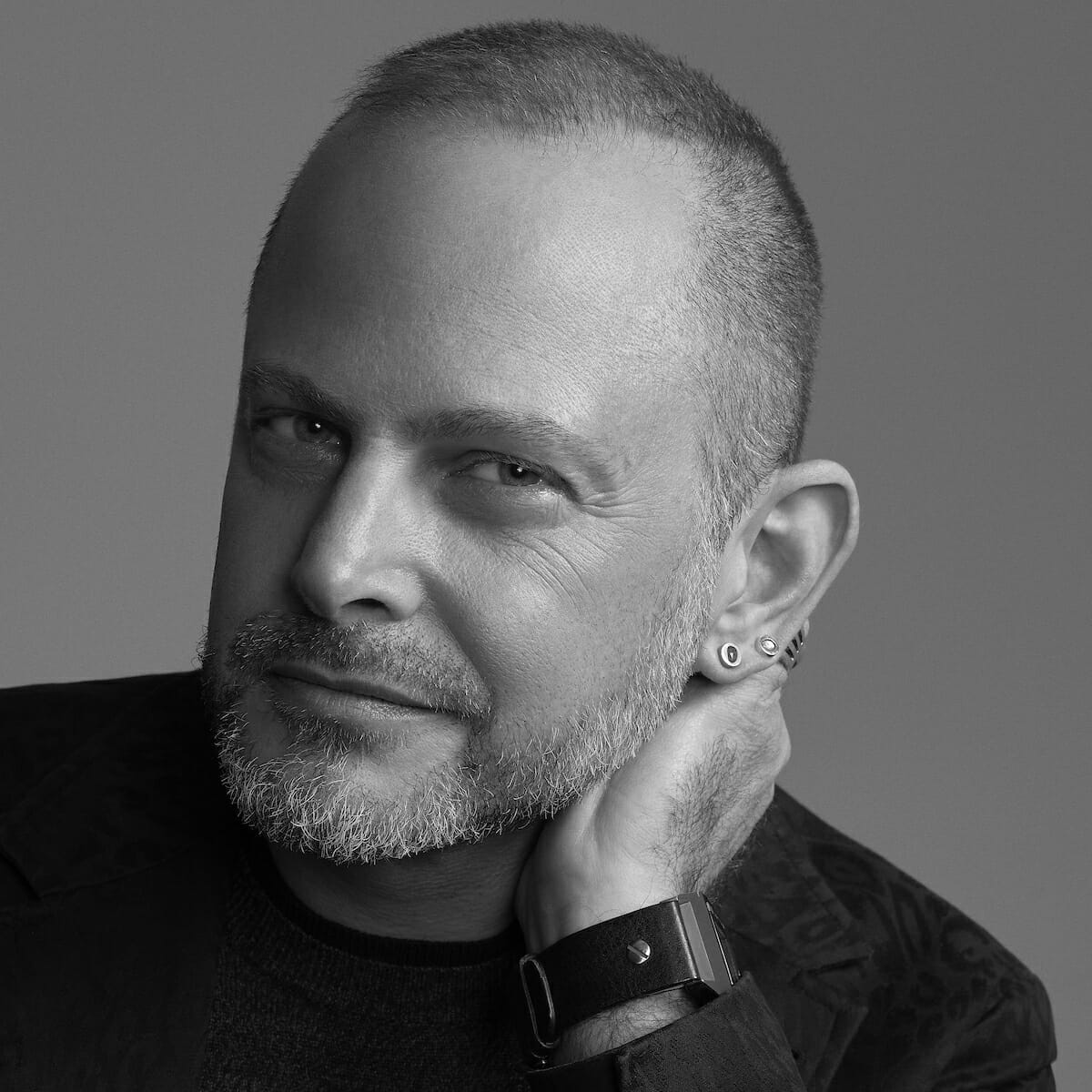
Trailblazing Journalist, Tech Guru, and Futurist Helping Organizations Anticipate Technology Trends That Are Poised to Disrupt Business and Society; Former Editor-in-Chief, WIRED Magazine and MIT Technology Review; Co-founding Editor, Quartz Magazine
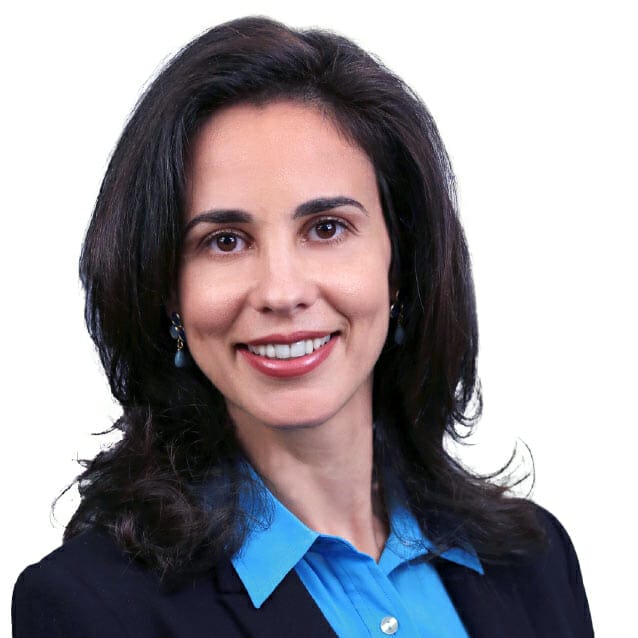
Award-Winning Global Researcher Identifying Innovation Strategies That Leverage Digitization and Artificial Intelligence; Renowned Scholar Investigating the Intersection of Technological and Scientific Innovation and the Future of Work; Faculty Affiliate, Harvard University Lab for Innovation Science; Professor of Management and Head of the Artificial Intelligence Innovation Network Research Center, Warwick Business School
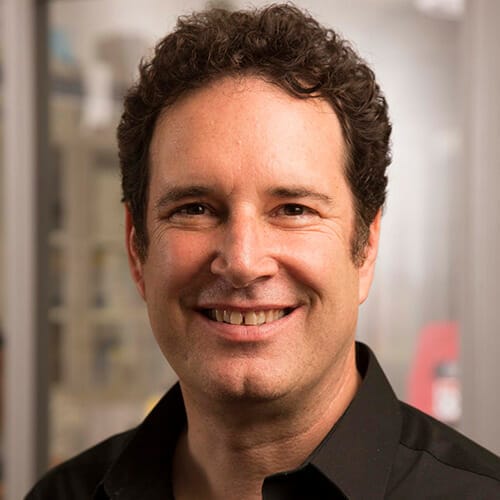
Award-Winning Roboticist and Entrepreneur Who Educates Leaders on Emerging AI and Robotics Technologies and Their Coming Impacts on Business and Society; James and Sally Scapa Professor of Innovation and Chair, Department of Mechanical Engineering, Columbia University; Director, Creative Machines Lab, “25 Most Awesome Labs in the U.S.,” Popular Science; Co-Author, “Fabricated” and “Driverless” (Translated Into 7 Languages); One of the “World’s 7 Most Powerful Data Scientists,” Forbes
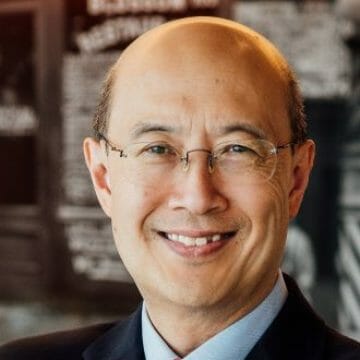
World-Renowned Economist and Financial Scholar Whose Evidence-Based Frameworks Offer Audiences a Deeper Understanding of Market Psychology and Modern Investment Strategies; Groundbreaking Researcher Developing AI Tools to Extend Human Ability in Financial Advising, Quantitative Trading, and Predicting Clinical Trial Outcomes; MIT Sloan School of Management Professor, Director of the MIT Laboratory for Financial Engineering, Principal Investigator at the MIT Computer Science and Artificial Intelligence Laboratory; Serial Entrepreneur and Co-Founder of the AlphaSimplex Group, QLS Advisors, Quantile Health, Uncommon Cures, and the Award-Winning BridgeBio Pharma; Author, “Adaptive Markets”; Co-Author, “In Pursuit of the Perfect Portfolio”; TIME’s 100 Most Influential People

Leading Future of Work Researcher Helping Leaders Build Human-Centered, Equitable and Sustainable Organizations Ready to Respond to the Evolving Dynamics of Labor in the Digital Age; Advocate for Workforce Upskilling and Reskilling to Enhance AI-Human Collaboration; Expert on Leveraging Data to Help Policymakers, Businesses and Global Institutions Shape Strategies for a More Inclusive and Adaptive Workforce; Computational Social Scientist, MIT Sloan School of Management

Award-Winning Inclusion Strategist Who Guides Leaders on the Path to Creating Collaborative, Innovative Teams and Cultures of Belonging; Founder and CEO, Candour; Thinkers50 Radar List; Bestselling Author, “Inclusion on Purpose” (2022), “Uncompete” (2025)
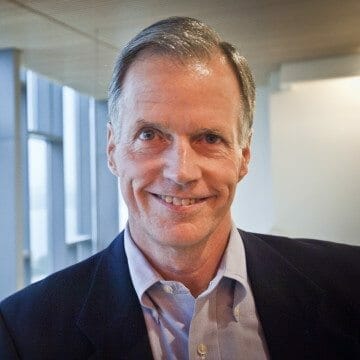
Renowned Expert on the Future of Work and Organizational Visionary; Professor, MIT Sloan School of Management; Author, “Superminds” (2018); Founding Director, MIT Center for Collective Intelligence

Leading Authority on Artificial Intelligence, Large Language Models and Deep Learning; Renowned AI Skeptic Voicing Policy and Safety Recommendations for ChatGPT, Google Gemini, and Other Models; Author of “Rebooting AI” (2019) and the New York Times Bestseller “Guitar Zero” (2012); Co-Founder, Center for the Advancement of Trustworthy AI; Founder and CEO, Geometric Intelligence; Emeritus Professor of Psychology and Neural Science at New York University

Award-Winning Neuroscientist Who Provides Leaders with Research-backed Mechanisms for Creating Cooperative Teams; Social Psychologist Whose Help Organizations Cultivate Courage, Encourage Fearless Innovation and Practice Psychological Safety; Director, Georgetown University’s Laboratory on Social and Affective Neuroscience; Award-Winning Author, “The Fear Factor”
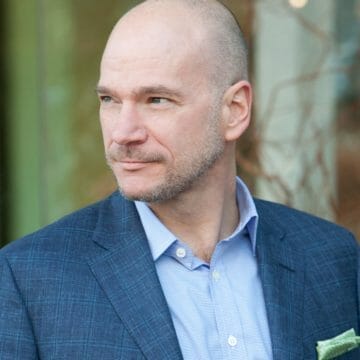
Award-Winning, Globally Acclaimed Researcher, Writer and Thinker About Technological Progress and the Changes It Brings; Evidence-Driven Optimist and Practical Theorist Investigating Sources of Growth and Competitive Differentiation; Co-Founder and Co-Director of the MIT Initiative on the Digital Economy; Principal Research Scientist, MIT Sloan School of Management; Inaugural Visiting Fellow, Google Technology and Society; 6x Thinkers50 Honoree; New York Times Bestselling Co-Author, “Machine, Platform, Crowd” and “The Second Machine Age”; Author, “More From Less” and “The Geek Way”
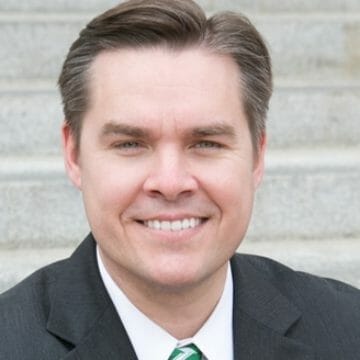
Leading Expert on Disruptive Innovation and Strategies for Conquering New Markets; Authority on Proactive Investment Opportunities; Best 40 Under 40 Professor (Poets & Quants); John Tyler Associate Professor of Business Administration, University of Virginia Darden School of Business

Former Tesla President Who Led 10x Growth in Less than 18 Months; Visionary Leader and Serial Entrepreneur Who Teaches Executives How to Exponentially Scale Business and Create Value By Simplifying AI; Co-founder and CEO, DVx Ventures; Board of Directors Member, General Motors, Asurion, Lululemon; Lecturer, Stanford Graduate School of Business, Harvard Business School and MIT Sloan School of Management; Former COO, Lyft; Successful Investor and Strategic Advisor on Risk Assessment; Expert on Leading Highly Effective Teams; Author, “The Algorithm: Tesla’s Hypergrowth Formula That Will Revolutionize Any Business” (March 2026)

Renowned Management Researcher Who Helps Leaders Create Employee-Centric, Psychologically Safe Workplaces Where Innovation Thrives; Expert Investigating the Intersection of Behavioral Economics, Corporate Strategy and the Future of Work; Award-Winning Professor of Business and Management Division Chair, Columbia Business School; Former Senior Economist, Center for Behavioral Economics and Decision-Making, Federal Reserve Bank of Boston; Author, “The Employee Advantage” (2024)
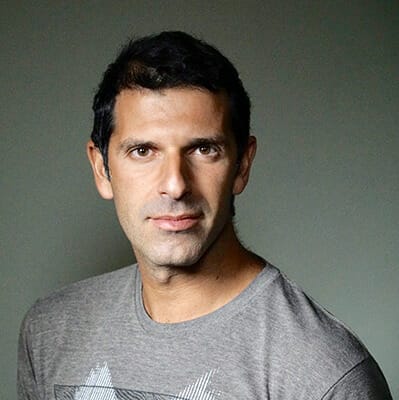
Caltech Mathematical Physicist Who Helps Organizations Innovate and Solve Big Problems by Applying Quantum Principles to Their Thinking; Outreach Manager, Caltech Institute for Quantum Information and Matter; Professor-in-Residence, Relay Ventures; Faculty Advisor, Caltech Science Olympiad Chapter, Hollywood Film Consultant and Science Advisor, “Ant-Man,” “Ant-Man and the Wasp,” and “Bill & Ted Face the Music”
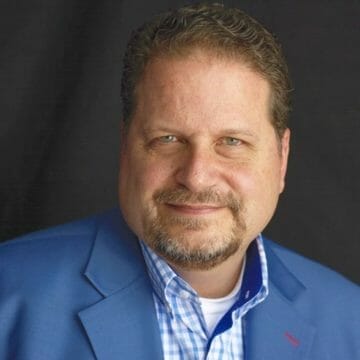
Master Innovator, Maker and Entrepreneur; Expert Investigator of Consumers’ Motivations and Decision-Making Processes; Co-Creator of the “Jobs-To-Be-Done” Theory; President, ReWired Group; Co-Author, “Job Moves” (2024)

Artificial Intelligence Pioneer and Entrepreneur Who Helps Companies Develop Pro-Human AI Solutions That Scale Leadership, Unlock Talent and Extend Identity in Purposeful Ways; Founder, Virtual Human Economy; Co-Founder, Hour One; Former Digital Media Executive

Visionary Authority on the Future of Work and Company Culture Who Helps Leaders Identify and Navigate the Tradeoffs of the Evolving Labor Landscape to Deliver Real Organizational Value; Pioneering Researcher, Executive Educator and Global Authority on Remote and Hybrid Work, Leadership, Teaming and Psychological Safety; Associate Dean of the Middle East Campus in Abu Dhabi, INSEAD; Co-Author of Forthcoming Book with Amy Edmondson, “When Work Works: What Employees Really Need to Succeed”

New York Times Bestselling Author and Pioneering Authority on Brain Health, Women’s Brains, and Brain Nutrition; Director, Women’s Brain Initiative at Weill Cornell Medical College (WCMC); Associate Director, WCMC/New York-Presbyterian Hospital Alzheimer’s Prevention Clinic; Author, “The Menopause Brain” (2024)
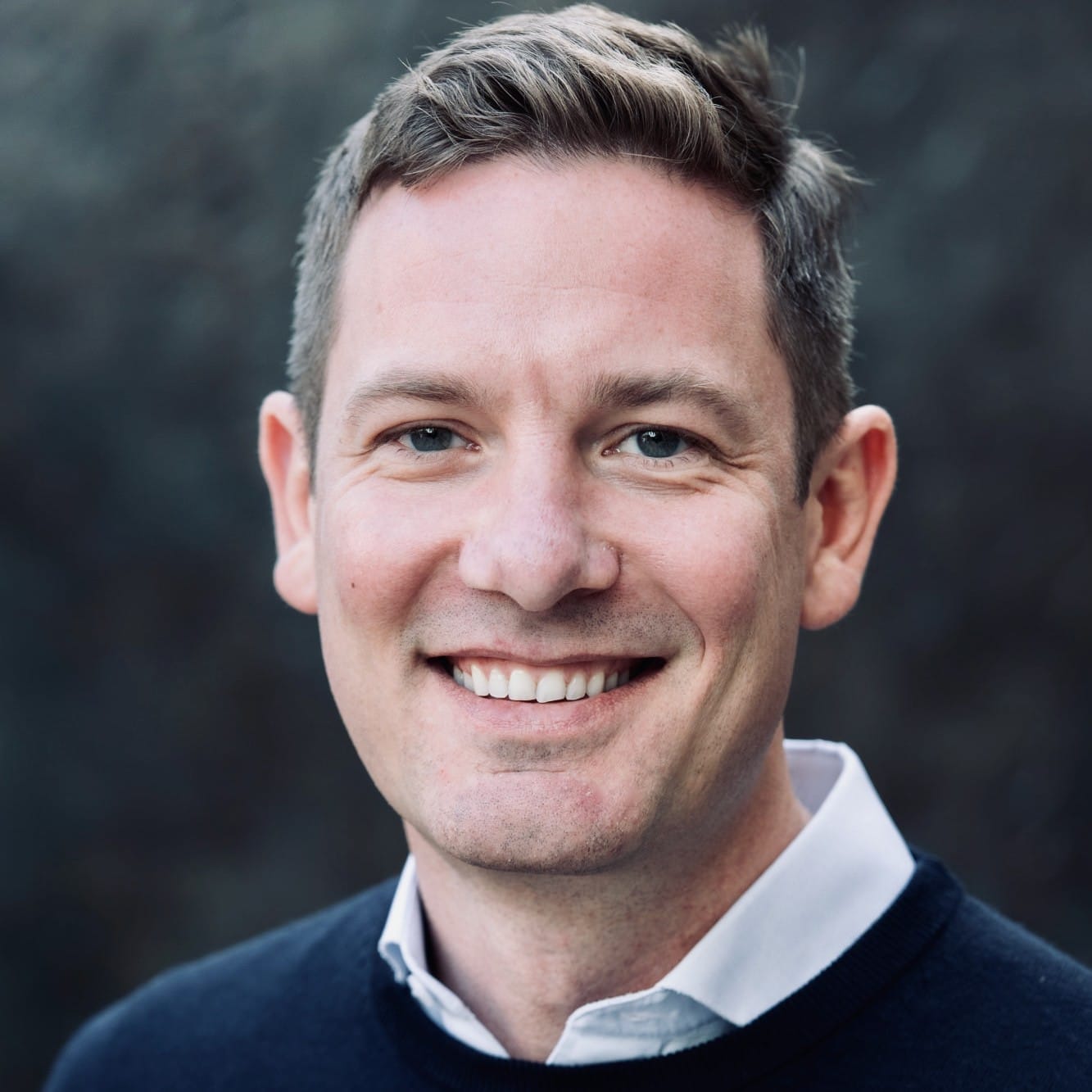
Award-Winning Political Economist and Expert on Trade and Economic Policy in China, the US and Europe Who Brings a Multidimensional Lens to How Global Trade and Economic Competition Affect Firms and Sectors; Global Researcher and Advisor Working at the Intersection of Energy, Economic and Industrial Policy; Associate Professor, Johns Hopkins School of Advanced International Studies; Former Senior Economist, White House Council of Economic Advisors; Author, “Collaborative Advantage”
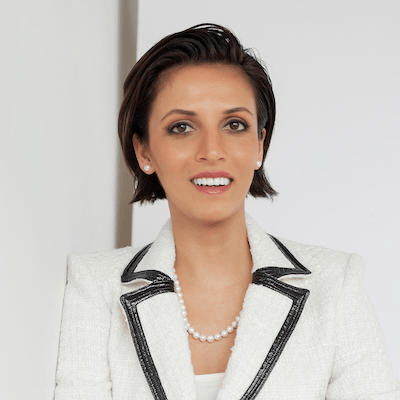
Award-Winning Quantum Technology Expert Working to Unleash the Power of High-Performance Computing at Scale; Pioneering Deep Technology Inventor Bringing About the Future of Quantum Security, Materials and Sensing; Principal Investigator, Narang Lab and Professor in Physical Sciences, University of California, Los Angeles; Founder and Chief Technology Officer, Aliro; 2023 US Science Envoy; Winner of the 2023 Maria Goeppert Mayer Award, American Physical Society; 2023 Guggenheim Fellow, John Simon Guggenheim Memorial Foundation; Top Innovator, MIT Tech Review; Forbes “30 Under 30”

Foremost Expert on Digital Currencies and Blockchains; Financial Democratization Enthusiast; Director of the Digital Currency Initiative at the MIT Media Lab
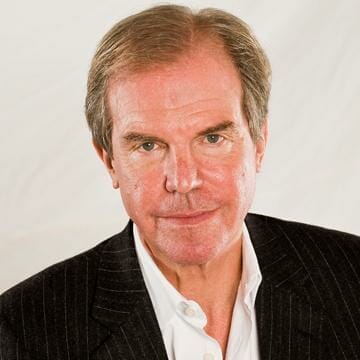
Visionary on Technology and its Impact on Business and Society; Founding Chairman, MIT Media Lab; Founder, One Laptop per Child

Visionary Leader and Education Reformer Building the Future of Education Through Interdisciplinary Curricula and Active Learning; Entrepreneur and Disruptor Who Helps Organizations Transform Their Approach to Innovation and Learning; Author, “Building the Intentional University”; Founder, Chairman and CEO, Minerva Project; Founder, Minerva University; Former President, Snapfish

Acclaimed Psychological Safety, Organizational Learning, and Health Care Management Scholar Focused on Helping Leaders Foster an Agile Culture of Innovation, Problem-Solving and Teamwork; Qualitative and Quantitative Field Researcher Who Studies the Dynamics of People Working Together Primarily in Health Care Settings but Also in Other Settings; Professor of Health Care Management, The Wharton School, University of Pennsylvania
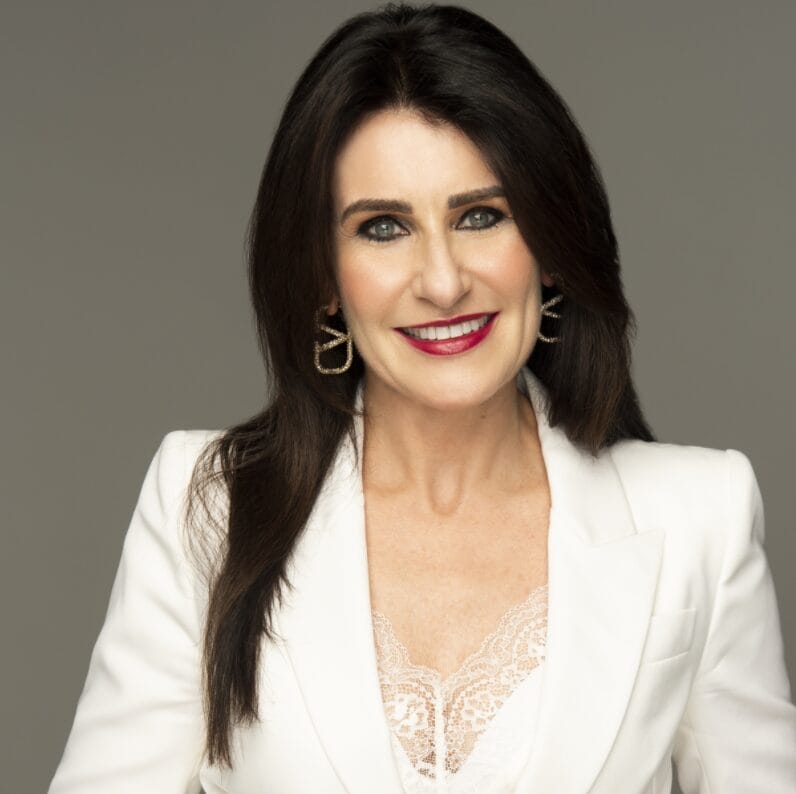
Multidisciplinary Global Authority on Leadership Development, Governance and the Future of Work; Corporate-Academic Whose Approach Brings a Holistic View of Human Capital Development and Future Readiness to the Forefront; CEO, Dean & Co-Founder, Institute for Future Readiness; Senior Fellow, Center for Governance, Public Investment Fund (Saudi Arabia); Former Dean, Hult International Business School (Dubai Campus); Thinkers50 Radar Class 0f 2025.
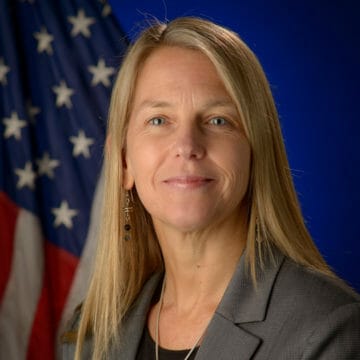
Aerospace Pioneer and Multidisciplinary Authority on the Requirements of Human Performance On and Beyond Earth; Former NASA Deputy Administrator and Current Director, MIT Media Lab; Apollo Program Professor of Astronautics, MIT; Co-Chair, WEF Global Future Council on Space Technologies
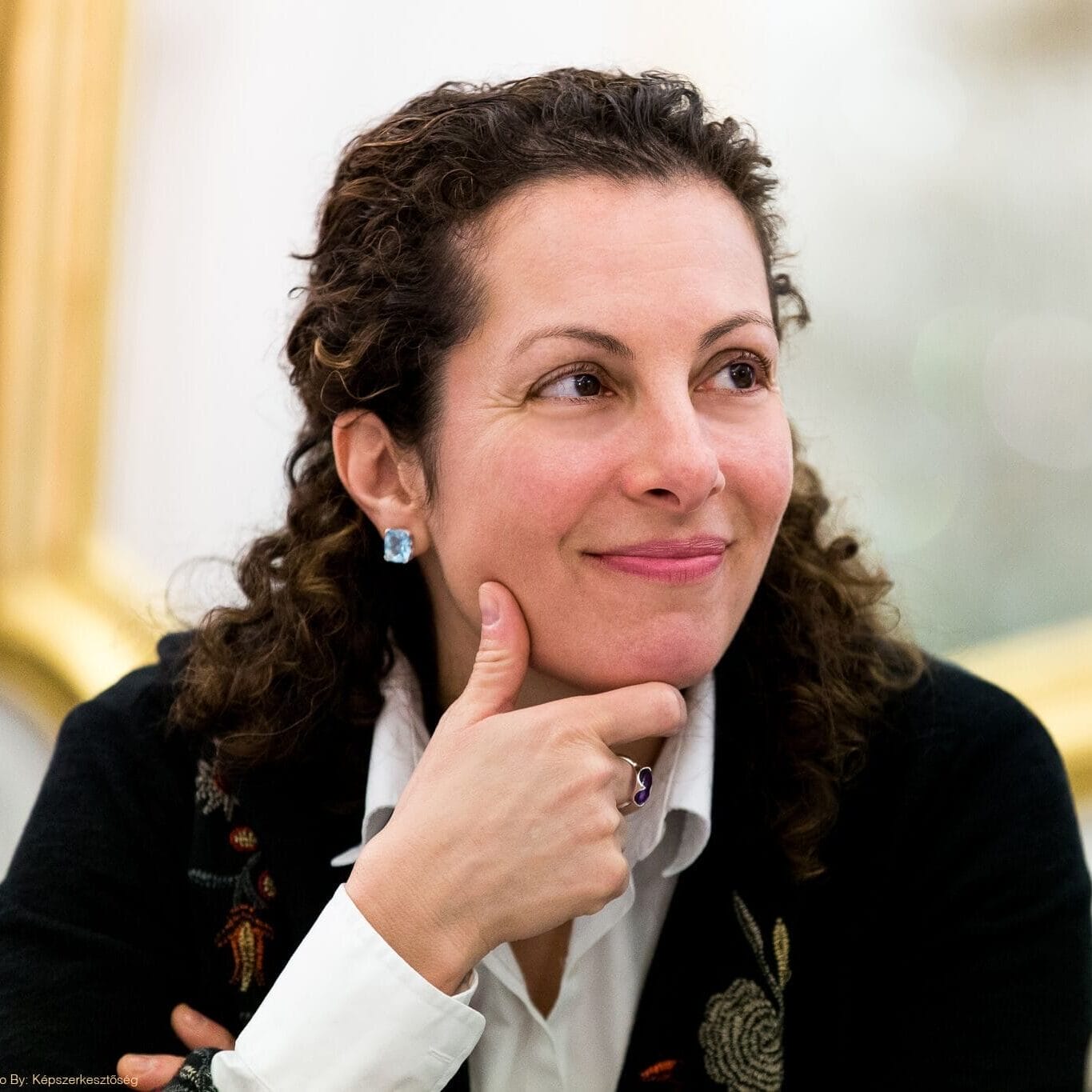
Global Authority on AI and Institutions Working to Transform How We Solve Public Problems with Technology; Nation’s First State Chief AI Strategist; Tech Advisor to President Obama, Chancellor Merkel and Prime Minister Cameron; Founder, InnovateUS and The Governance Lab; Designer of Pioneering Platforms for Digital Democracy; Professor of Experiential AI and Prof of Law at Northeastern University; Award-Winning Author of Four Books on Technology, Including “Solving Public Problems” (2021) and “Democracy Rebooted: How AI Can Save Our Democracy” (2026)
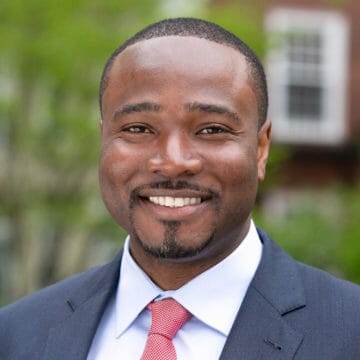
Champion for Creating Economic Prosperity Through Innovation; Leading Authority on Market-Creating Innovations; Co-Author, “The Prosperity Paradox” (2019); Director, Global Prosperity, Christensen Institute; Adjunct Professor, Kellogg School of Management, Northwestern University; Thinkers50 Radar Class of 2020; Co-Founder & President, Poverty Stops Here

Award-Winning, Globally Recognized Expert on Cybersecurity Helping Organizations Understand Cyber Threats, Assess Cyber Risks and Establish Cyber Policies; Board Member and Chair of the Risk Committee at the Center for Internet Security; Non-resident Senior Advisor, Center for Strategic & International Studies; Associate Fellow, Chatham House; Co-Chair of the Institute of Security and Technology’s Ransomware Task Force; Former Senior Official at the Department of Justice, F.B.I.; Former White House Senior Director for Cyber Policy and Acting Cyber Coordinator in the National Security Council; Former (and First) Top Cyber Diplomat at the U.S. State Department
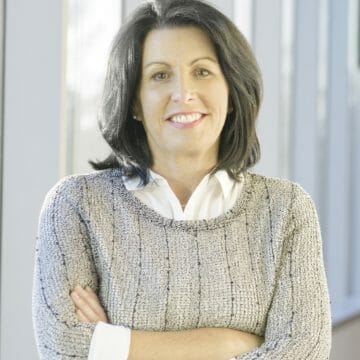
Cutting-Edge Thought Leader on the Future of Work, the Future of Learning, and the Challenge of Upskilling and Reskilling the Workforce; Chief Strategy Officer, Southern New Hampshire University; Former Chief Learning Officer, Degreed; Co-Author, “The Expertise Economy” (2018)

Leading Authority on Social Norms and Norm Change, Individual and Social Network-Wide Behavioral Change, and the Reduction of Prejudice and Conflict; 2017 MacArthur Fellow and Professor, Princeton University
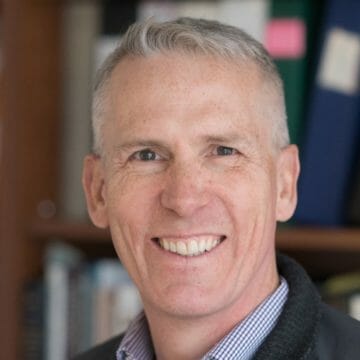
Leading Expert on Network Economics and Platform Business Strategies Who Helps Leaders Weave AI Into Digital Transformation to Leverage Data and High-Growth Business Models; Director, Arthur L. Irving Institute for Energy & Society, Dartmouth College; Professor of Engineering Innovation and Executive Director, Master of Engineering Management Program, Dartmouth College; Visiting Scholar and Research Fellow at MIT’s Initiative on the Digital Economy; Co-Chair of MIT’s Annual Platform Strategy Summit; Winner, 2019 Digital Thinking Award and Named Among the Top 50 Management Thinkers in the World in 2021 & 2023, Thinkers50

Pioneering Social Scientist and Social Worker Whose Frameworks for Designing Ethical AI Ensure Well-Being for Diverse Communities and Organizational Cultures; Widely Cited Authority at the Intersection of Healthy Social Media Ecosystems, Empathy, Race and Society; Named a 2022 Top 50 in Digital Health, Equity Advocate; Brian and Randi Schwartz Penn Integrates Knowledge University Professor, University of Pennsylvania; Founding Director, SAFELab; Chief Strategy Officer, Penn School of Social Policy & Practice; Author of the Forthcoming Book, “Facing Gakirah: Life and Death on the Digital Street”
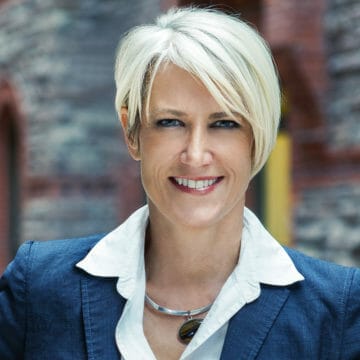
Behavioral Economics Expert and Leader in Applying Human Insights to Business Strategy, Marketing and Operations; Behavioral Economics Leader & Partner, Deloitte; Co-Founder, BEworks; Founder and CEO, Trial Run; Lifetime Achievement Award, Consulting Magazine
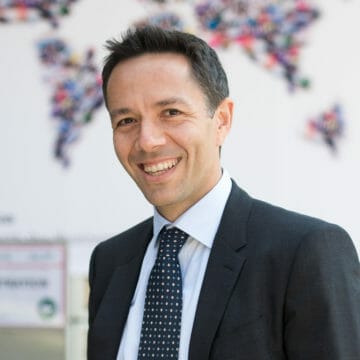
Authority on Value-Based Leadership and Experiential Learning Who Helps Managers Craft Workplaces That Foster Sustainable Performance, Vital Culture and Well-Being; Award-Winning Professor of Organizational Behavior, INSEAD; Named Among the Top 50 Management Thinkers in the World in 2023, Thinkers50; Past Chair Global Agenda Council on New Models of Leadership, World Economic Forum
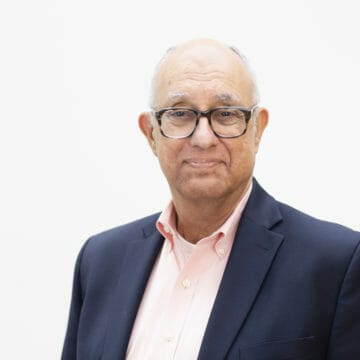
Renowned Authority on Power and Influence, Turning Knowledge into Action, Evidence-Based Management, and Building Cultures that Achieve Competitive Advantage Through People; Professor of Organizational Behavior, Graduate School of Business, Stanford University; Author, “7 Rules of Power” (2022) and “Dying for a Paycheck” (2018)
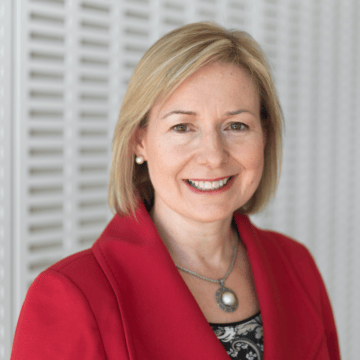
Digital Health Pioneer, Entrepreneur and Inventor of Mobile & Wearable Technology for Emotional Intelligence and Well-Being; Expert on Emotion AI and the Ethics of Its Use; Top Cited Scholar in the Areas of Digital Health and Affective Computing; Co-Founder, Affectiva; Co-Founder and Chairman, Empatica; Director, Affective Computing Research, MIT Media Lab; Professor, MIT; Faculty Chair MindHandHeart

Foremost Authority on Growth and Innovation Strategy for Large Firms and Startups; Expert on Commercializing Science, Manufacturing Innovation and Competitiveness; Professor, Harvard Business School; Executive Partner and Chief Strategist, Flagship Pioneering; Author, “Creative Construction”; Winner, 2019 McKinsey Award and 2020 Clayton M. Christensen Prize
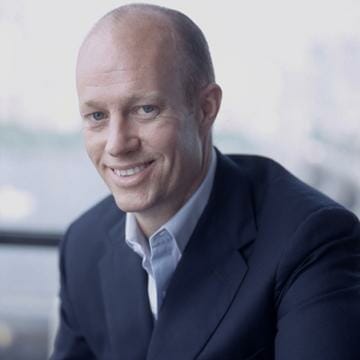
Visionary Futurist and Venture Capitalist Funding Dynamic Breakthrough Technologies in Computing, Energy, Life Sciences and Health Care; Leading Expert on New Technology, Innovation and the Future of Work; Renowned Journalist, Speaker and Moderator; Partner, DCVC; Chairman of the Board of Directors, Strateos

Expert on Leadership, Disruptive Innovation and Transforming Organizations in the Digital Age; Foremost Authority on the Online Learning Revolution in Higher Education; Advocate for Using Data to Evaluate Performance and Improve Outcomes; President, Western Governors University

Former Deloitte Senior Partner and Leadership Authority Whose Groundbreaking Research on Advancement Reveals A New Playbook for Resilient Leadership; Executive Fellow, Harvard Business School; Former US Managing Partner of WIN, Deloitte; Founder, re.write; Founding Board Member, Avasara; Board Member, Rutgers University Center for Women in Business; Advisor, Aspen Institute; Author, “The First, the Few, the Only” (2022)
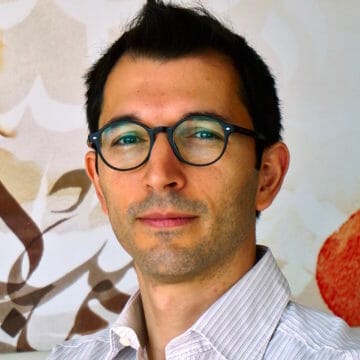
Acclaimed Futurist, Computer Scientist and Pioneering AI Scholar Whose Ongoing Research Reveals How Emerging Technologies Will Impact Humans and Related Long-term Investments; Foremost Expert on the Future of Work, Human-Machine Collaboration and the Ethics of AI and Autonomous Vehicles; Director, Center for Humans & Machines, Max Planck Institute for Human Development; Former Professor, MIT Media Lab; Editor, Artificial Intelligence Journal; Thinkers50 Radar Class of 2020

HBR McKinsey Award-Winning Expert on Capitalism, Climate Change, and Corporate Reporting; Authority on Rebuilding Trust Within Both Private and Public Sector Organizations; Oxford Professor and Inaugural Director, Master of Public Policy Program; Co-Founder and Principal Investigator, E-Liability Institute; Former Marvin Bower Fellow, Harvard Business School; Author, “The Age of Outrage: How to Lead in a Polarized World” (October 2024); Thinkers50 Radar Class of 2025

Leadership Coach and Authority on Psychological Safety and Empowering Employees to Speak Truth to Power; Renowned Educator, Researcher and Consultant on Mindfulness and Diversity in the Workplace; Author, “Speak Up” (2019) and “Mind Time” (2018); Associate Fellow, Saïd Business School, Oxford University; Adjunct Professor, Ashridge Executive Education, Hult Business School; Named Among the Top 50 Management Thinkers in the World in 2023 and 2021, Thinkers50

Award-Winning Authority on the Reform and Expansion of Chinese Capitalism and its Interaction with the Rest of the World; Expert on the Future of US-China Competition; Author, “Precarious Ties” (September 2023) and “Land Bargains and Chinese Capitalism”; F. Warren McFarlan Associate Professor in Business, Government and International Economy, Harvard Business School
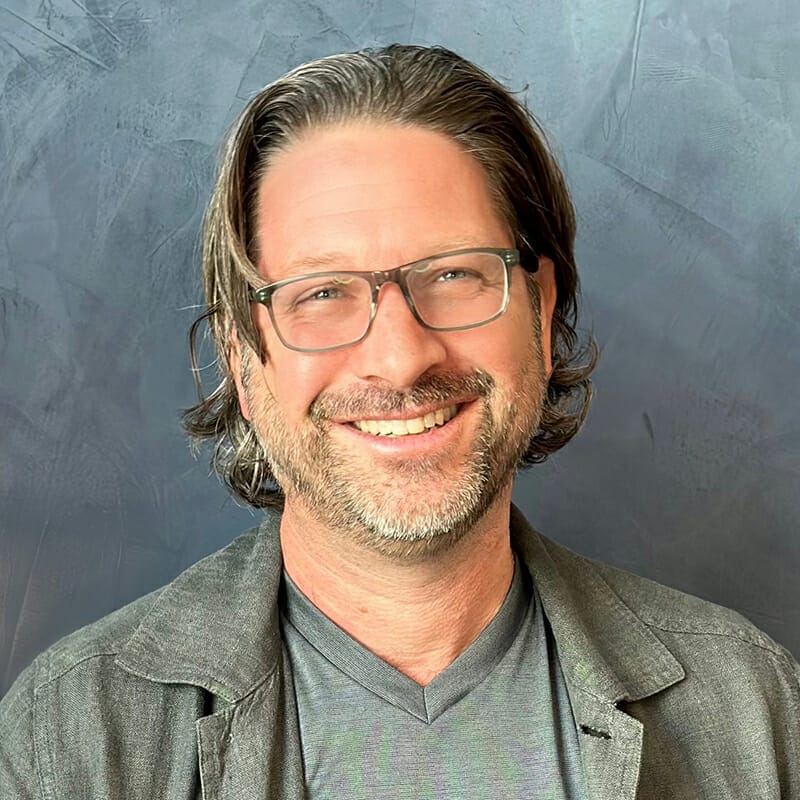
Pioneering Practitioner of Modern Revenue Generation and Sales & Marketing Strategies in the Digital Era; Founding CRO, HubSpot (NYSE:HUBS); Bestselling Author, “The Sales Acceleration Formula”; Senior Lecturer in the Entrepreneurial Management Unit, Harvard Business School; Venture Capitalist Who Helps Businesses Scale While Leveraging Salesforce Culture and Maximizing Success

Leading Economist and Digital Strategist Who Helps Organizations Understand AI’s Impacts on Business Economics, the Future of Work and Competitive Strategy; Assistant Professor of Operations, Information, and Decisions, the Wharton School, University of Pennsylvania; Co-Founder and CTO, Workhelix, Inc.; Fellow, Stanford Digital Economy Lab; Digital Fellow, MIT Initiative on the Digital Economy; AI2050 Early Career Fellow, Schmidt Sciences
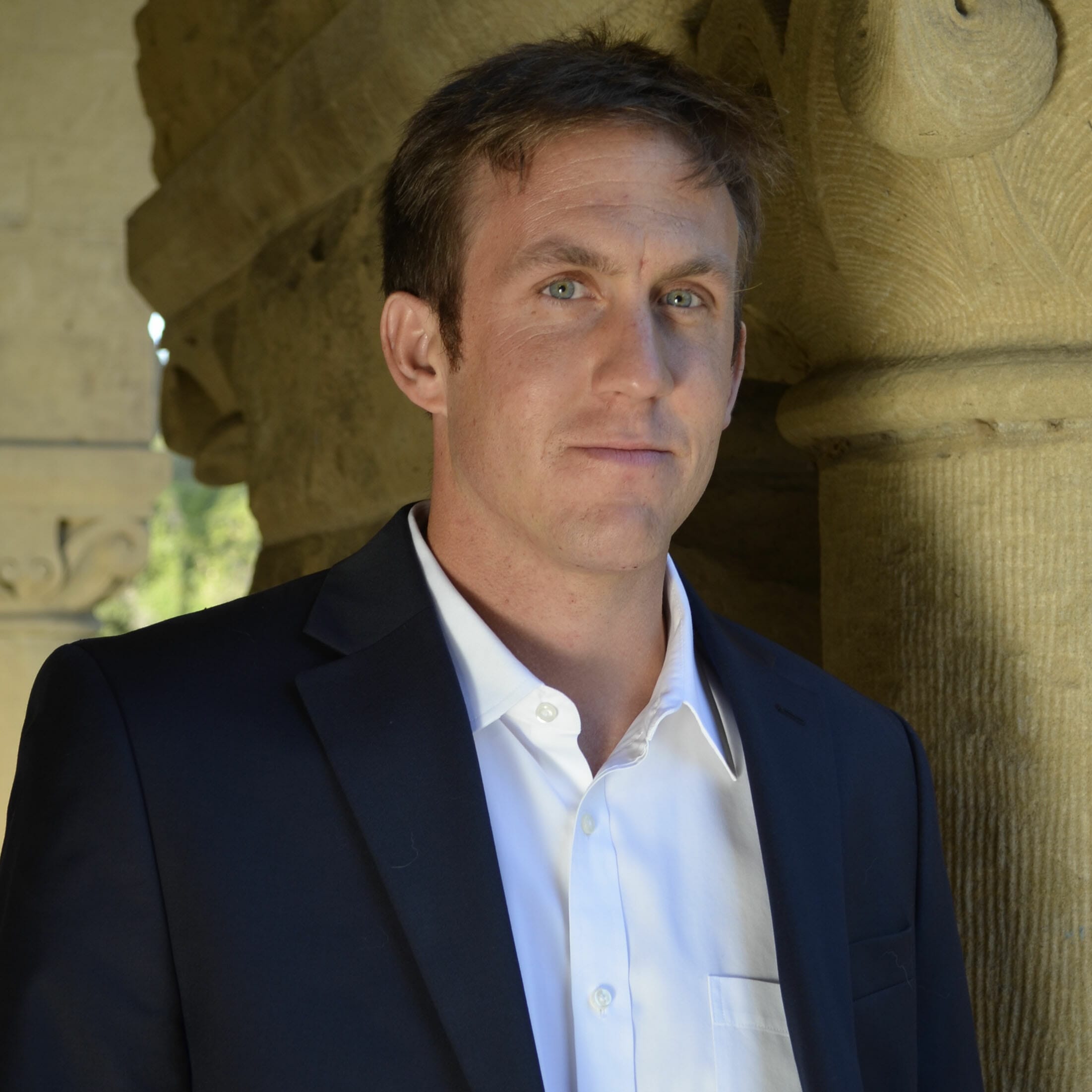
Renowned International Journalist Analyzing Culture, Economics and Global Policy; Writer, The New Yorker; Lecturer, UC Berkeley Graduate School of Journalism; Author, “The Alternative: How to Build a Just Economy” (January 2024)
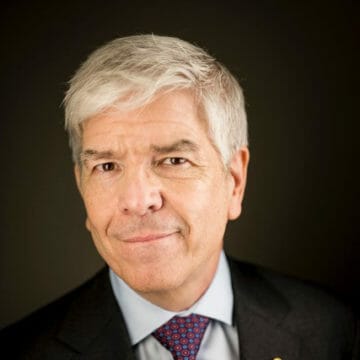
Nobel Laureate Economist and World-Renowned Authority on Leveraging Technology and Innovation to Drive Long-Term Growth; Pioneer of Endogenous Growth Theory and Leading Advocate for Charter Cities; Seidner University Professor and Leader, Center for the Economics of Ideas, Carroll School of Management, Boston College; Senior Fellow, Marron Institute of Urban Management; Covid-19 Economic Policy Advisor; Former Chief Economist and Senior Vice President of the World Bank
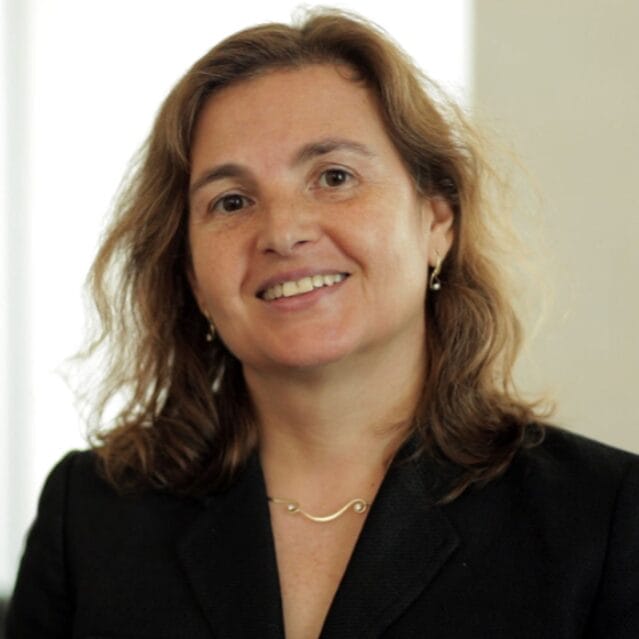
Top Global Researcher on Artificial Intelligence, Robotics and Computer Science Who Helps Public and Private Institutions Move Toward a Future Where Machines Are Integrated Into the Fabric of Life; Professor of Electrical Engineering and Computer Science, MIT; Director, MIT Computer Science and Artificial Intelligence Laboratory (CSAIL) and the MIT AI Accelerator; Co-Founder of Liquid AI, Themis AI, Venti Technologies and TRC; Board Member; Class of 2002 McArthur Fellow; Member, National Academy of Engineering and American Academy of Arts and Sciences; 2024 John Scott Award Recipient; Author, “The Mind’s Mirror” (2024), “The Heart and the Chip” (2024)

Award-Winning Organizational Economist Who Identifies Key Growth and Productivity Drivers by Measuring Management Practices and Leadership Behavior in Organizations Worldwide; Top Global Researcher Aligning Employee Reskilling Efforts with Business Strategy; Professor of Business Administration and Co-Chair, Project on Managing the Future of Work, Senior Associate Dean of Publishing, Harvard Business School; Co-Leader, Digital Reskilling Lab, Harvard Business School; Thinkers50 Radar, 2023; Co-Editor, Journal of Law, Economics and Organization
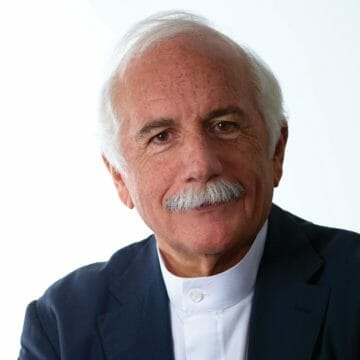
Renowned Architect and Urban Planner; Visionary on the Future of City Living; Influential Theorist, Author, Educator on Social-Activist Architecture; Recipient of Israel’s 2019 Wolf Prize for Architecture

Globally-Recognized Futurist, Business Strategist, Scenario Planning Expert and Strategic Planning Executive; Chief Futures Officer and Advisor to the Office of the CEO, Salesforce
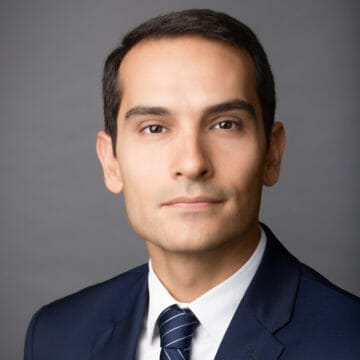
Pioneering Authority on Environmental, Social and Governance (ESG) Strategy and Implementation; Globally Recognized Corporate Investment Strategist, Researcher and Futurist; Award-Winning Professor of Business Administration and Faculty Chair of the Impact-Weighted Accounts Project, Harvard Business School; Co-Founder, RGS; Author, “Purpose and Profit” (2022)
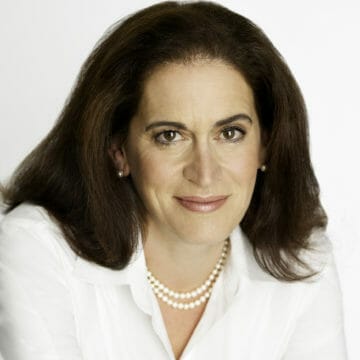
Top Leadership Advisor Helping Firms Remain Profitable While Working Toward a Better Future; Renowned Executive Educator and Expert on the Unique Areas Where Business, Society and Technology Overlap; Researcher on the Effects of AI in Human Spaces; Senior Associate Dean for Faculty Research and Development, Harvard Business School; New York Times Bestselling Author of “Work Mate Marry Love” (2020), “Wonder Women” (2014) and “The Baby Business” (2006)

Internationally Renowned Strategy and Leadership Expert Whose Practical Frameworks Help Organizations Leverage Input From All Levels of Their Business To Create Successful Long-Term Strategies; Groundbreaking Researcher Demonstrating How to Leverage Generative AI for Competitive Advantage; Skilled Facilitator of Interactive Scenario Planning Workshops; Strategic Management Professor, Warwick Business School; Forbes Contributor; Bestselling Co-Author, “Open Strategy”

Globally Recognized Authority on U.S.-Russian Relations Who Advises Governments and the Private Sector on Challenges From Russia to Global Security in the Coming New Cold War; Former Director, Center for Eurasian, Russian and East European Studies, Georgetown University; Nonresident Senior Fellow, Brookings Institution; Former National Intelligence Officer for Russia and Eurasia; Award-winning Author, “The Limits of Partnership” and “Putin’s World”
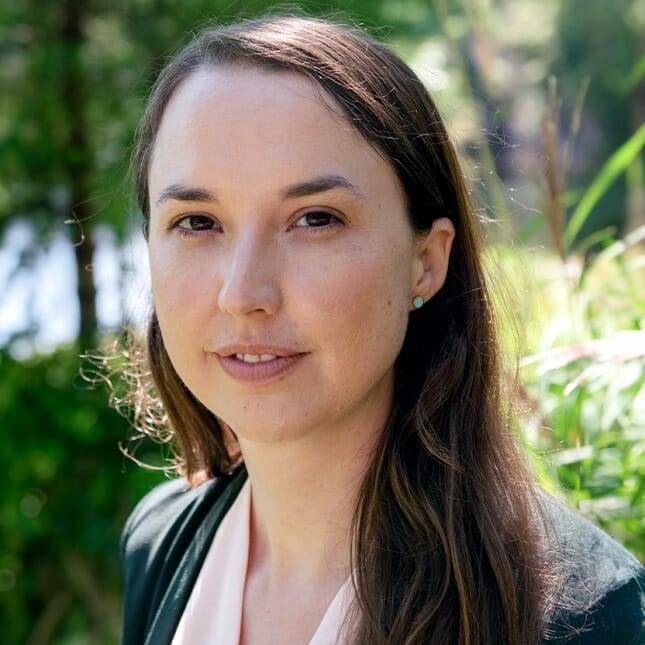
Renowned Climate and Energy Policy Expert, Policy Strategist and Researcher Helping Leaders Build Clean Energy Practices into Their Long-Term Plans to Secure the Future; Award-Winning Author, “Short Circuiting Policy”; Co-Host of Top Climate Podcast “A Matter of Degrees”; Associate Professor of Environmental Politics, University of California, Santa Barbara; 2023-24 Fellow, Harvard University Radcliffe Institute; Senior Policy Counsel, Rewiring America; Named to 2022 TIME100 Next and Business Insider 2022 Climate Action 30 Lists

Internationally Recognized Authority on Building Institutional Trust and Moral Leadership; Expert Who Helps Leaders Understand the Impacts of Layoffs on Individuals and Organizations; Bestselling Co-Author, “The Power of Trust” (July 2021); Former Corporate Executive Specializing in Business Process Improvement; Professor of Management Practice, Harvard Business School
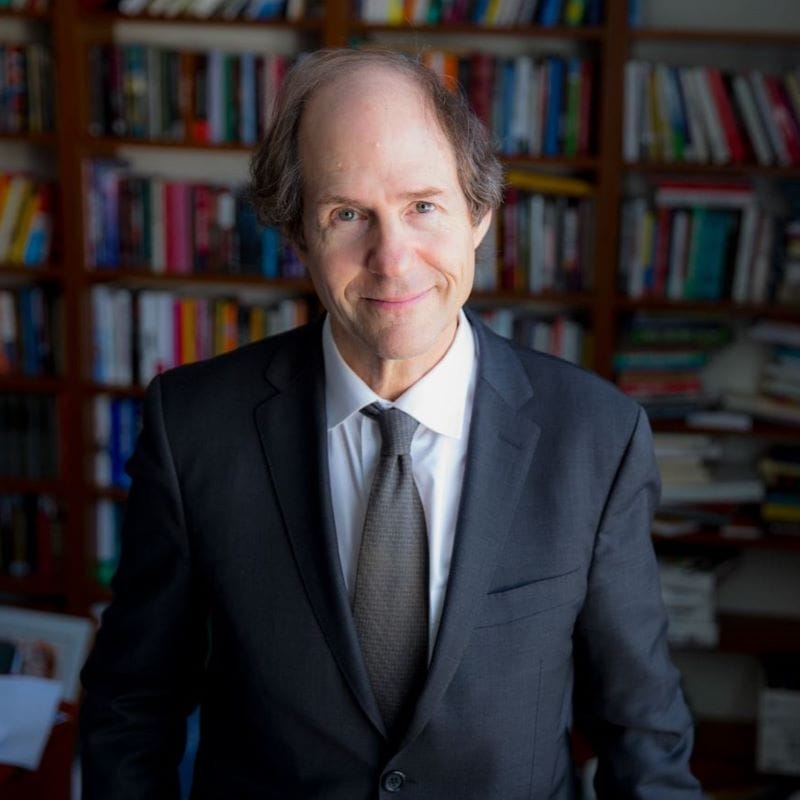
Foremost Authority on Leveraging Behavioral Economics Principles for Persuasion and Influence on Employees, Customers and Populations; Preeminent Legal Scholar and Winner of the Holberg Prize; New York Times Bestselling Co-Author, “Nudge”; Award-Winning Co-Author, “Noise”; Co-Author, “Look Again” (2024); Former Administrator, White House Office of Information and Regulatory Affairs; Professor, Harvard Law School
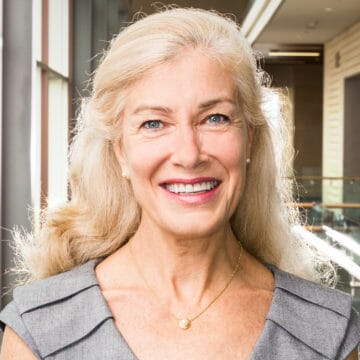
Health Care Transformation Visionary and Pioneer in Value-Based Care Delivery; Inaugural Recipient, ICHOM Michael E. Porter Lectureship (2024); Professor, Dell Medical School, University of Texas at Austin; Harvard Institute for Strategy and Competitiveness; Former Executive Director, Value Institute for Health and Care

Global Economist and Computer Scientist Helping Organizations Predict AI’s Future and How New Technology Fits Into Strategic Planning; Authority on the Economics of Generative AI, the Impact of Technology on the Future of Work, Quantum Computing and Competitive Strategy; Director, MIT Computer Science & A.I. Lab FutureTech Research Project; Principal Investigator, MIT Initiative on the Digital Economy

Leading Expert on Building Movements and Transforming Organizations; Co-Author of the International Bestseller, “New Power”; Co-Founder #GivingTuesday; Hauser Visiting Leader, Harvard Kennedy School; Visiting Fellow, Stanford University; CEO, Brunswick Group; Past President and CEO, Lincoln Center for the Performing Arts

Award-Winning Operations Strategist Whose Profit-Driving Good Jobs Framework Improves Investor, Customer and Employee Lives; Professor of the Practice, MIT Sloan School of Management; Named One of the World’s 40 Best Business School Professors Under 40, Poets & Quants; Founder, Good Jobs Institute (GJI); Author, “The Good Jobs Strategy” and “The Case for Good Jobs” (June 2023); Named Among the Top 50 Management Thinkers in the World in 2023 and Winner, 2023 Talent Award, Thinkers50

Innovative Global Executive Who Helps Leaders Leverage Emerging Technology to Accelerate Organizational Growth; Business Strategy and Human Resources Expert; Chairperson, Abercrombie & Fitch; Senior Advisor, Blackstone; Chairman and Co-Owner, Leyton Orient Football Club; Bestselling Author, “The Challenge Culture”

Globally Recognized Authority on the Emotional and Social Impact of Technology on Psychology, Society and Business; Sociologist and Licensed Clinical Psychologist Underscoring the Critical Role of Empathy and Human Connection in an AI-Driven Era; Chaired Professor, Sociology of Science and Technology, and Founding Director of the Initiative on Technology and Self, MIT; Author of Pathbreaking Books on the Human Side of Technology, including “The Second Self” and “Life on the Screen,” The New York Times Bestseller, “Reclaiming Conversation,” and The New York Times Editor’s Pick Best Book of the Year, “The Empathy Diaries” (2021)

Pioneering Authority on Platform Business Models Helping Organizations Better Compete in the Digital Economy; Expert on Digital Transformation, IT Strategy and Leveraging Network Effects and Third-Party Users; Information Economist, Digital Scientist and Researcher; Co-Author of the International Bestseller, “Platform Revolution” (2016); Winner, 2019 Digital Thinking Award and Named Among the Top 50 Management Thinkers in the World in 2023 and 2021, Thinkers50; Herbert Simon Award Winner for Research With Impact; Questrom Chair of Information Systems, Boston University; Visiting Scholar, Harvard Berkman Klein Center for Internet & Society Institute for Rebooting Social Media

Acclaimed Author, Journalist and Leading Thinker on the Future Who Explores Advancements in Emerging Technologies, Public Health and Climate Change; Policy Practitioner Forging Partnerships Across the Private and Public Sectors to Advance the Health of People and the Planet; Columnist and Editor-At-Large for Strategy and Innovation, The Washington Post; Senior Lecturer, MIT Program on Science, Technology, and Society; Former Senior Advisor for Climate Change Innovation, Obama White House; Author, “The Optimist’s Telescope”
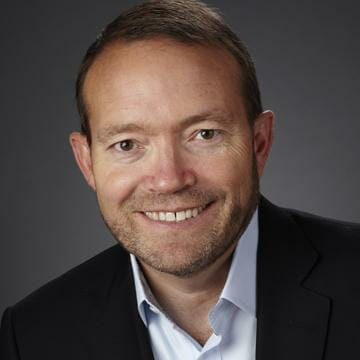
Pioneering Health Care Reform Expert Helping Organizations Transform the Patient Experience and Focus on Measuring Outcomes; Champion of Value-Based Health Care Delivery; Former Technology CEO; Presidentially-Appointed Chair of Commission on Systemic Interoperability; Co-Founder, Certification Commission for Healthcare Information Technology; Associate Professor & Managing Director, Value Institute for Health and Care, University of Texas at Austin Dell Medical School and McCombs School of Business; Co-Creator of Experience Group Research Methodology
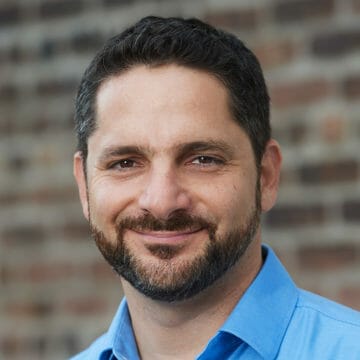
Applied Futurist and Social Systems Expert Who Teaches Leaders How to Understand, Create and Execute Strategies That Ensure Positive Long-Term Generational and Environmental Impacts; Founder and Executive Director, Longpath Labs; Founder and CEO, Synthesis Corp.; Former Adjunct Associate Professor, Columbia University’s School of International and Public Affairs; Host, PBS’s “A Brief History of the Future” (2024)

Global Technology Ethnographer, Social Scientist and Consultant Working at the Intersection of Data and Humanity to Ensure Technology Serves Humanity to Foster Social Impact While Helping Companies Unearth Pivotal Customer Behavior Insights to Unlock Growth; Co-Founder, Sudden Compass; Member, World Economic Forum Global Futures Data Council; Fulbright Fellow and National Science Foundation Fellow; Advisor, Dangerous Ventures, ReSeed.Farm, SKU

Top-Cited Expert on China, its Technology Capabilities Today and How They Will Evolve in the Future; Economics Researcher Studying US and China Innovation, Sustainability and Regulatory Actions With a Focus on Export Controls and Multinational Investment Activities; Research Fellow, Hoover History Lab, Stanford University; Former Chief Technology Analyst, Gavekal Dragonomics and Fellow, Yale Law School’s Paul Tsai China Center; Author, “Breakneck: China’s Quest to Engineer the Future” (Fall 2025)

Authority on Designing the Future of Earning and Learning in the Age of Longevity; Upskilling and Reskilling Visionary Helping Organizations Build Talent, Not Just Buy It; Chief Impact Officer, Kern Family Foundation; Award-Winning Author, “Long Life Learning”
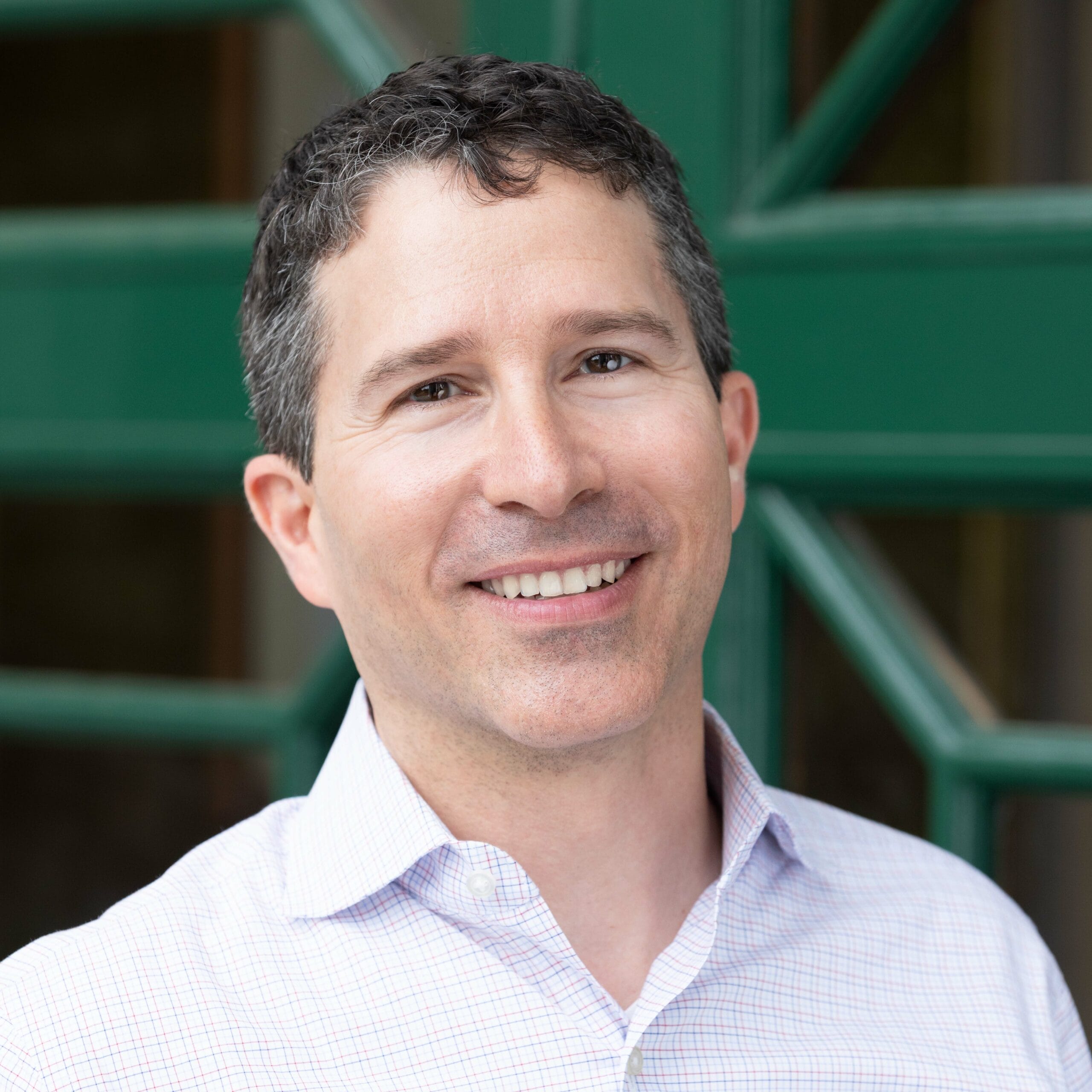
Leading Expert on Invention and Innovation for Problem Solving in Government and Longstanding Institutions; Top Advisor Helping Leaders in All Sectors Elevate Their Knowledge of Generative AI and Explore How to Deploy it Within Their Organizations; Acclaimed Author, “We the Possibility;” Award-Winning Professor of Management Practice, Harvard Business School
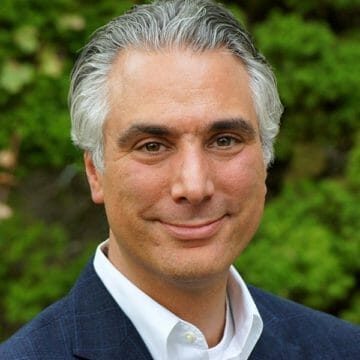
Leading Expert on the Business, Legal and Public Policy Implications of Emerging Technologies; Authority on the Future of Blockchain and its Implications for Trust in Business and Society; Professor of Legal Studies and Business Ethics, The Wharton School; 2021 Recipient of the Aspen Institute‘s Ideas Worth Teaching Award; Author, “For the Win” (Revised, November 2020)

Pioneering Authority on Digital Transformation Strategies That Drive Competitive Advantage; Technology Futurist and Award-Winning Author of “Leading Digital”; Senior Lecturer, MIT Sloan School of Management; Principal Research Scientist, MIT Office of Open Learning; Founder, The Global Opportunity Initiative
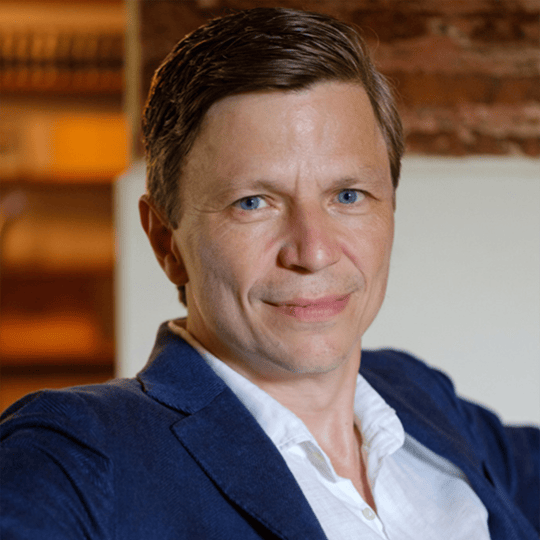
Award-Winning Growth and Strategy Executive Helping Companies Innovate and Transform Into Ethical and Responsible Customer-Centric Organizations; Worldwide Digital Transformation and Value Proposition Design Expert Who Helps Create Great Brands; Former Vice President, CEO Co-Innovation and Customer Engagement, Microsoft; Investor/Entrepreneur in Residence, Goizueta Business School, Emory University; Upcoming Co-Author, “Scaling Genius” with Linda A. Hill

Renowned Climate Change Strategist, Author and Expert on How Organizations and Changemakers Can Lead on Climate; Trusted Advisor to Business and Government Leaders, Investors, Organizations and Communities; Senior Writer, New York Times Bestseller “Drawdown” (2017); Editor-in-Chief, “The Drawdown Review” (2020); Co-Editor, “All We Can Save” (2020); Co-Host, “A Matter of Degrees” Podcast; Co-Founder, The All We Can Save Project; One of 15 “Women Who Will Save the World,” Time Magazine
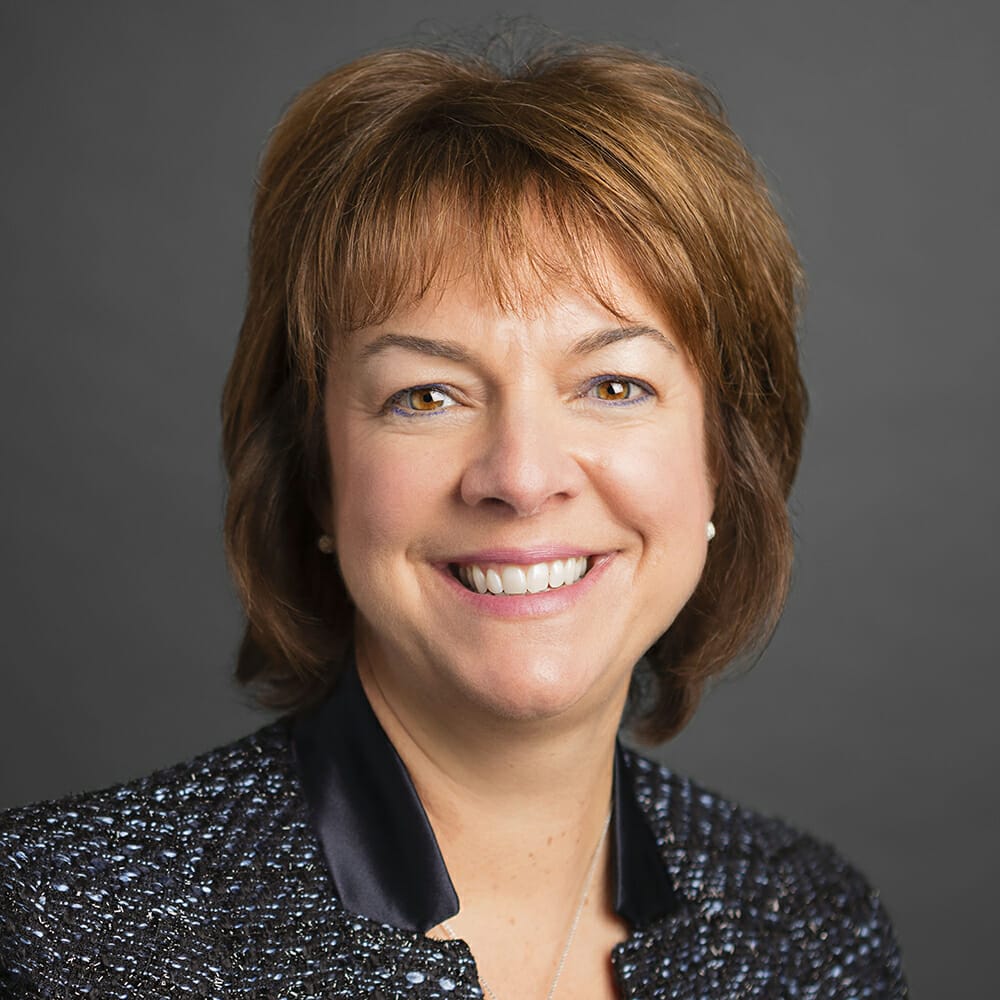
Award-Winning Professor, Case Writer, and Thought Leader Whose Three Decades of Data Monetization Research Includes Topics Ranging From Data Monetization Strategy and Scaling AI to Data Sharing and Acceptable Data Use; Principal Research Scientist, MIT Sloan Center for Information Systems Research (CISR); Award-Winning Author, “Data is Everybody’s Business” (2023)
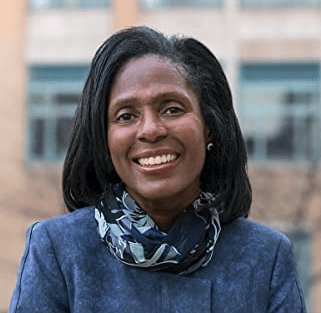
Pioneering Organizational Strategy Scholar and Practitioner Helping Leaders Build Inclusive, Positive and Resilient Cultures; Award-Winning Authority on Crisis Leadership, Women’s Leadership and Management Strategies That Nurture the Highest Level of Human Potential; President, Simmons University; Named “Next Generation Business Thinker” by Financial Times; Co-Author of Wall Street Journal, USA Today and Publishers Weekly Bestseller “Arrive and Thrive” (April 2022) and “The Prepared Leader” (September 2022)
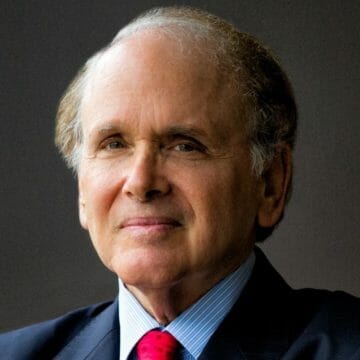
Global Authority on Energy, Geopolitics and the Business, Economic and Societal Impacts of the Changing Energy World; Pulitzer Prize-Winning, Bestselling Author; Vice Chairman, S&P Global; Chairman, CERAWeek; Director, Council on Foreign Relations; Trustee, Brookings Institution; Author, “The New Map” (2020), “The Prize” (2011, Pulitzer Prize Winner), “The Quest” (2011) and “The Commanding Heights” (2002); 2020 Energy Writer of the Year

Visionary Gaming Entrepreneur and Innovator Bringing About the Future of Technology at the Intersection of AI, Entertainment and Social Platforms; Machine Learning Expert Exploring the Social Impacts of AI and Ethical Technology; Former President and Chief Strategy Officer, NCSOFT; Board Member, Center for Asia Pacific Policy; Member of the Board of Trustees, Carnegie Endowment for International Peace; Visiting Innovation Scholar, MIT School of Engineering; Author, “Push Play” (March 2024) and “Mosaic of Minds” (May 2024)

The World’s Preeminent Authority on Reputation, Trust, Inequality and Successful Branding for People, Businesses, Governments and Other Institutions; Founding Director, Oxford University Centre for Corporate Reputation; Co-Author of the Bestseller, “The Reputation Game”
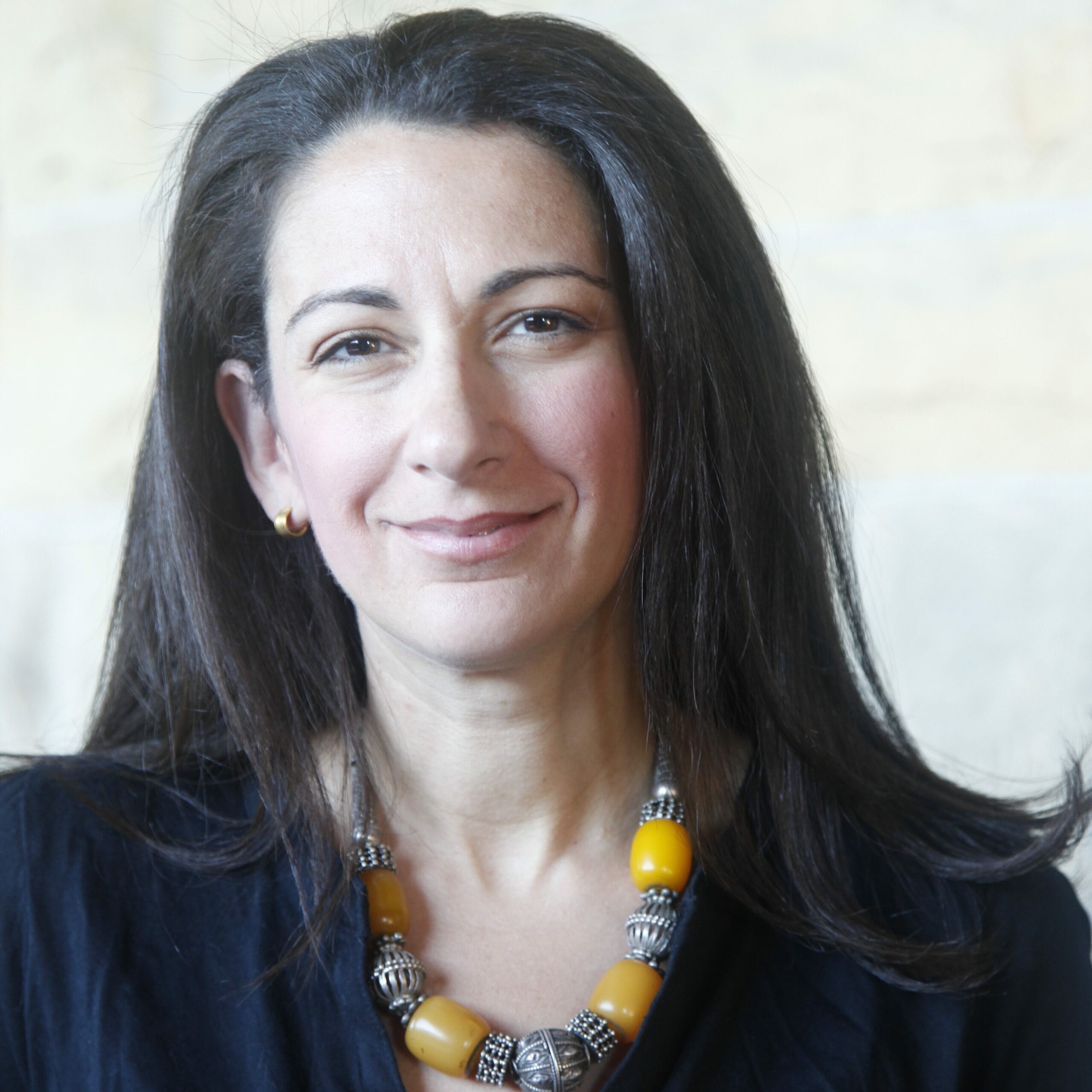
World Renowned Communication Practitioner Helping Executives and High Potentials Deploy Rich Storytelling Strategies to Craft Effective Internal and External Messaging; Versatile and Skilled Moderator on Complex Issues Ranging from Artificial Intelligence to Foreign Policy; Journalism Lecturer, Stanford University Department of Communication; Former Jerusalem Bureau Chief and Middle East Correspondent, Washington Post; Former State Department Correspondent, Bloomberg News; Co-Author, “Polarization and the Press” (2024) and “How to Report Responsibly on Hacks and Disinformation”

AI Practitioner and Entrepreneur Revealing Practical Applications for Generative AI in Business; Leading Expert on Living an Intentional Life Whose Tangible Frameworks Help Leaders Better Navigate Uncertainty, Boost Resilience and Lead With Purpose; Founder, Filtered Technologies; Author, “Timeboxing: The Power of Doing One Thing at a Time” (2024)

Award-Winning Behavioral Scientist Tackling Critical Social and Environmental Challenges with Solutions That Promote Climate and Financial Sustainability; Associate Professor, Psychology and Institute for Resources, Environment and Sustainability (IRES), University of British Columbia (UBC); Principal Investigator, UBC Behavioral Sustainability Lab; Co-Creator, “Happy Climate” Workshop; Editor, “Cash Transfers for Inclusive Societies” (2023)

Influential, No-Holds-Barred Tech Industry Analyst Challenging the Broken “Growth at All Costs” Mindset and Revealing Practical Steps to Getting Back to Creating Products and Services People Love; Host, Award-Winning “Better Offline” Podcast; Author, “Why Everything Stopped Working” (Portfolio, 2026) and “Where’s Your Ed At” Newsletter; Founder and CEO, EZPR
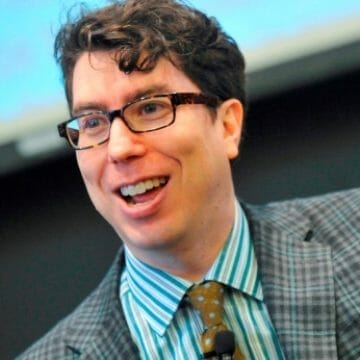
Renowned Expert on the Exquisitely Difficult Problems of Technology Governance, Including Artificial Intelligence, Distributed Computing, Privacy and Cybersecurity; Exceptional Moderator; George Bemis Professor of International Law, Harvard Law School, Professor of Public Policy, Harvard Kennedy School of Government, and Professor of Computer Science, Harvard School of Engineering and Applied Sciences; Co-Founder and Faculty Director of the Berkman Klein Center for Internet & Society; Director, Harvard Law School Library